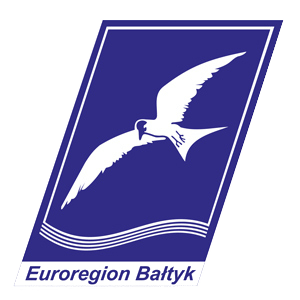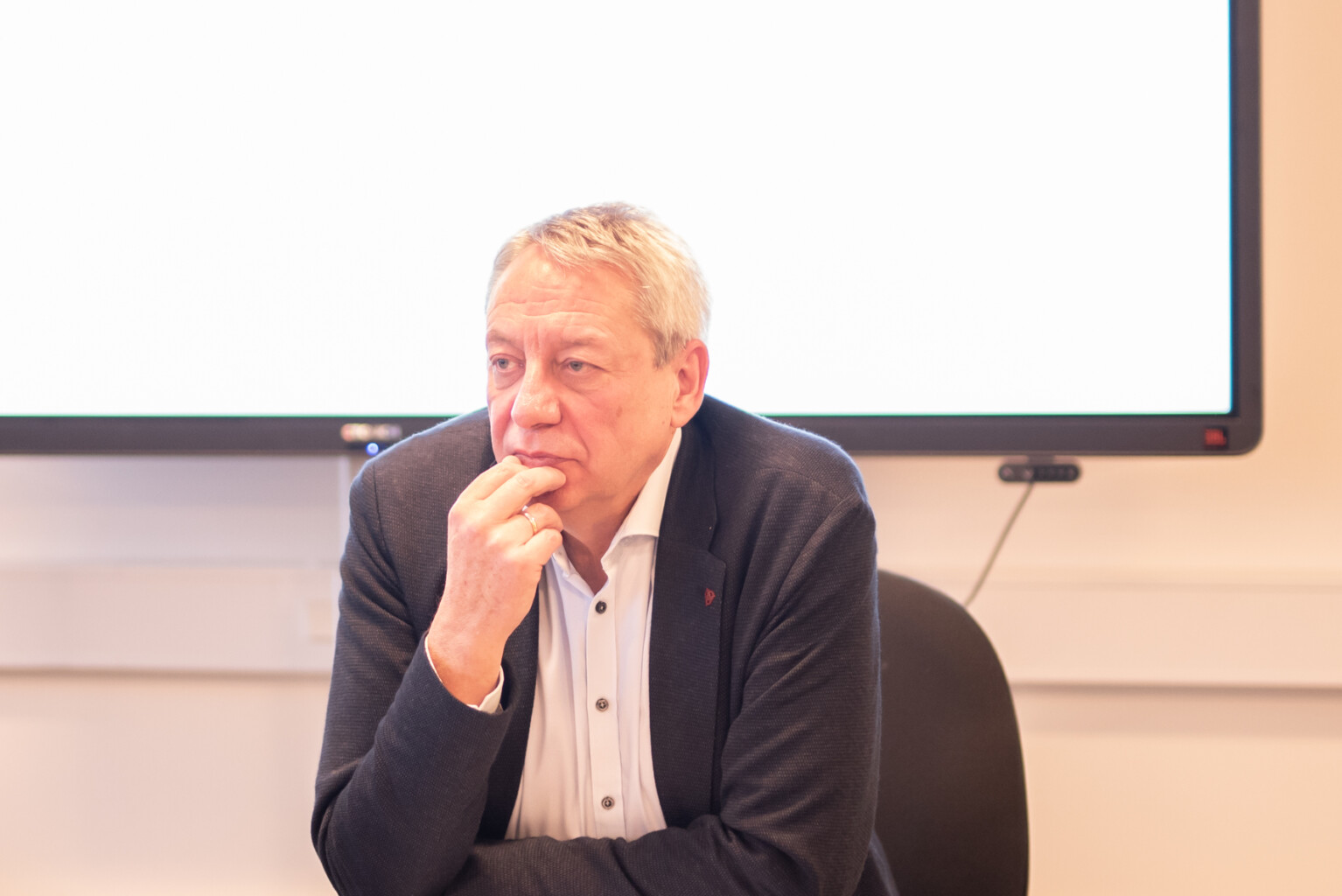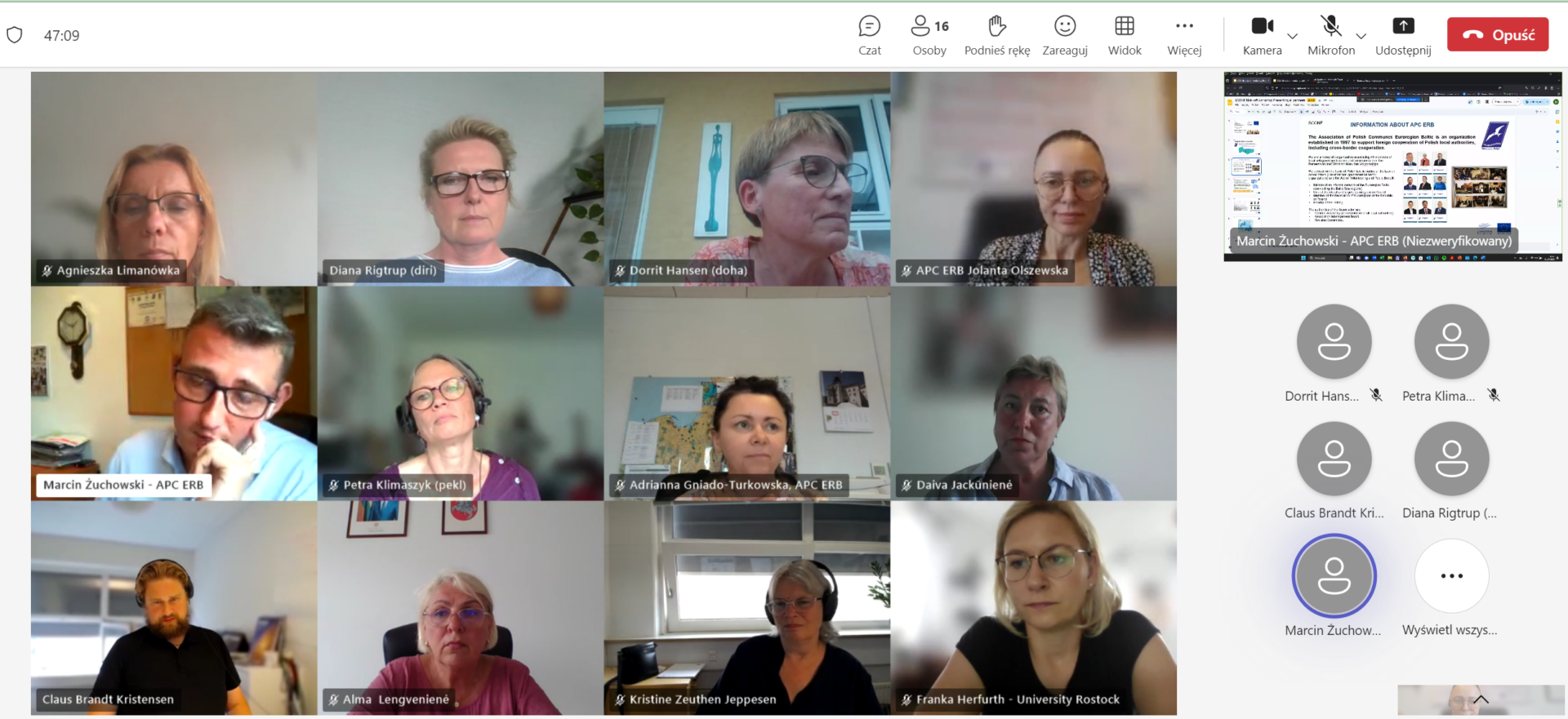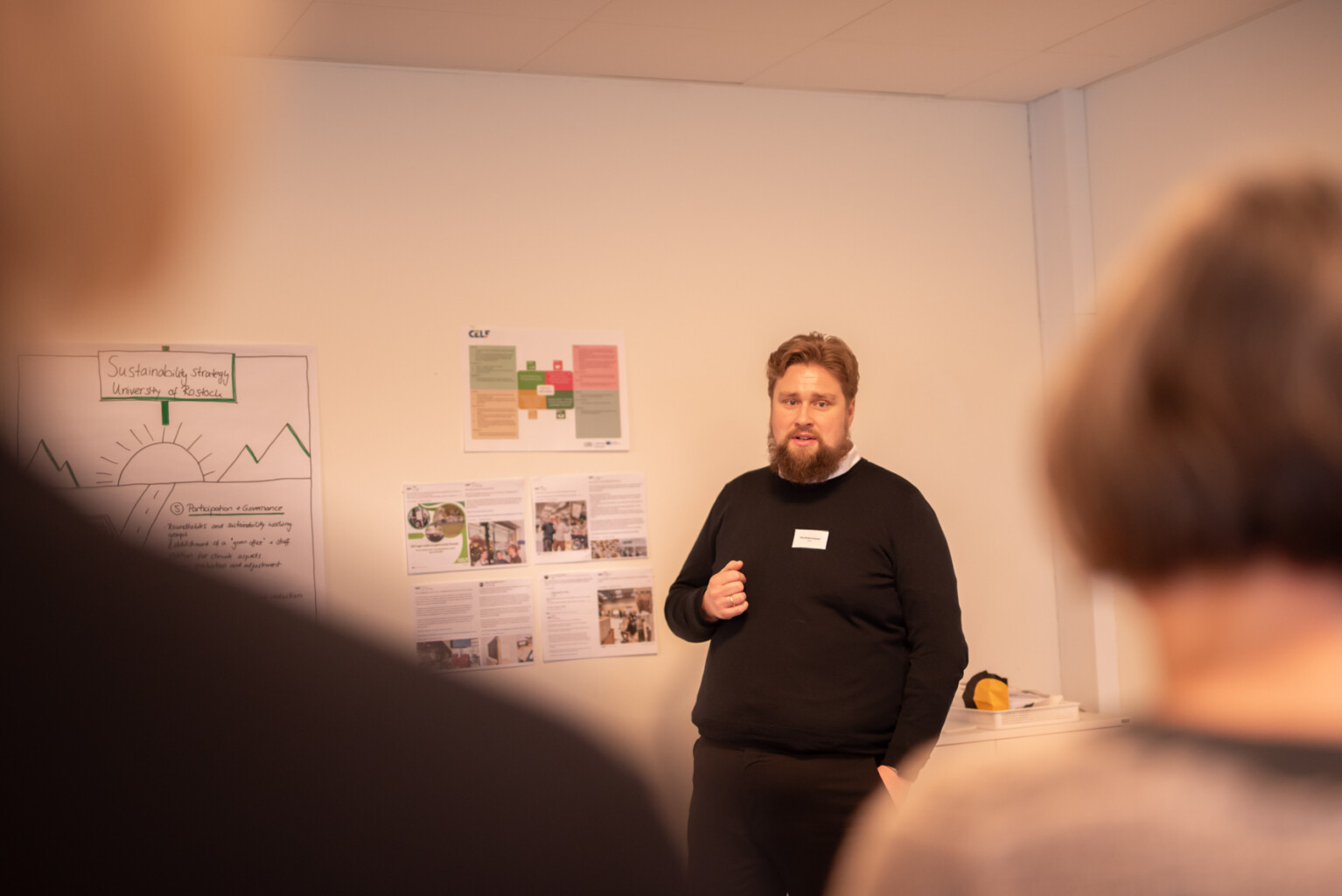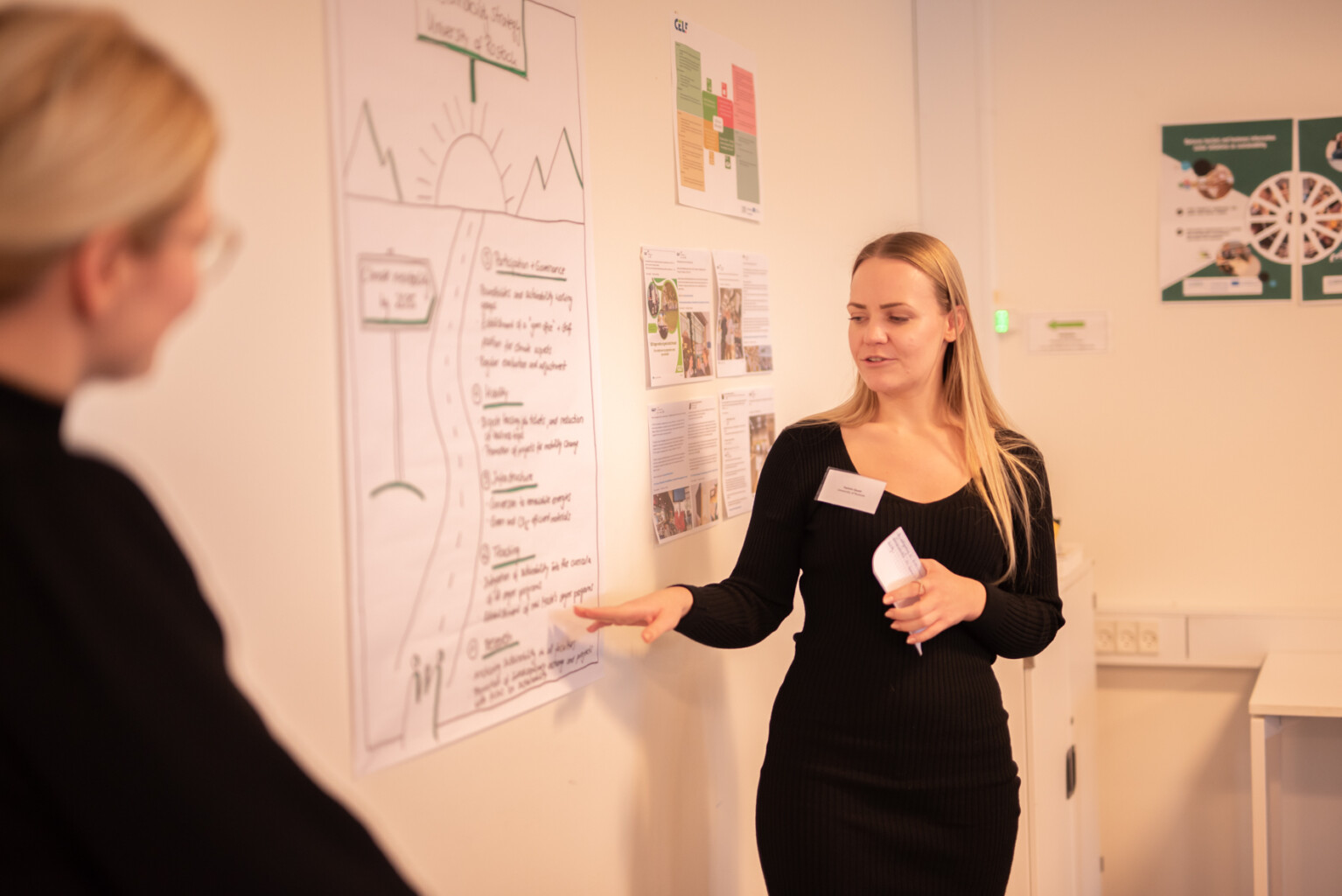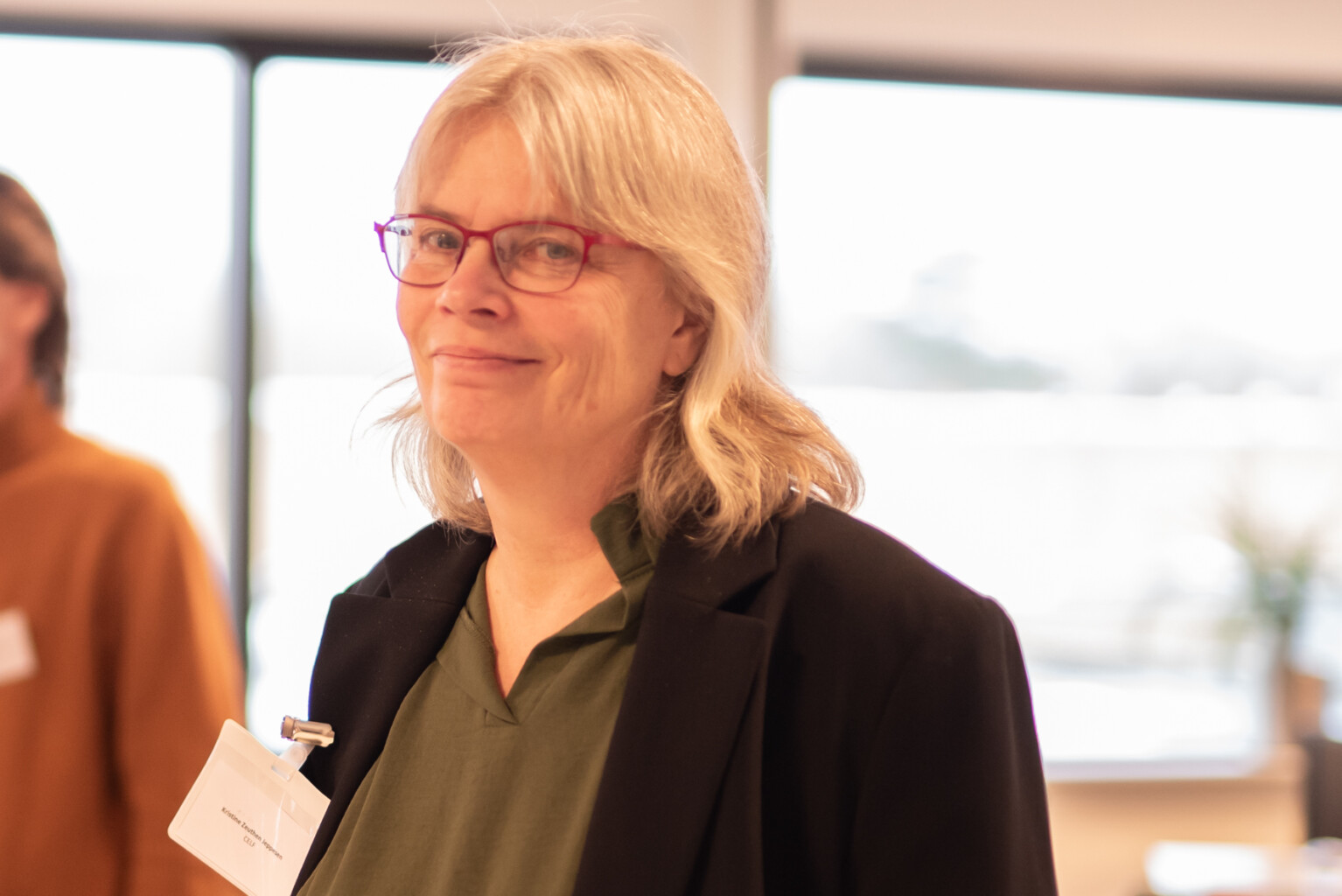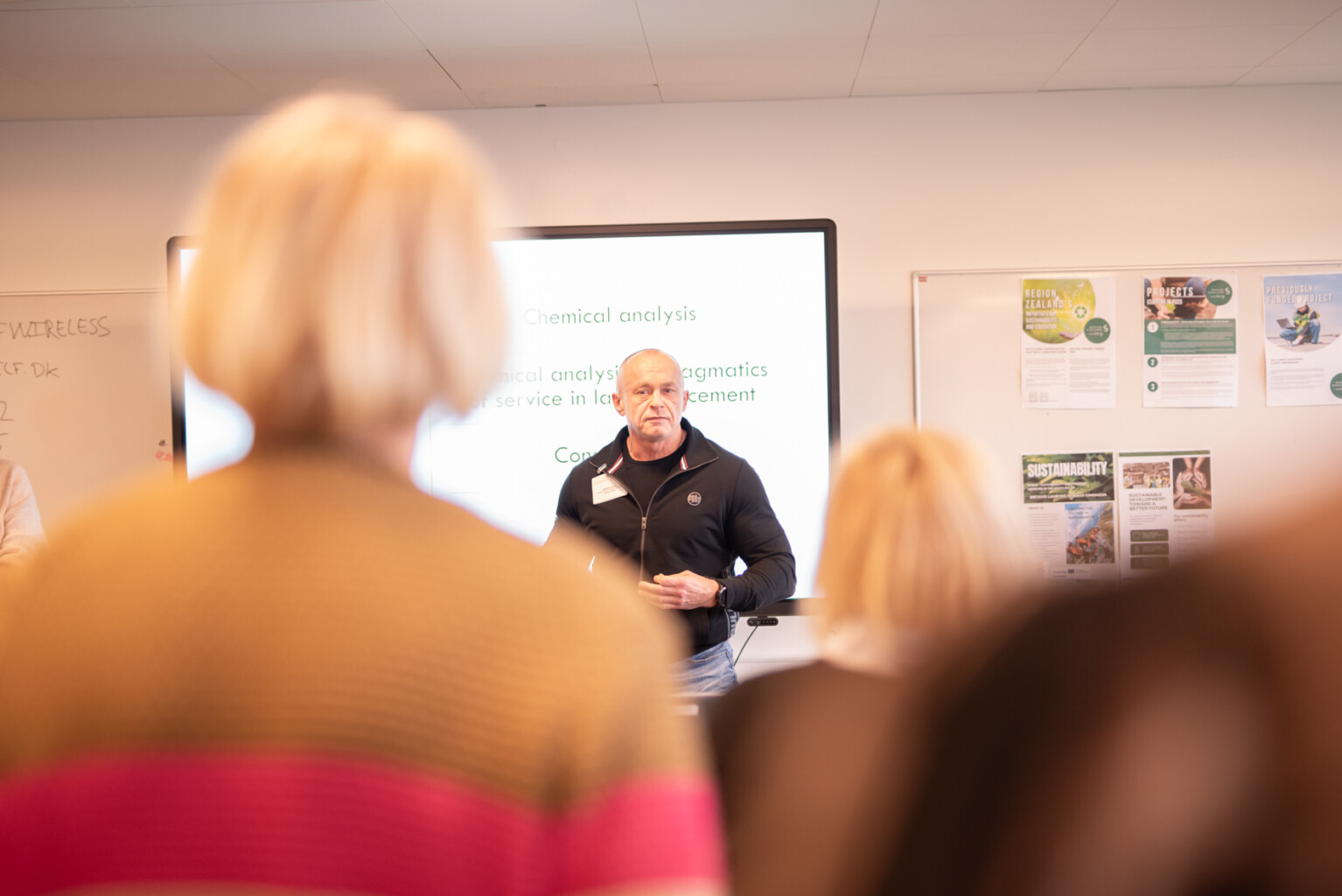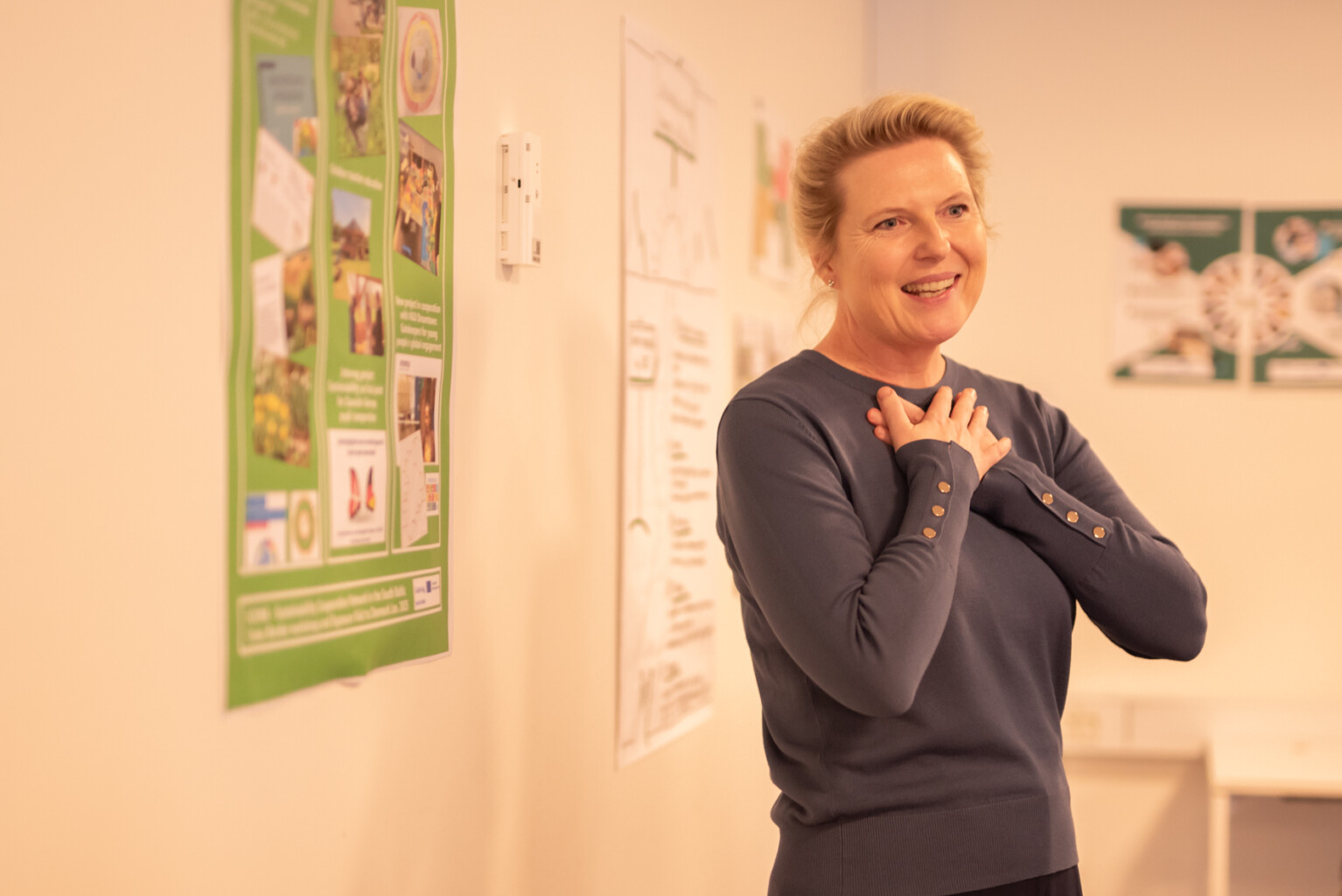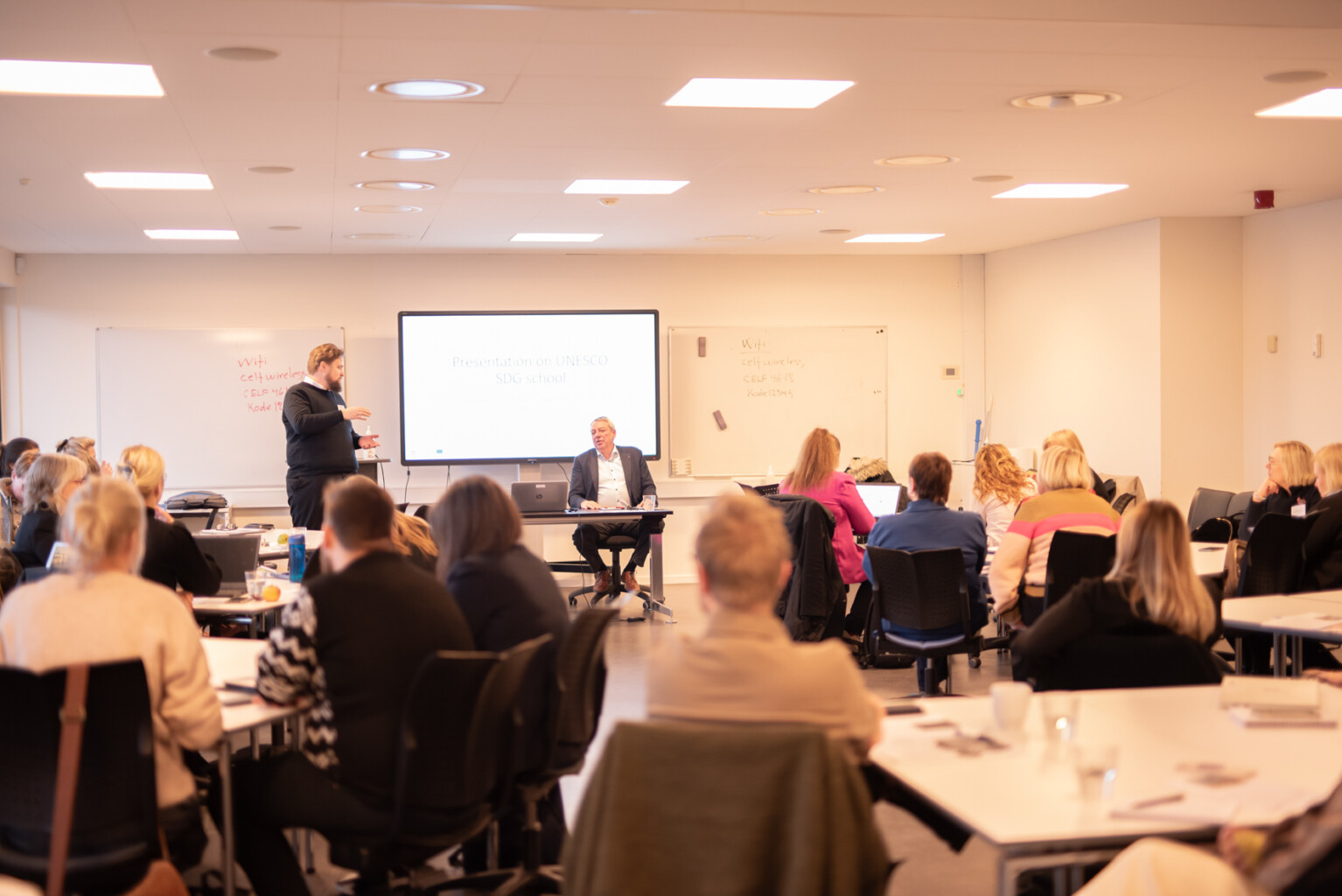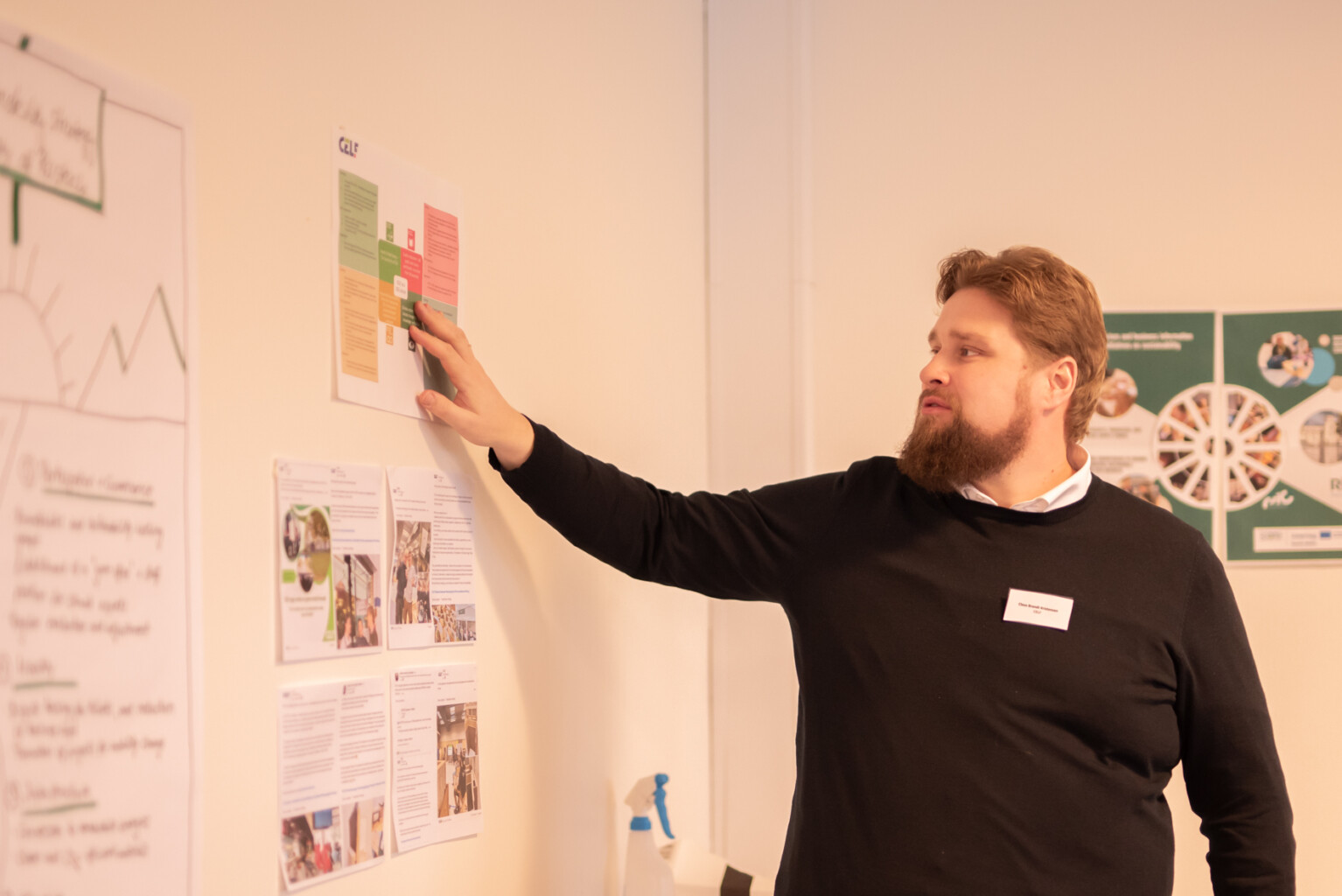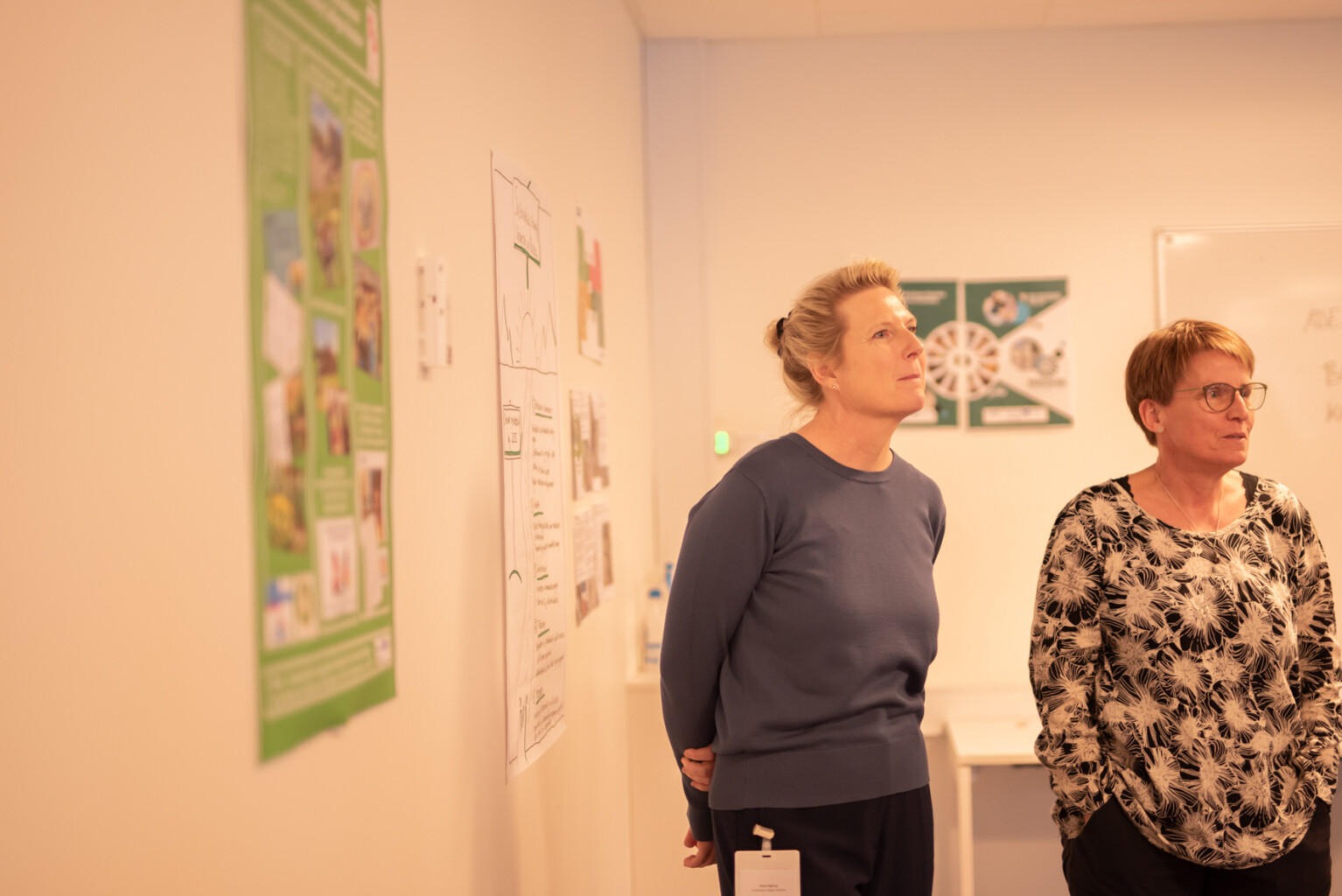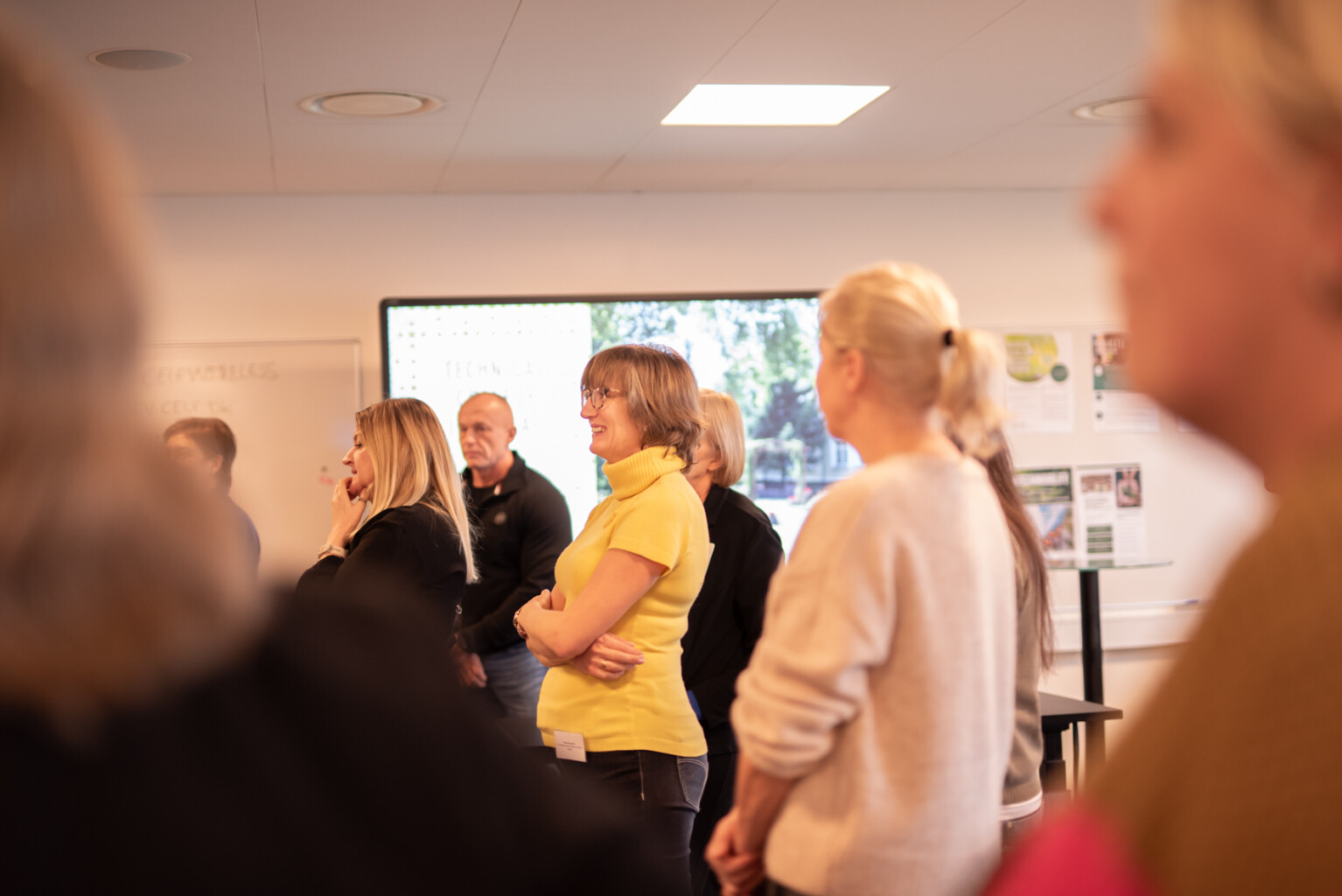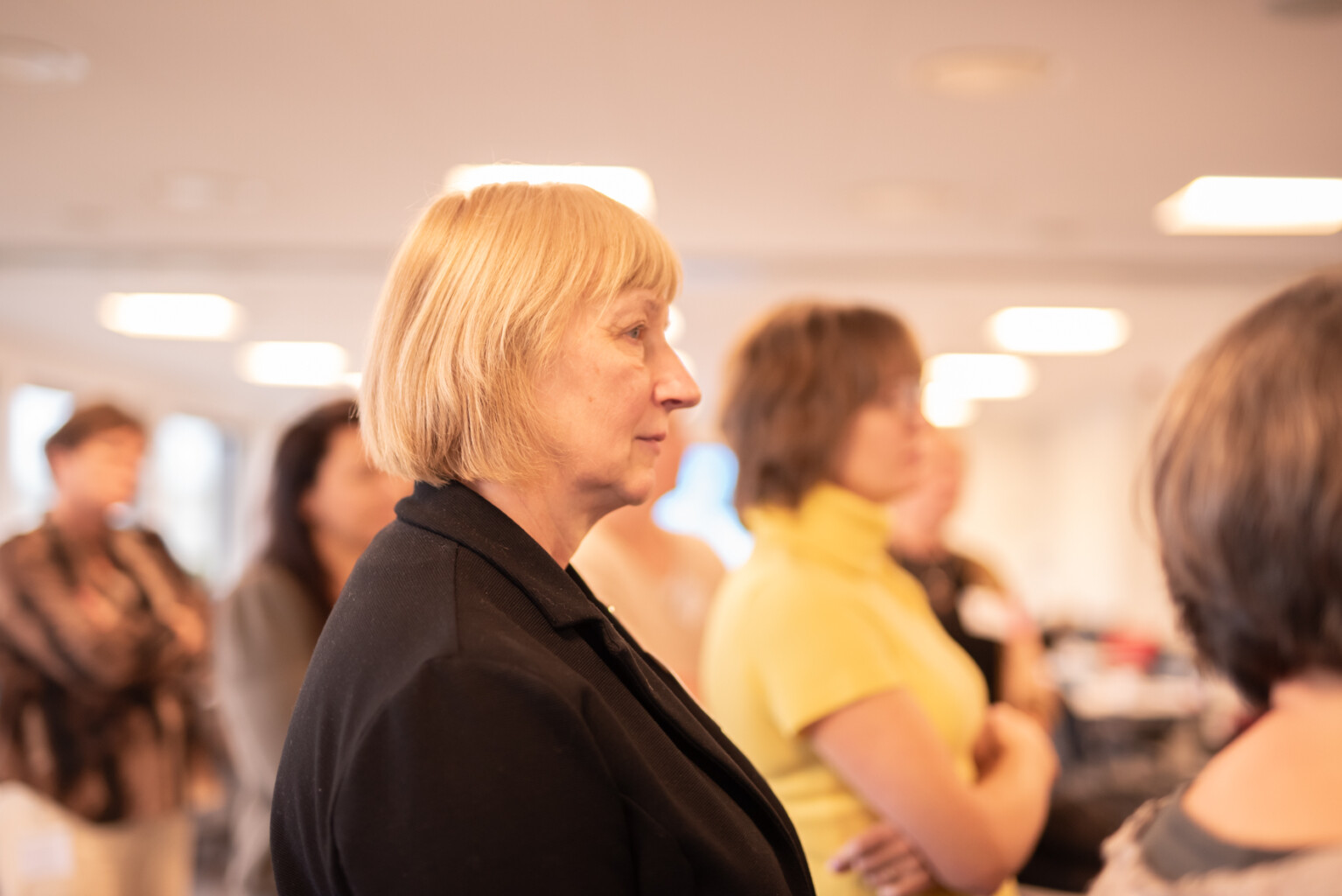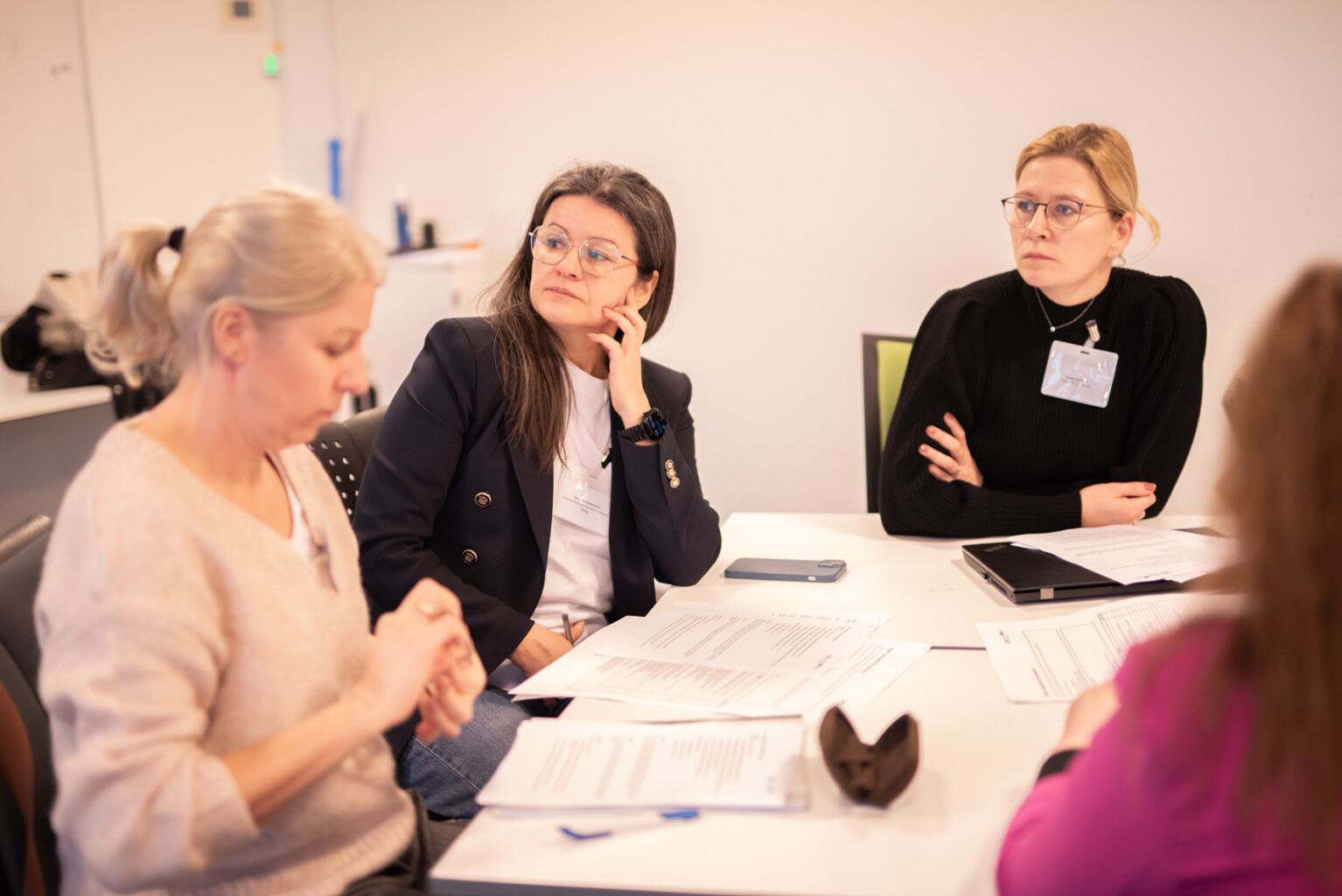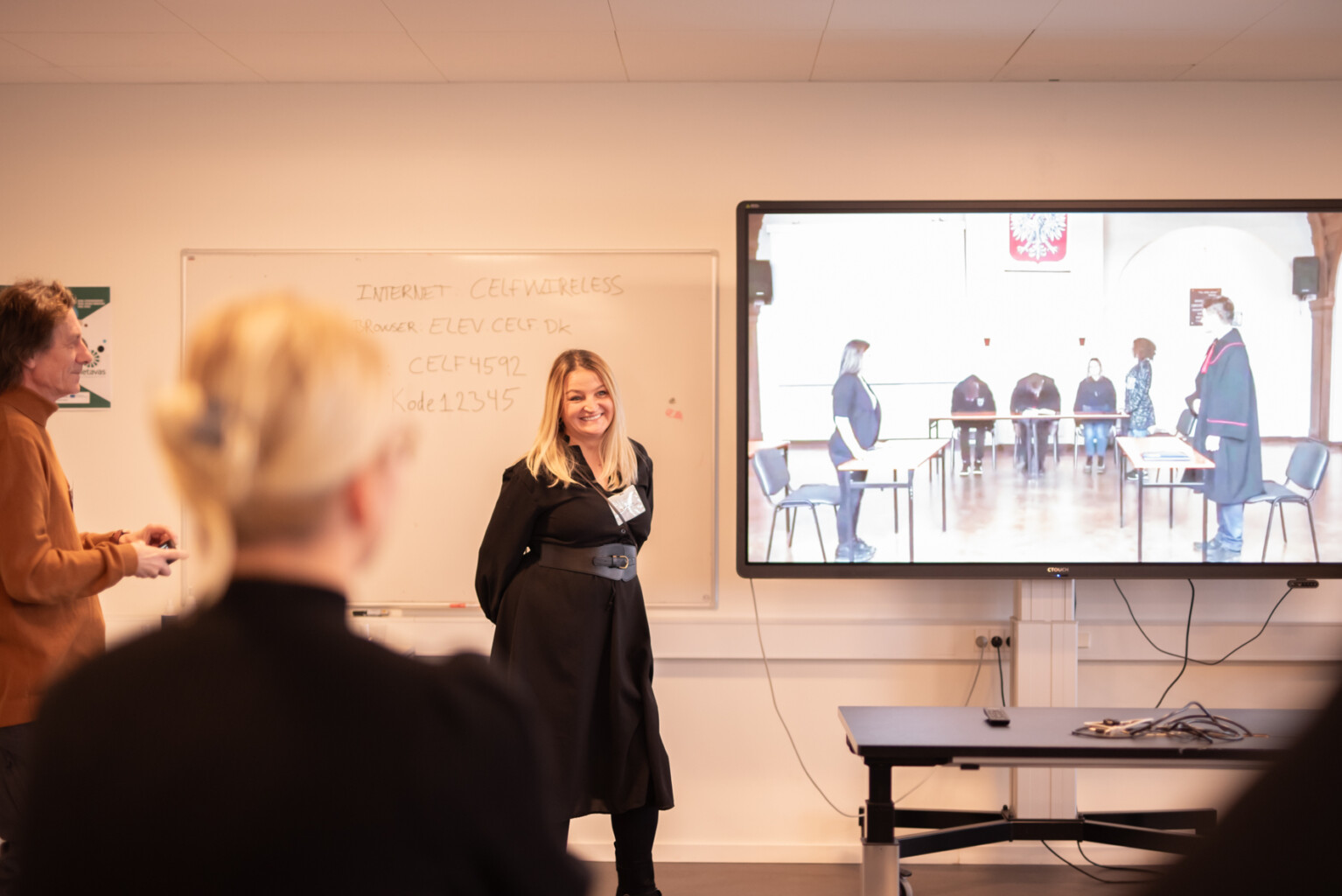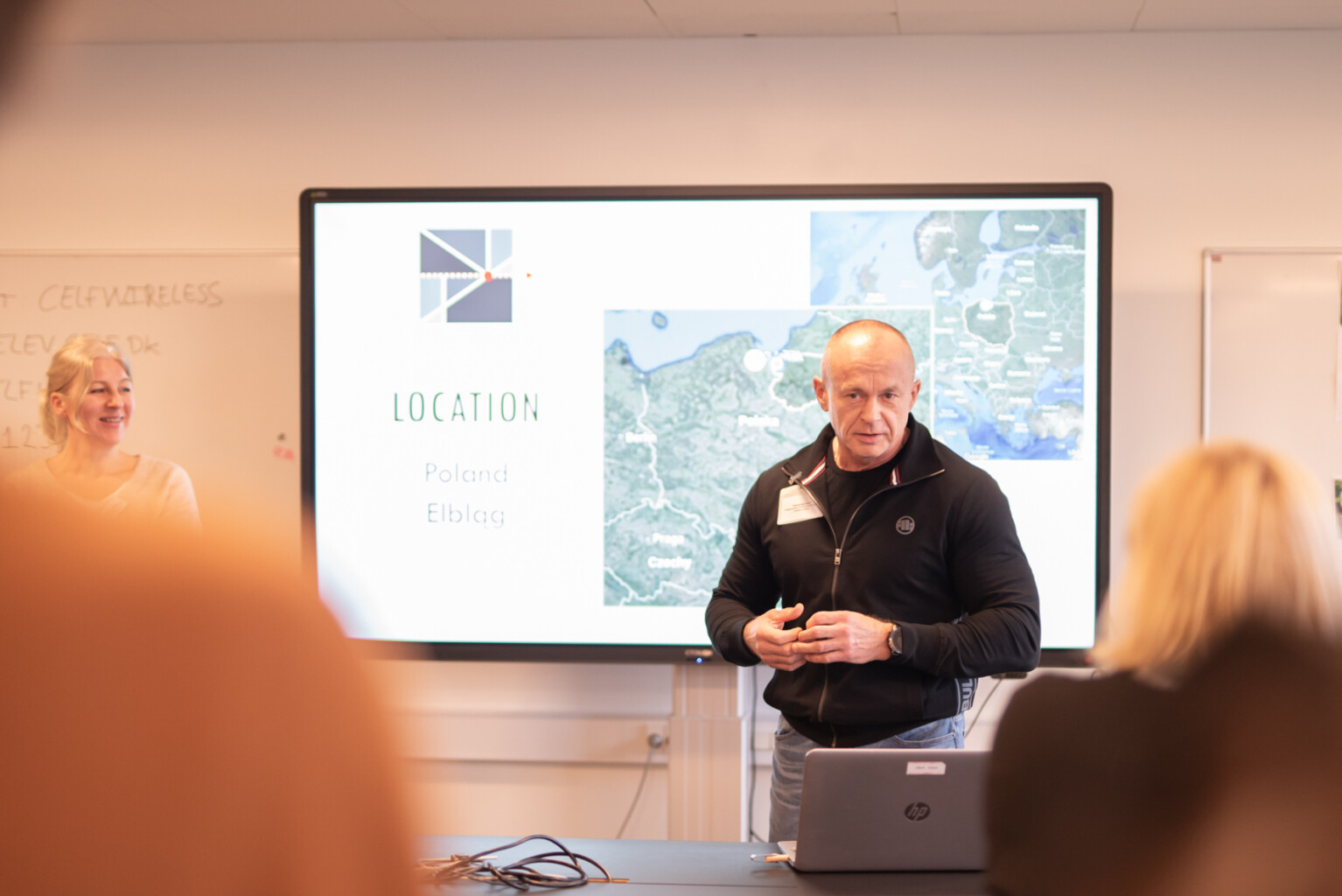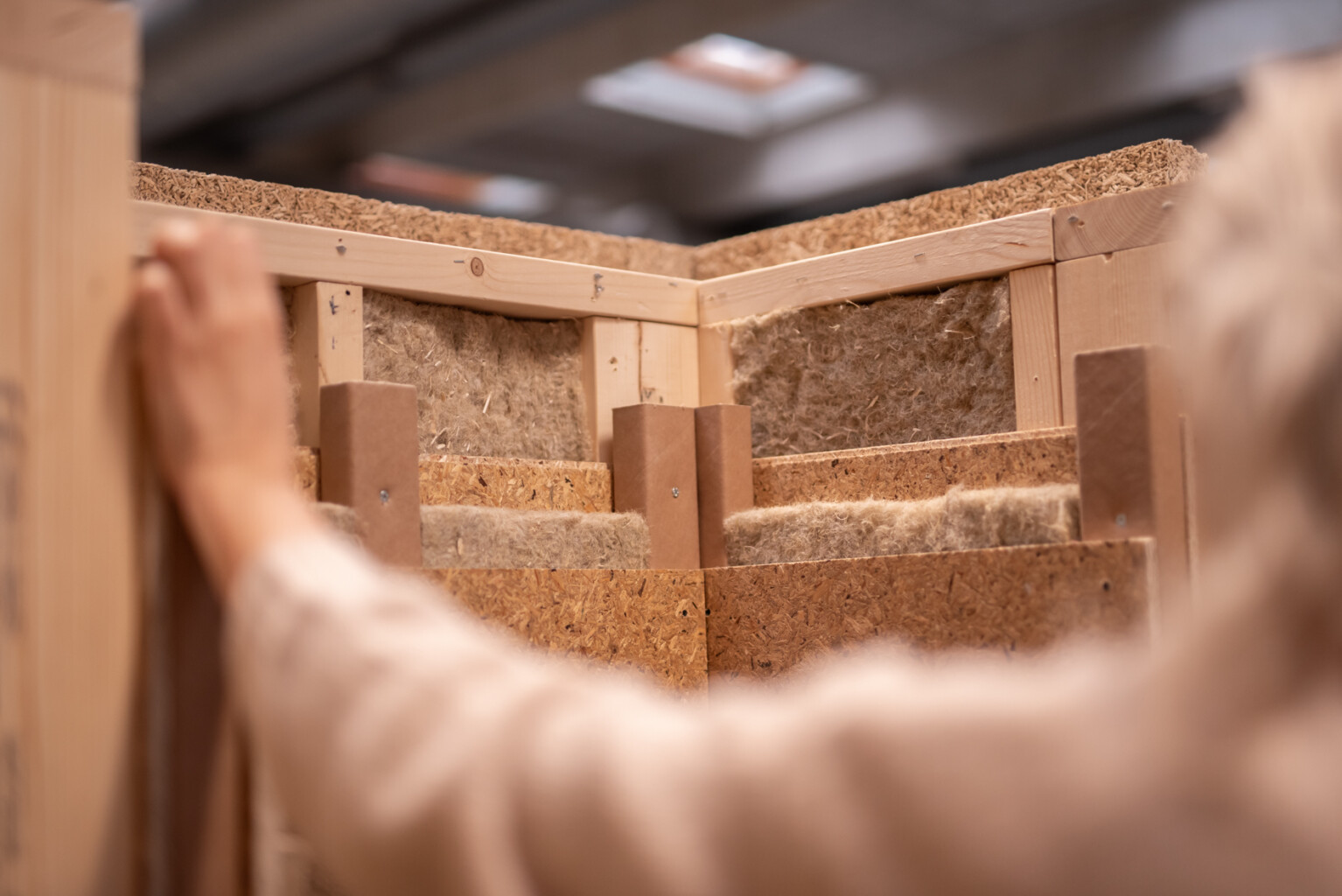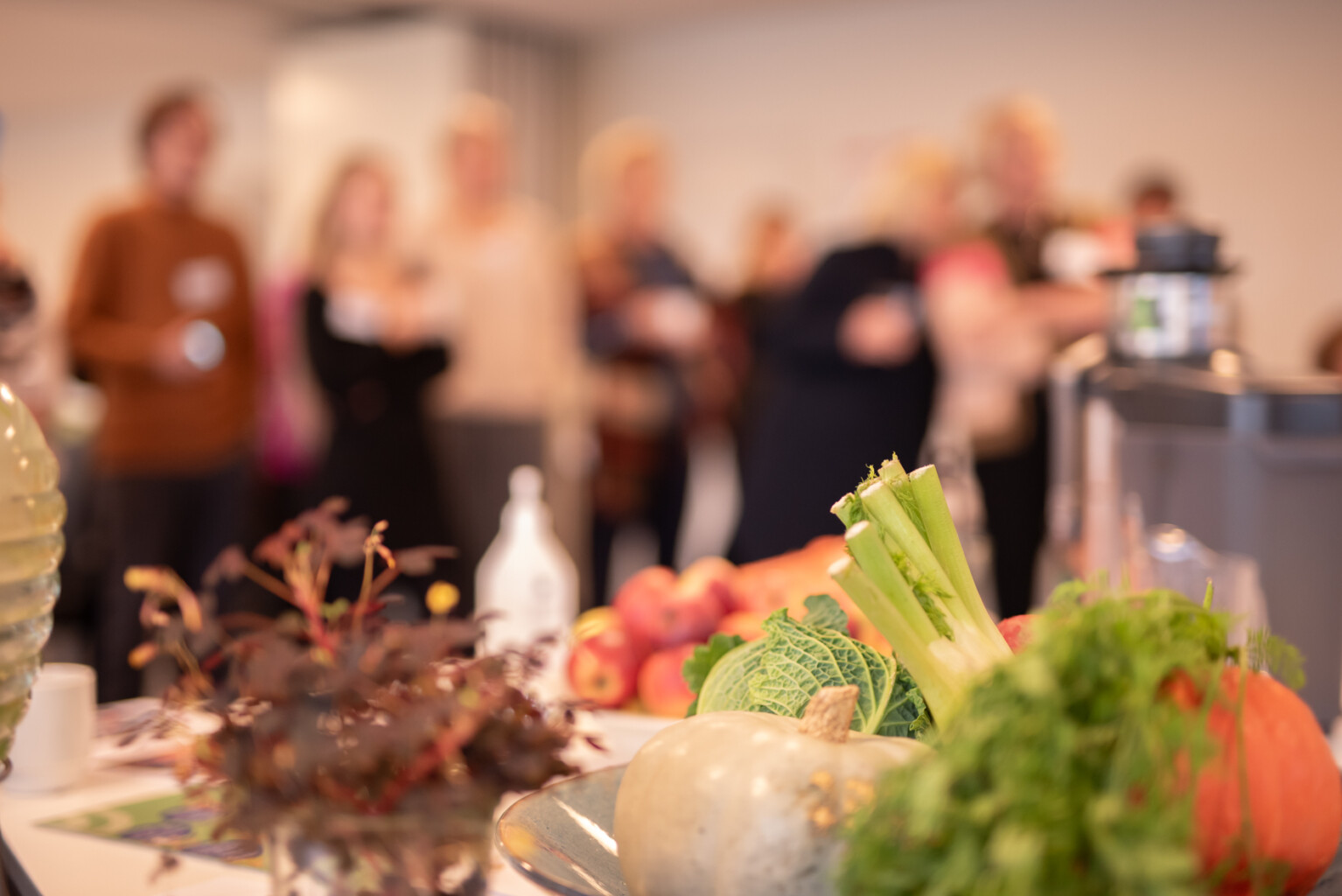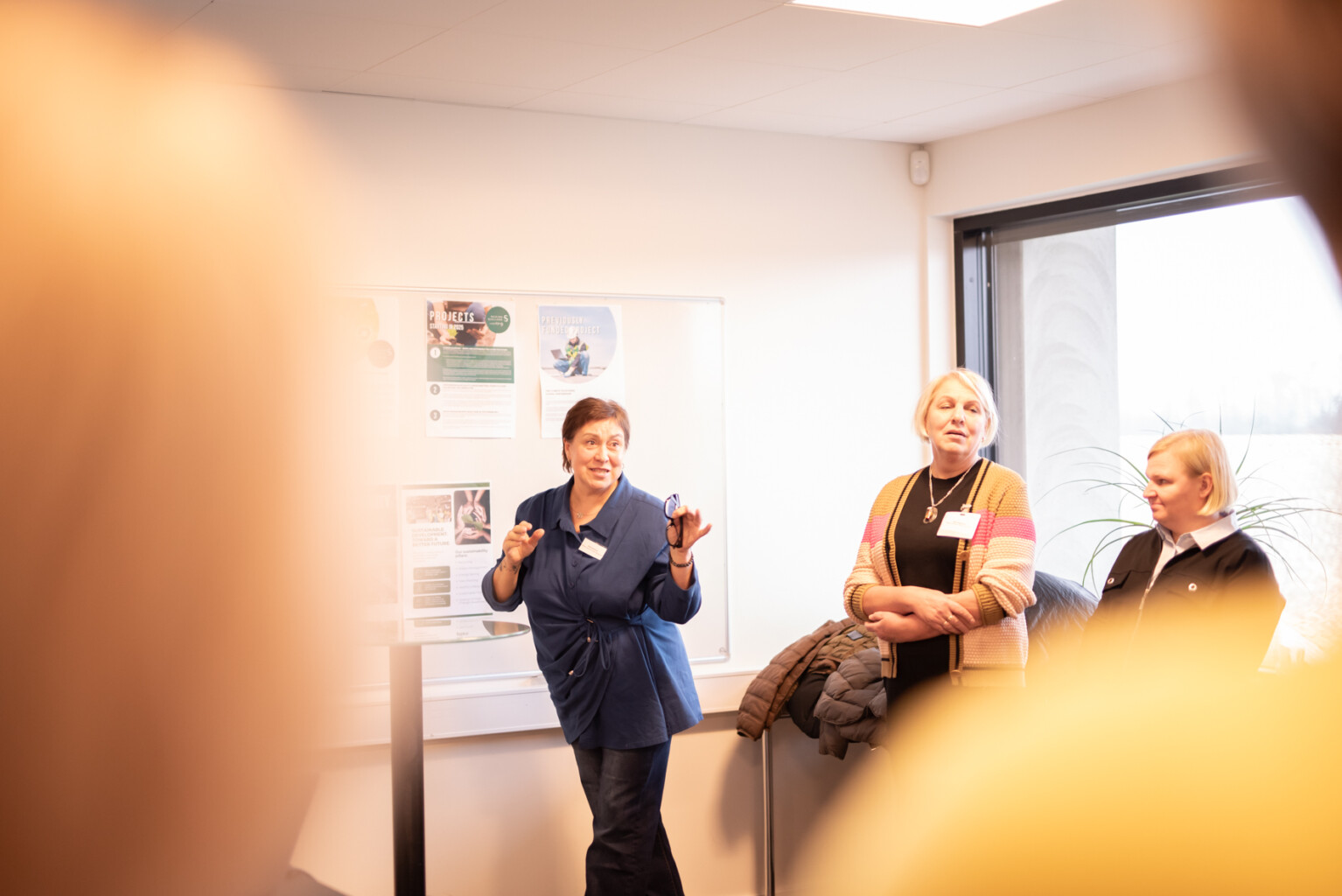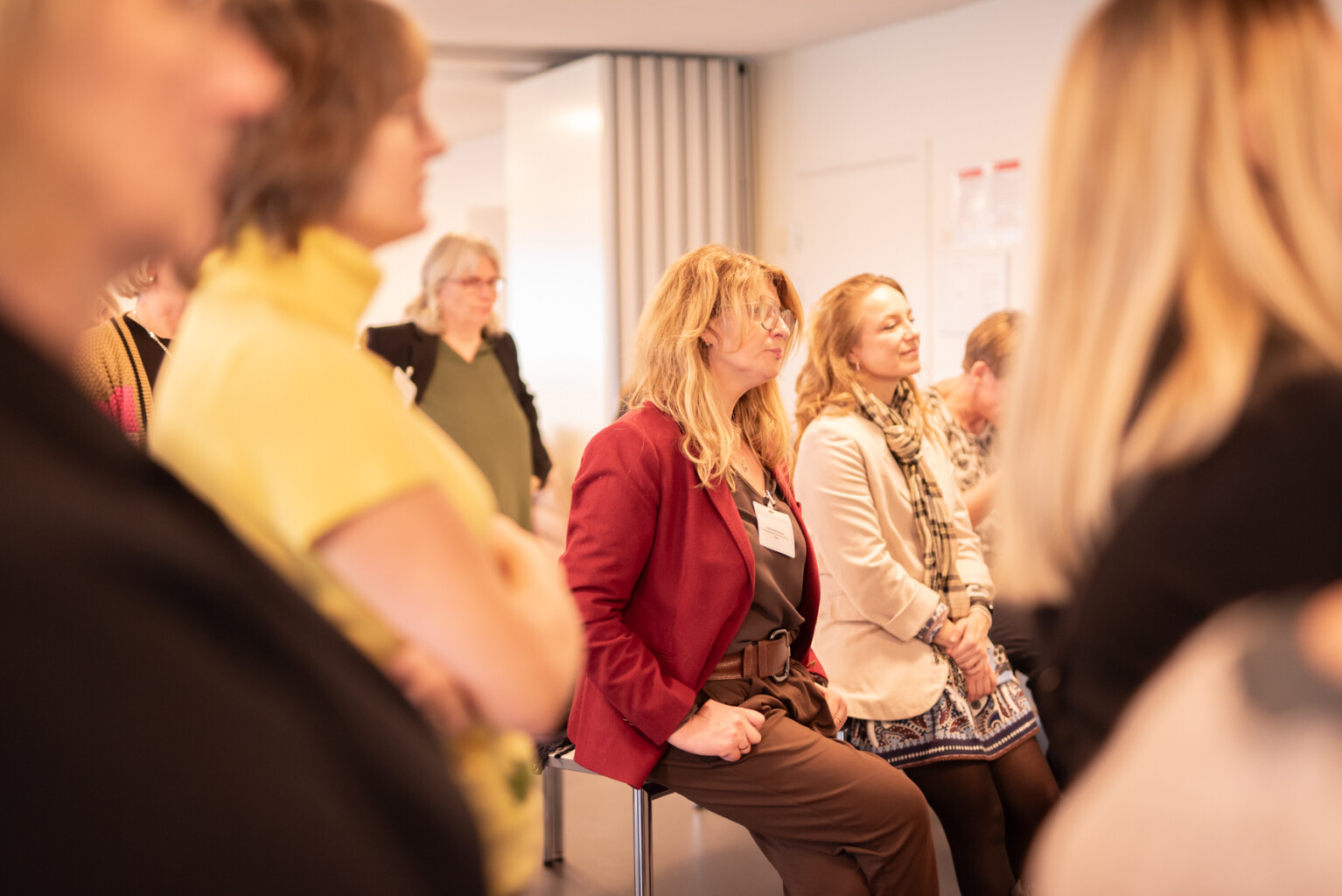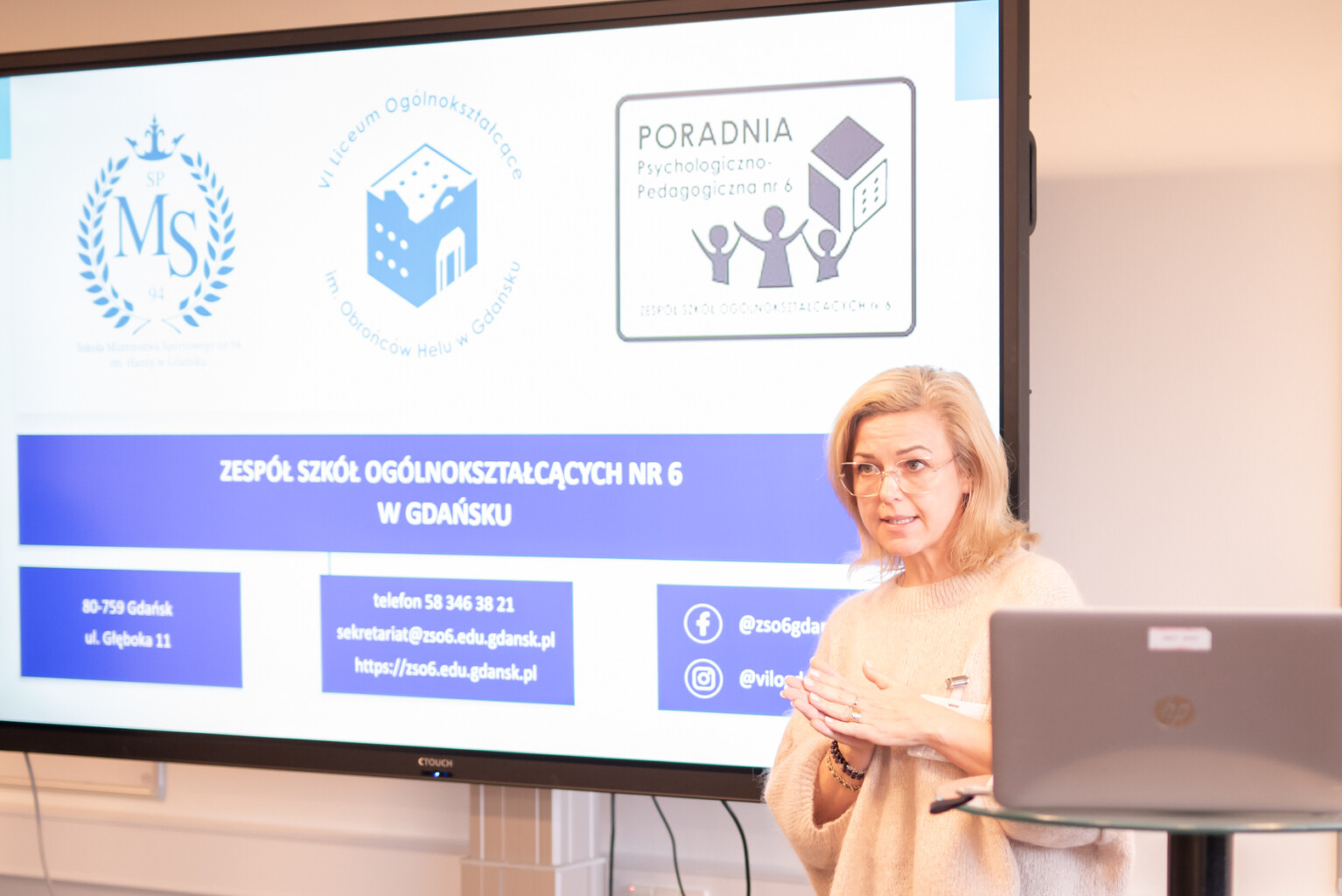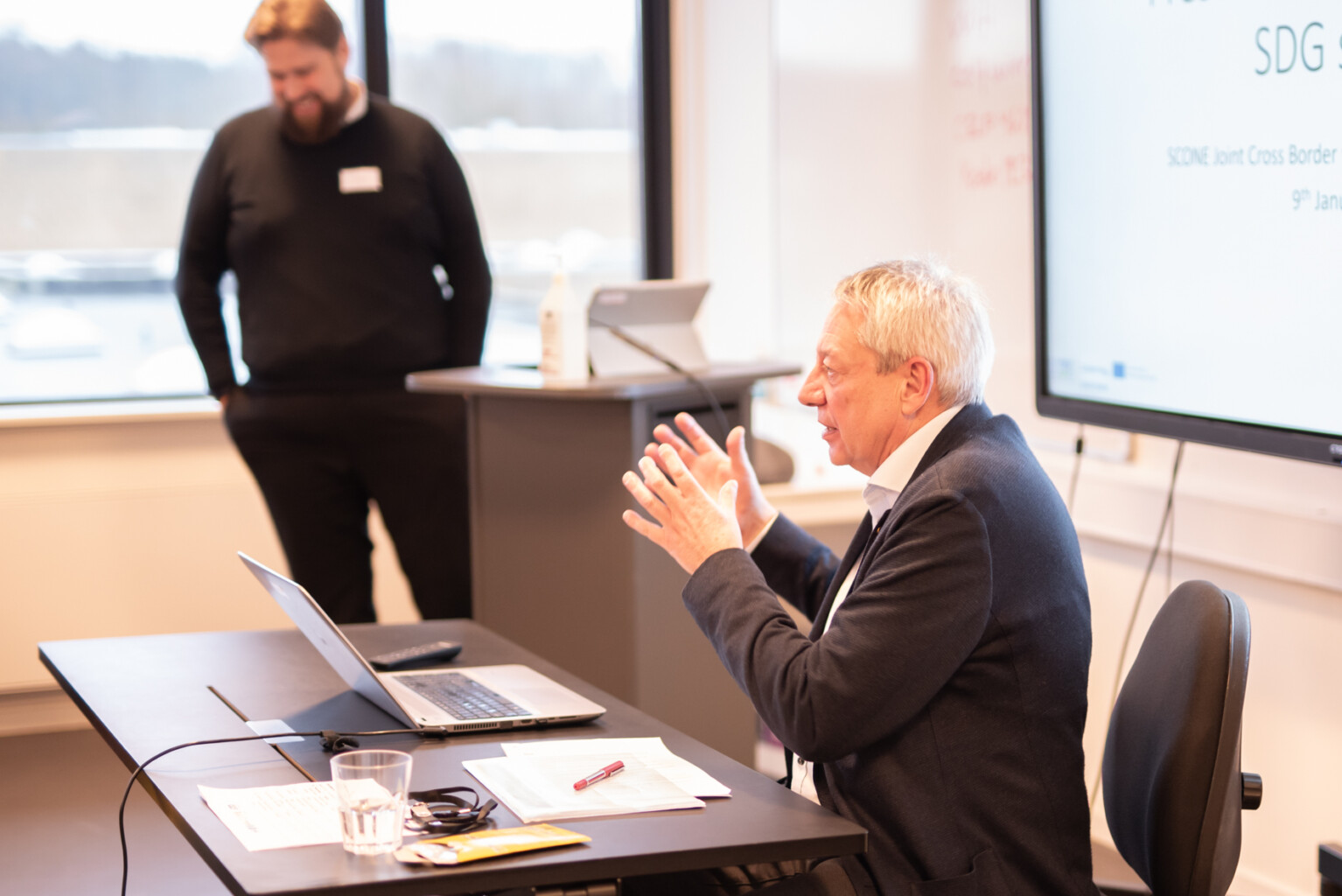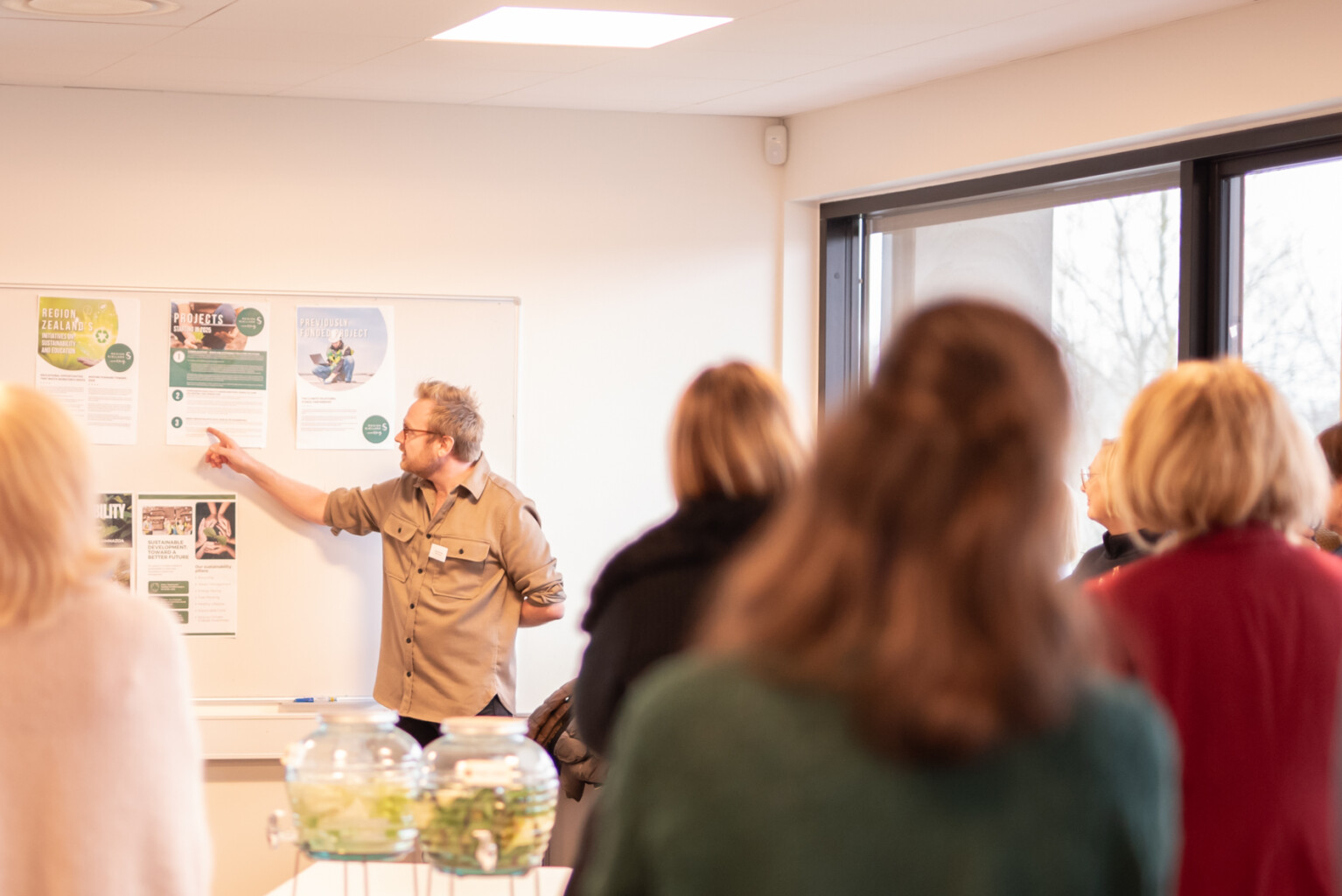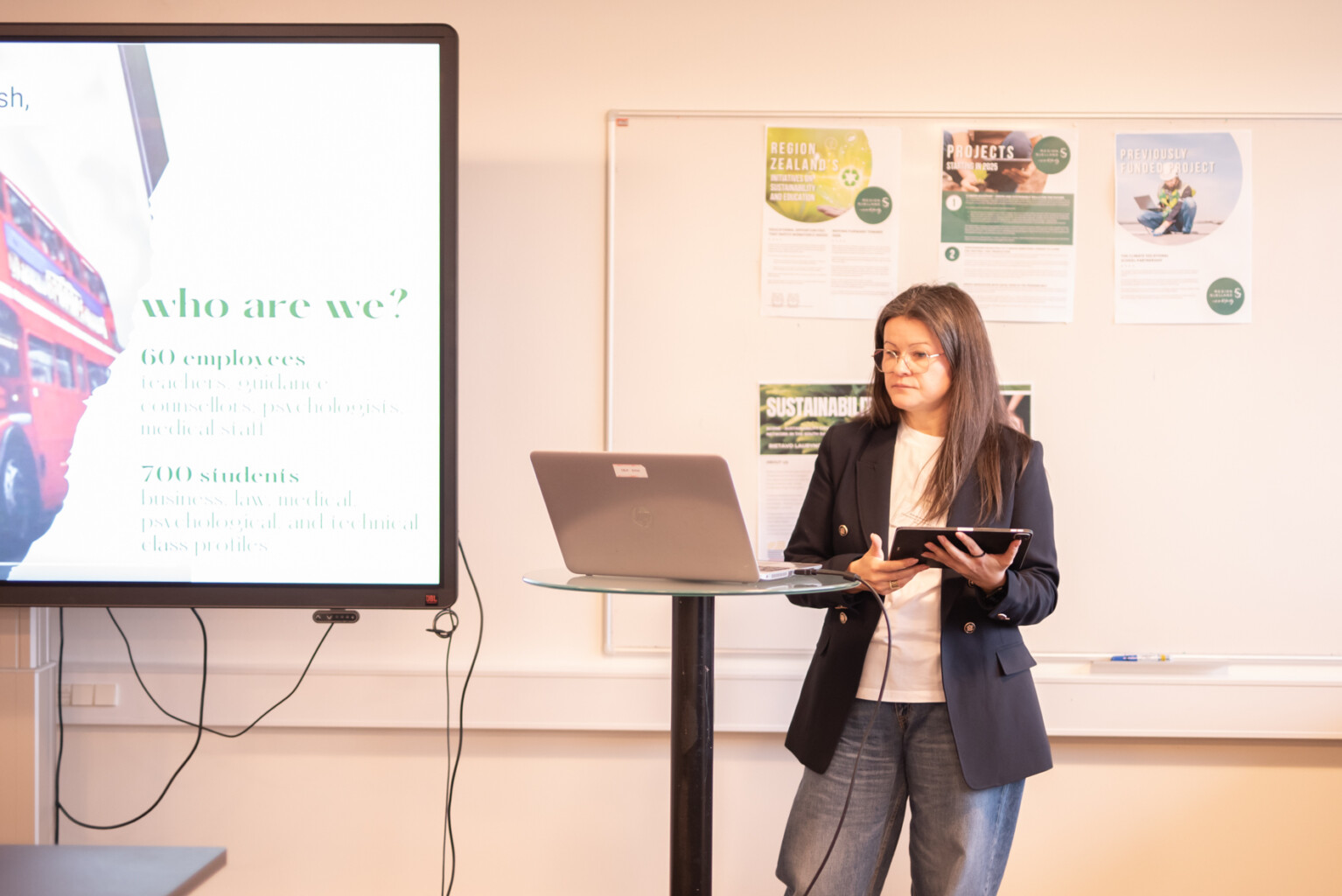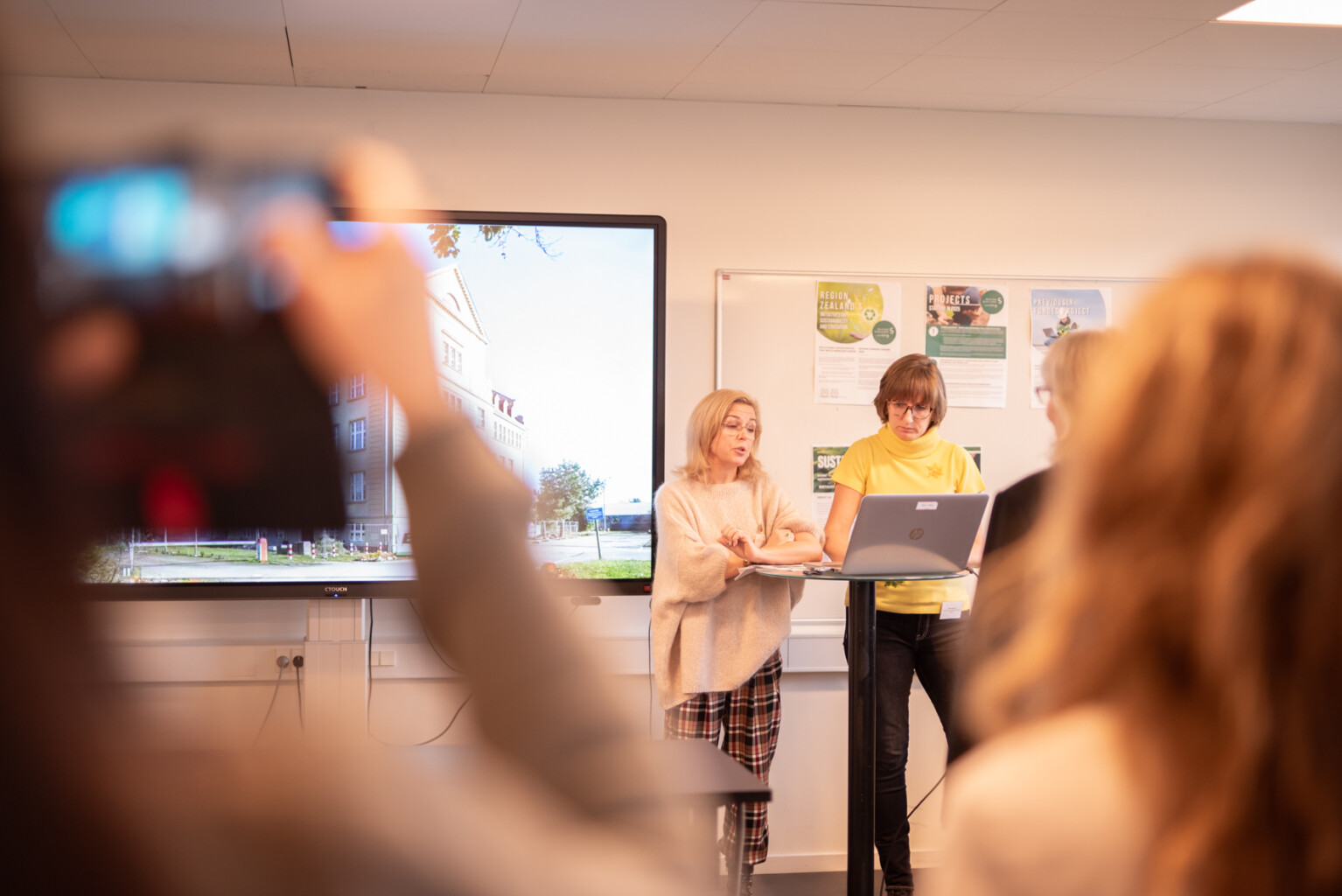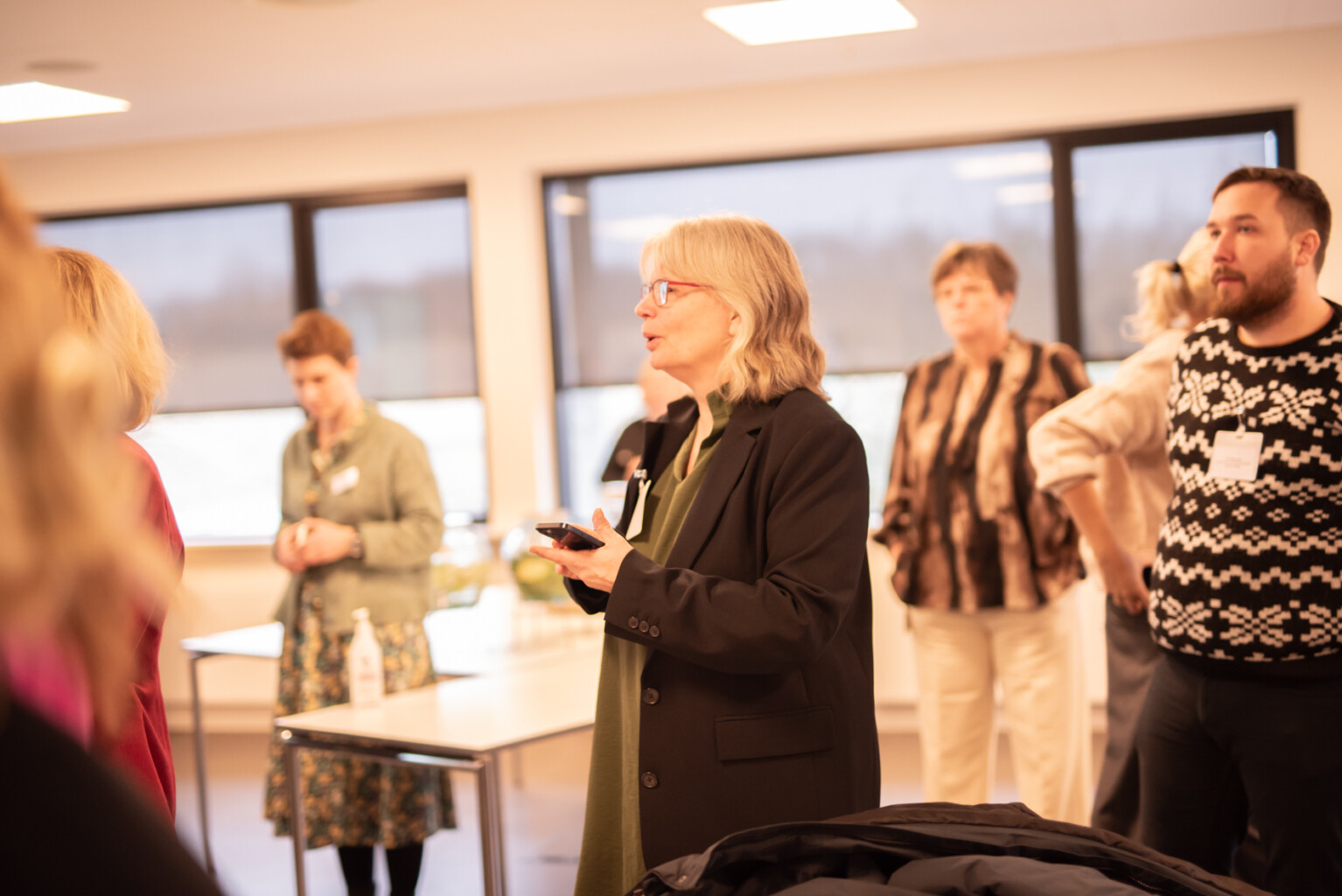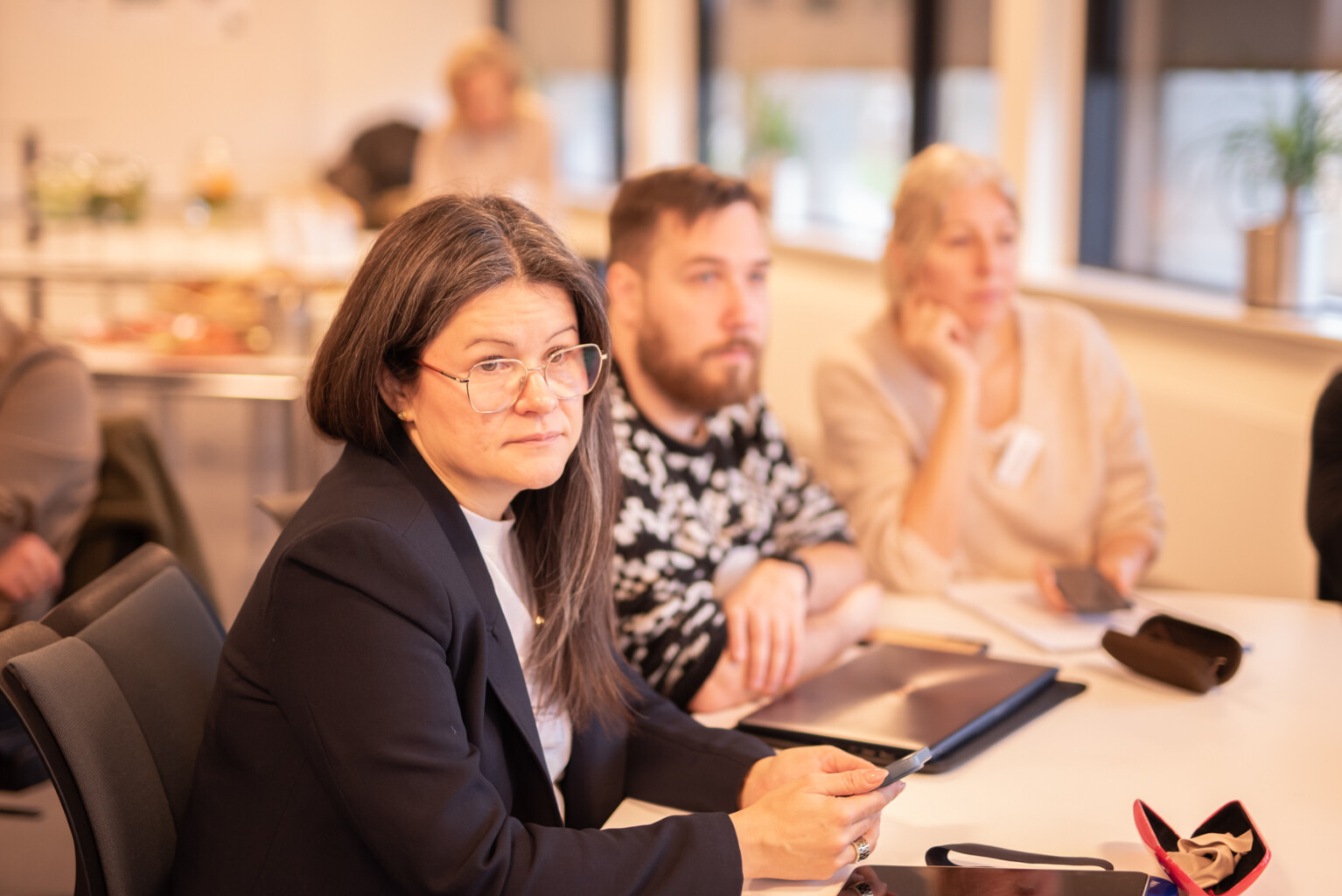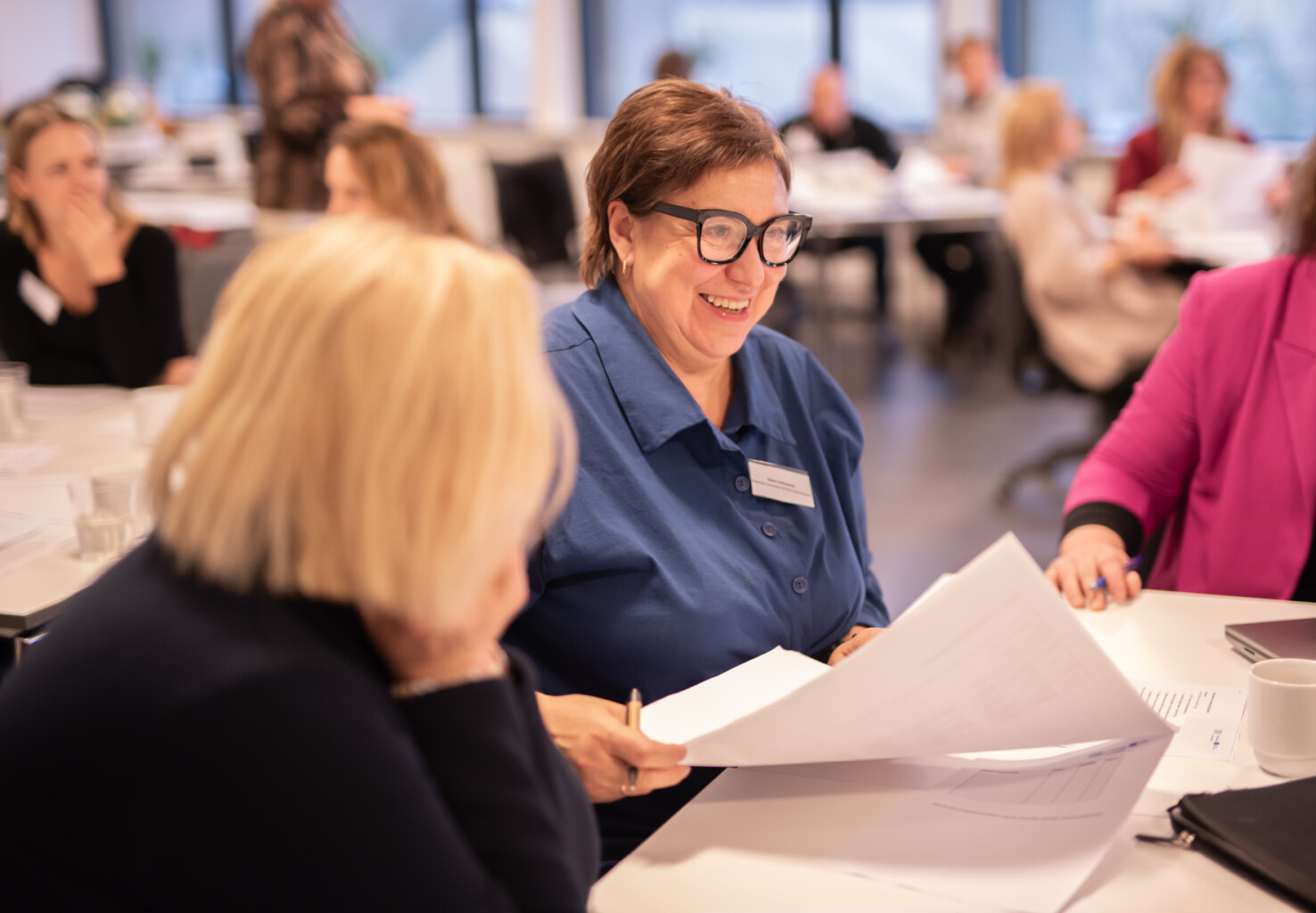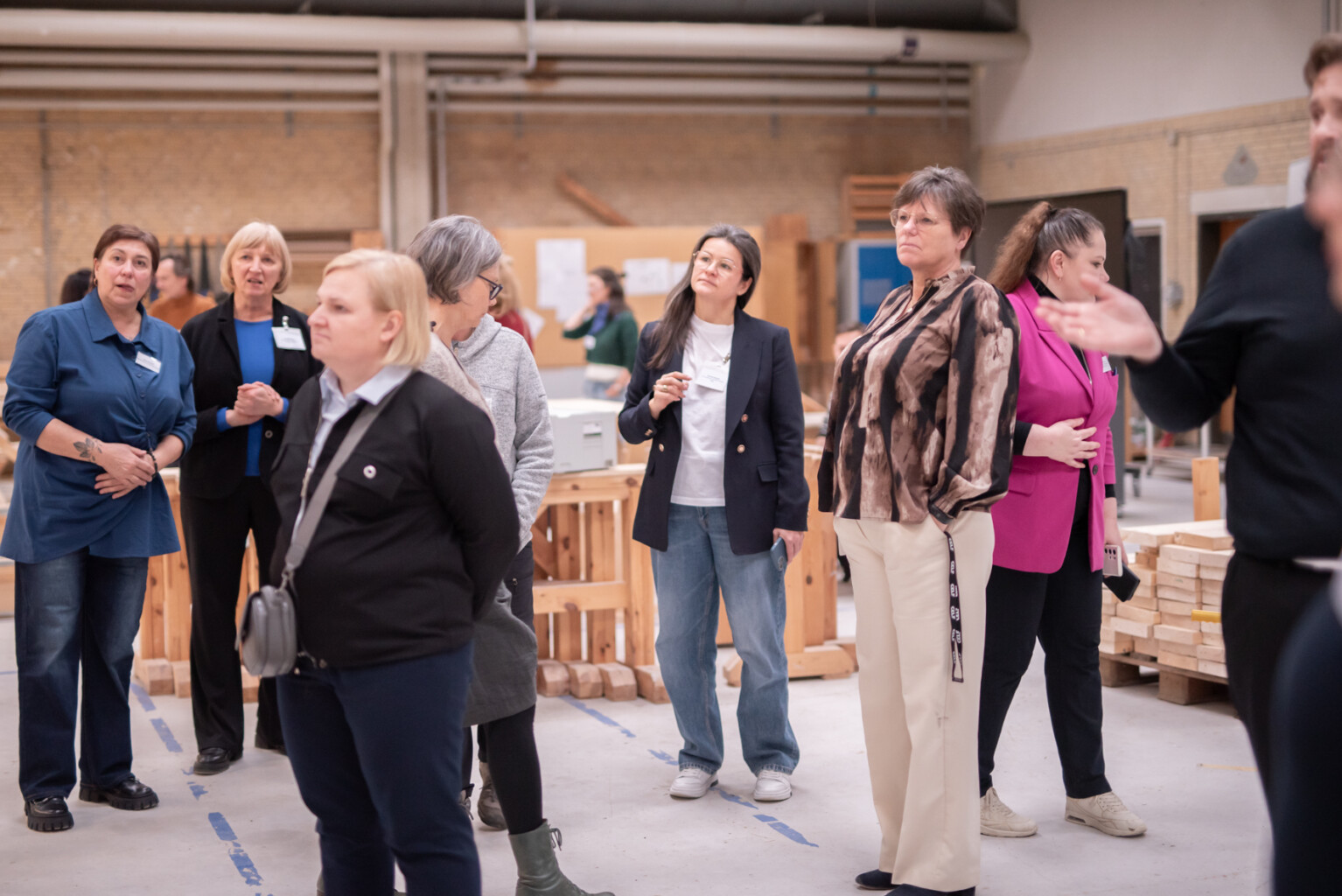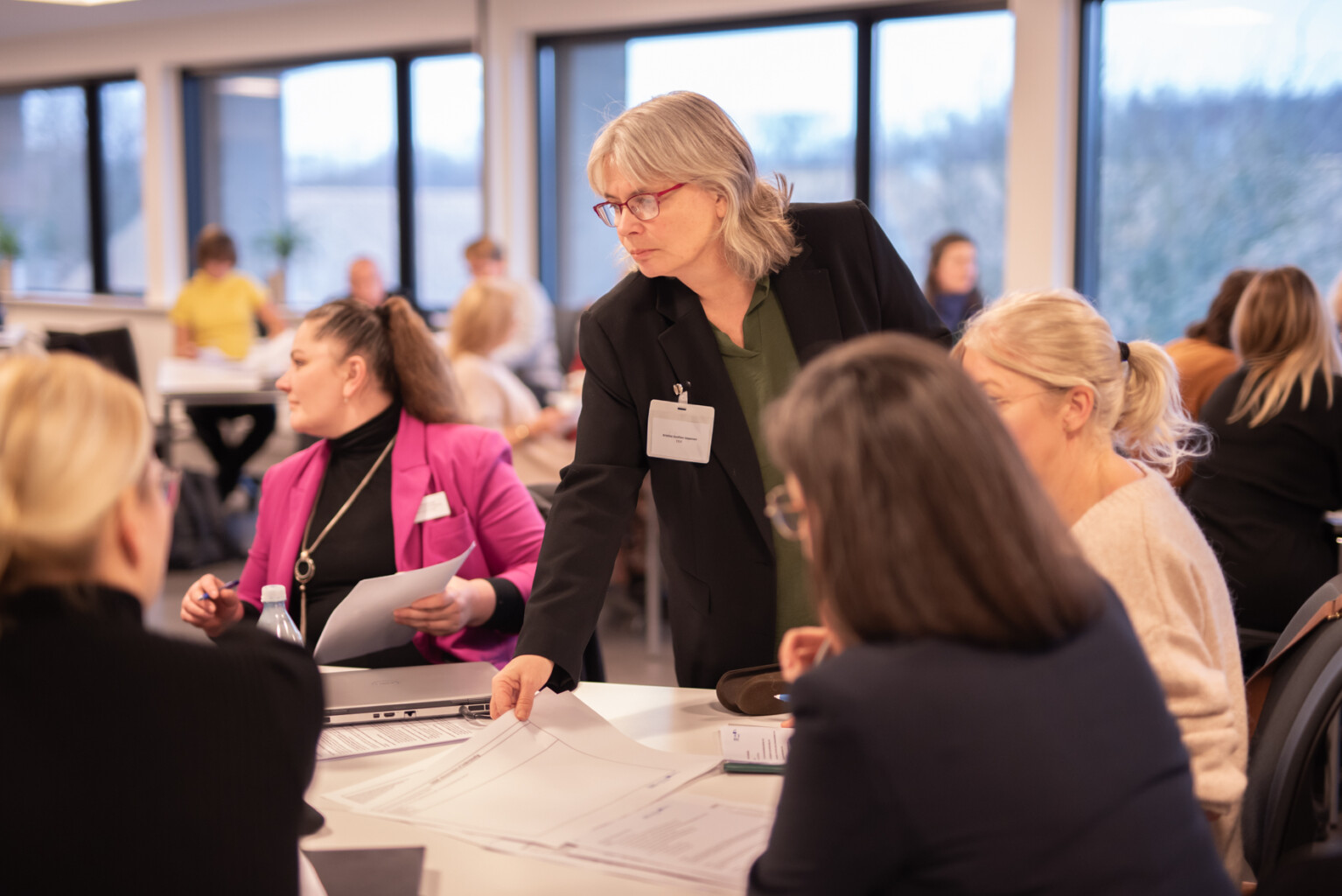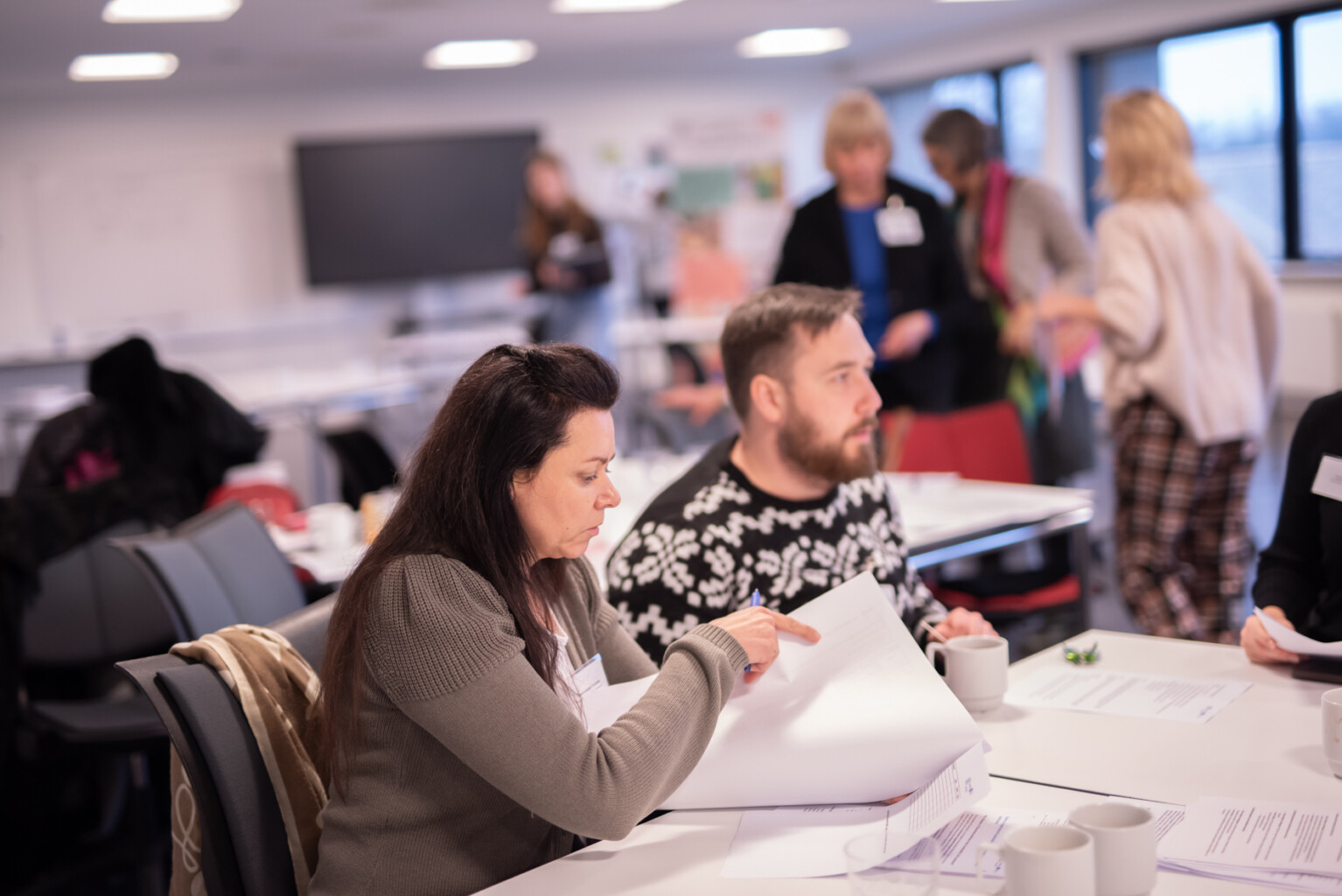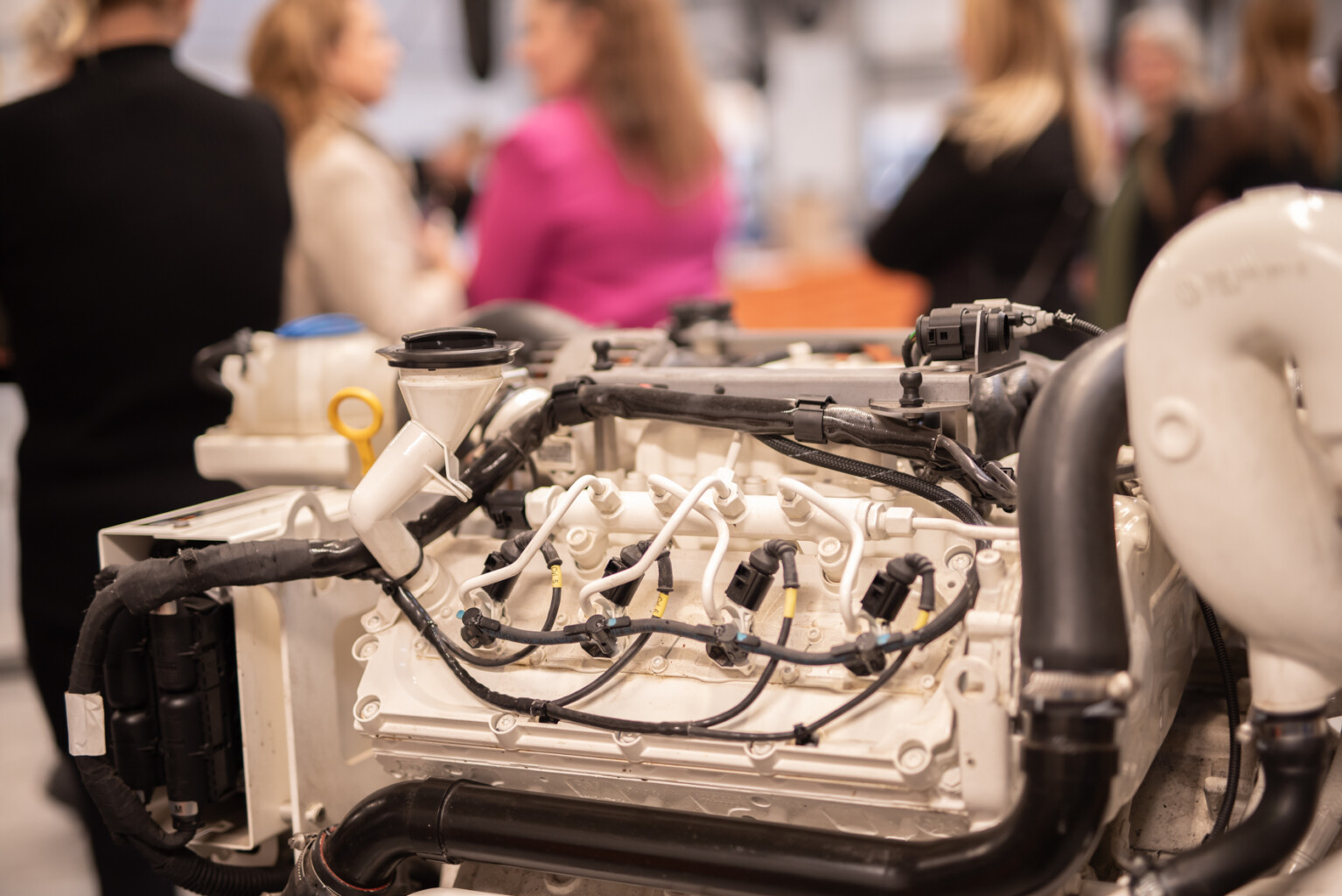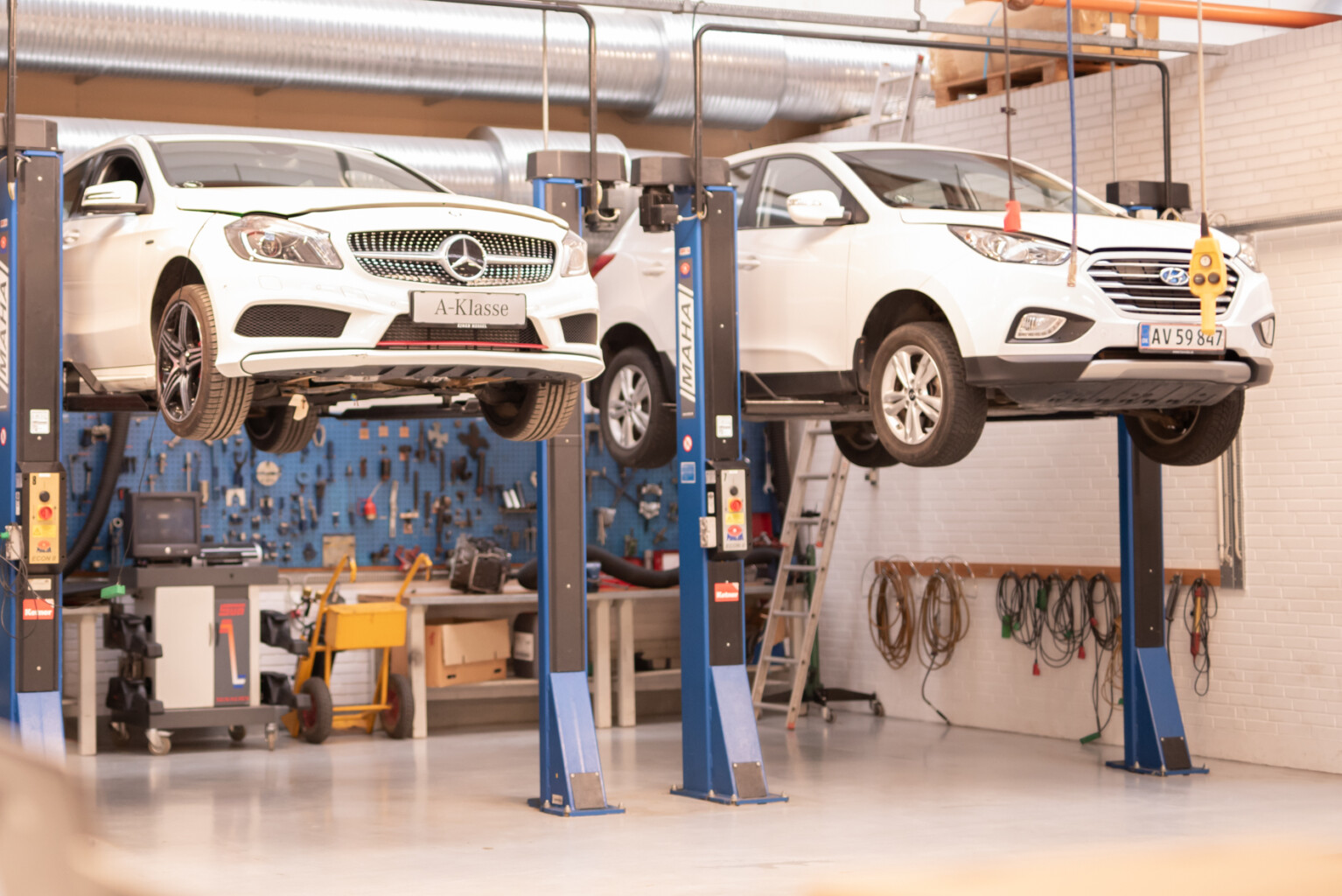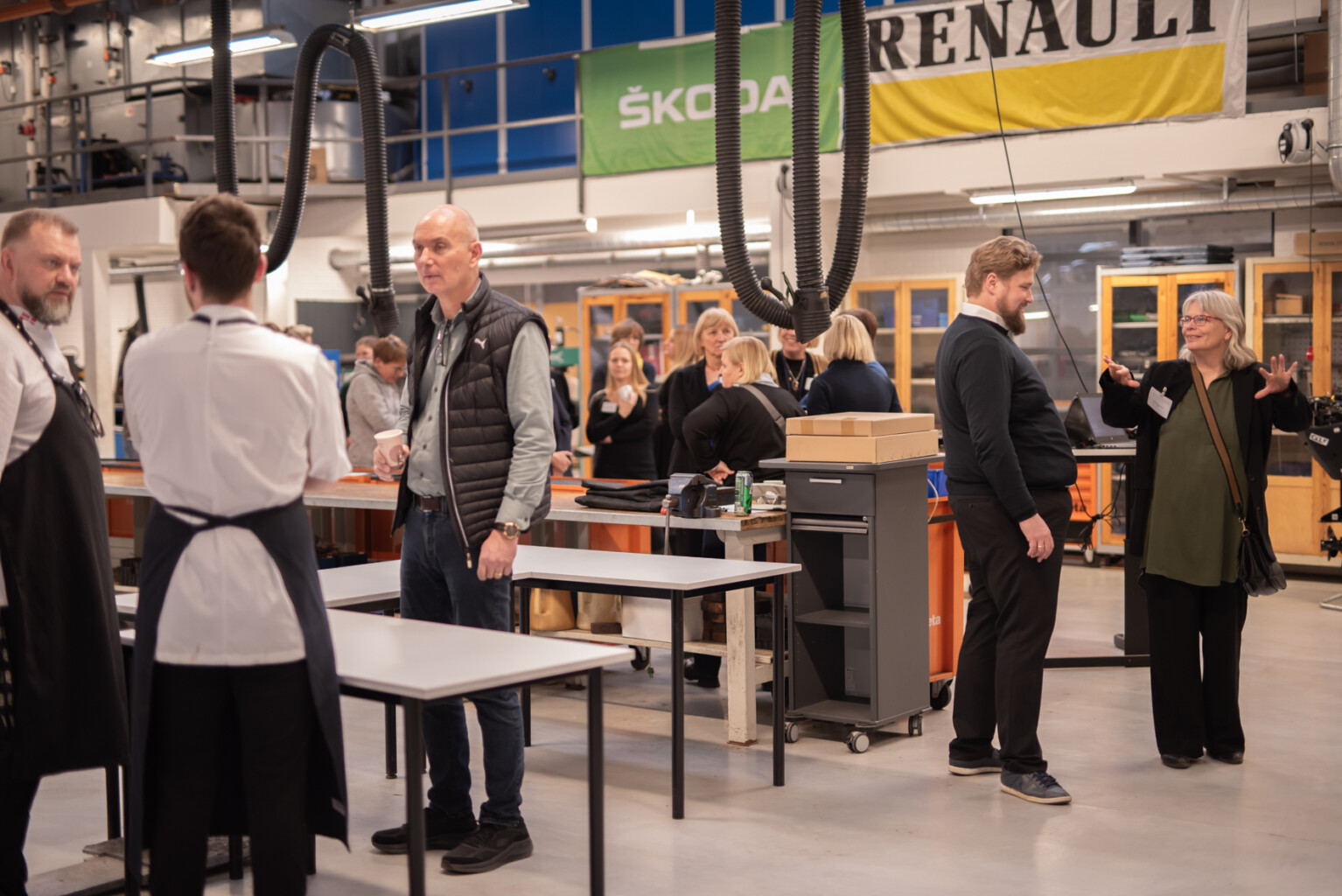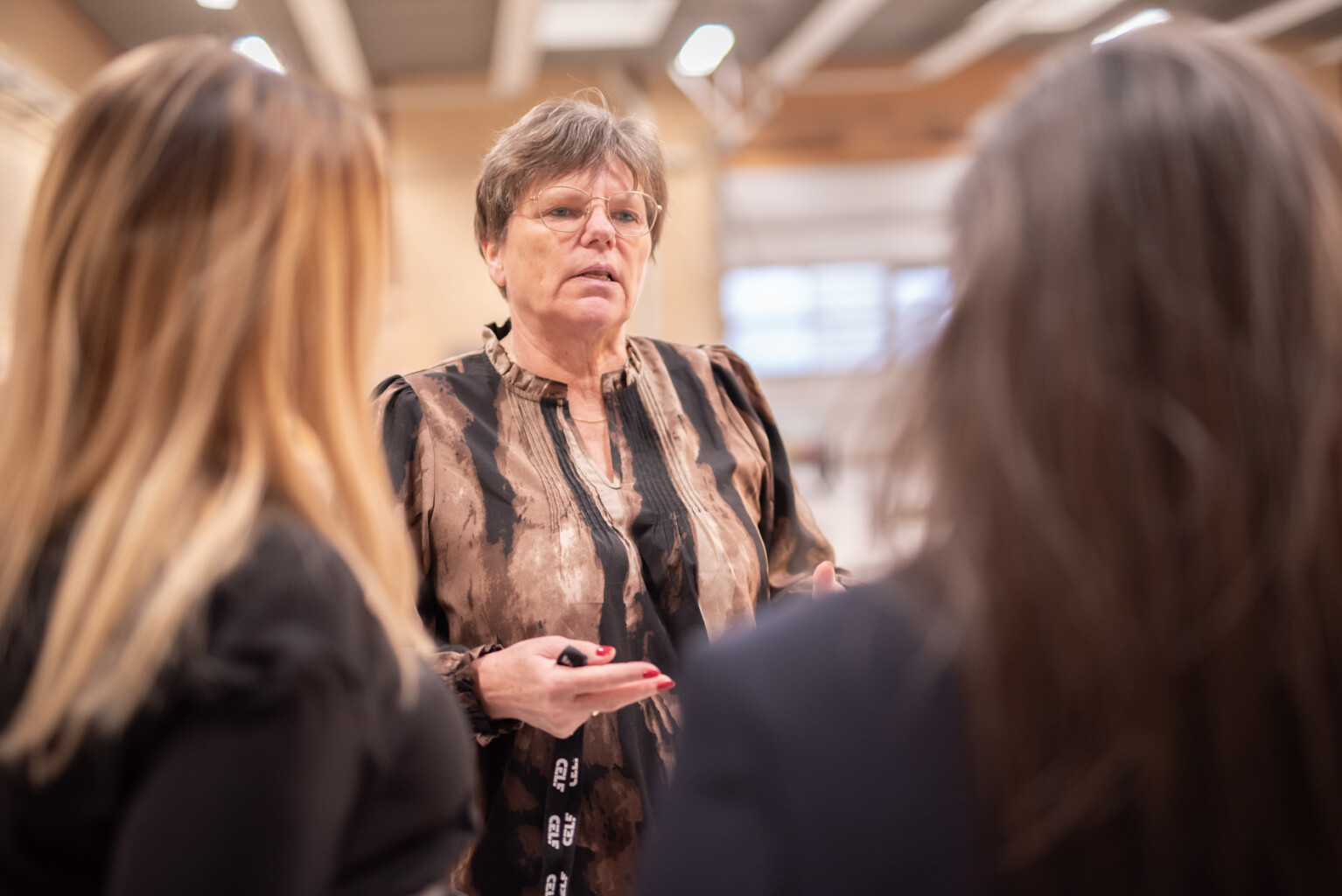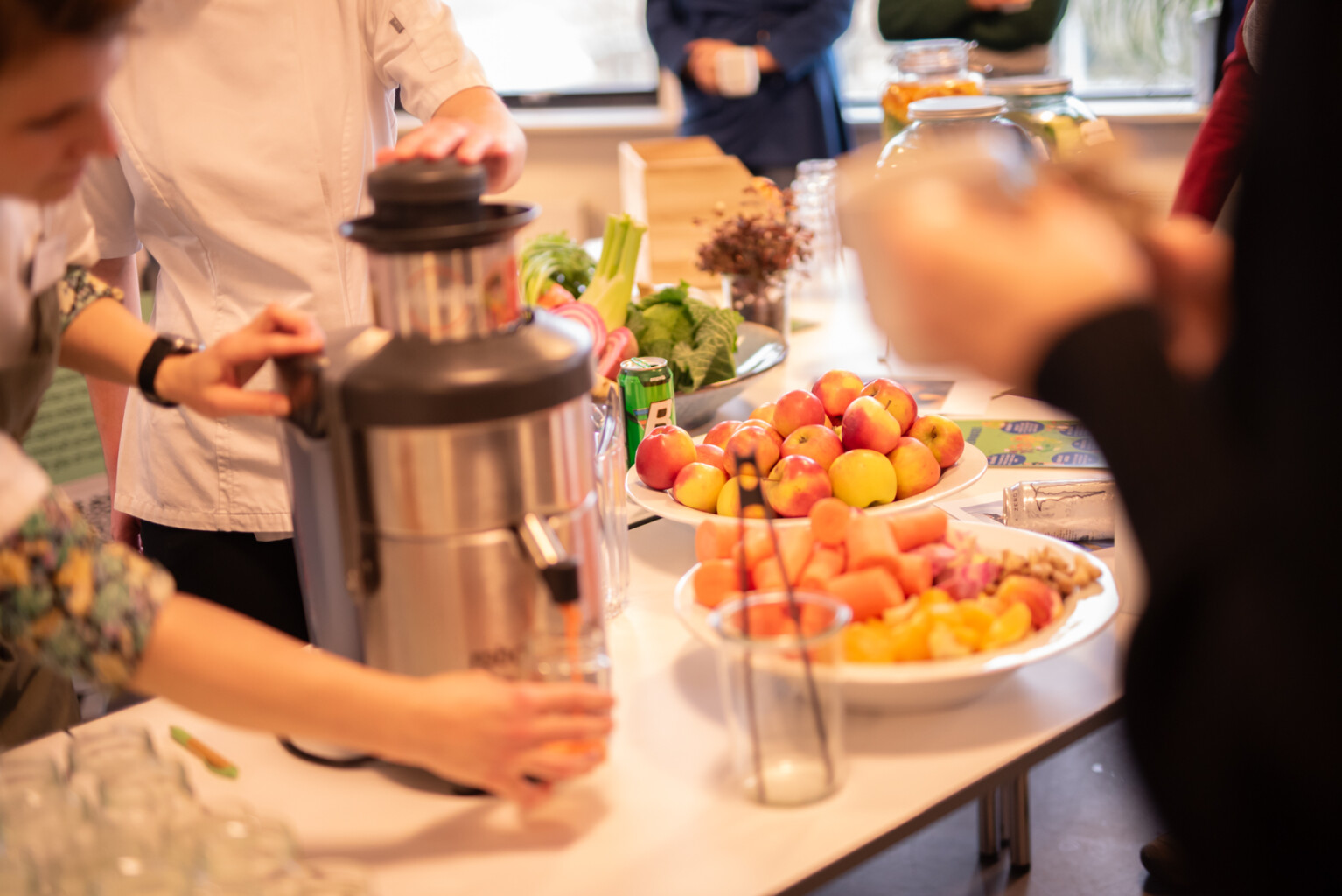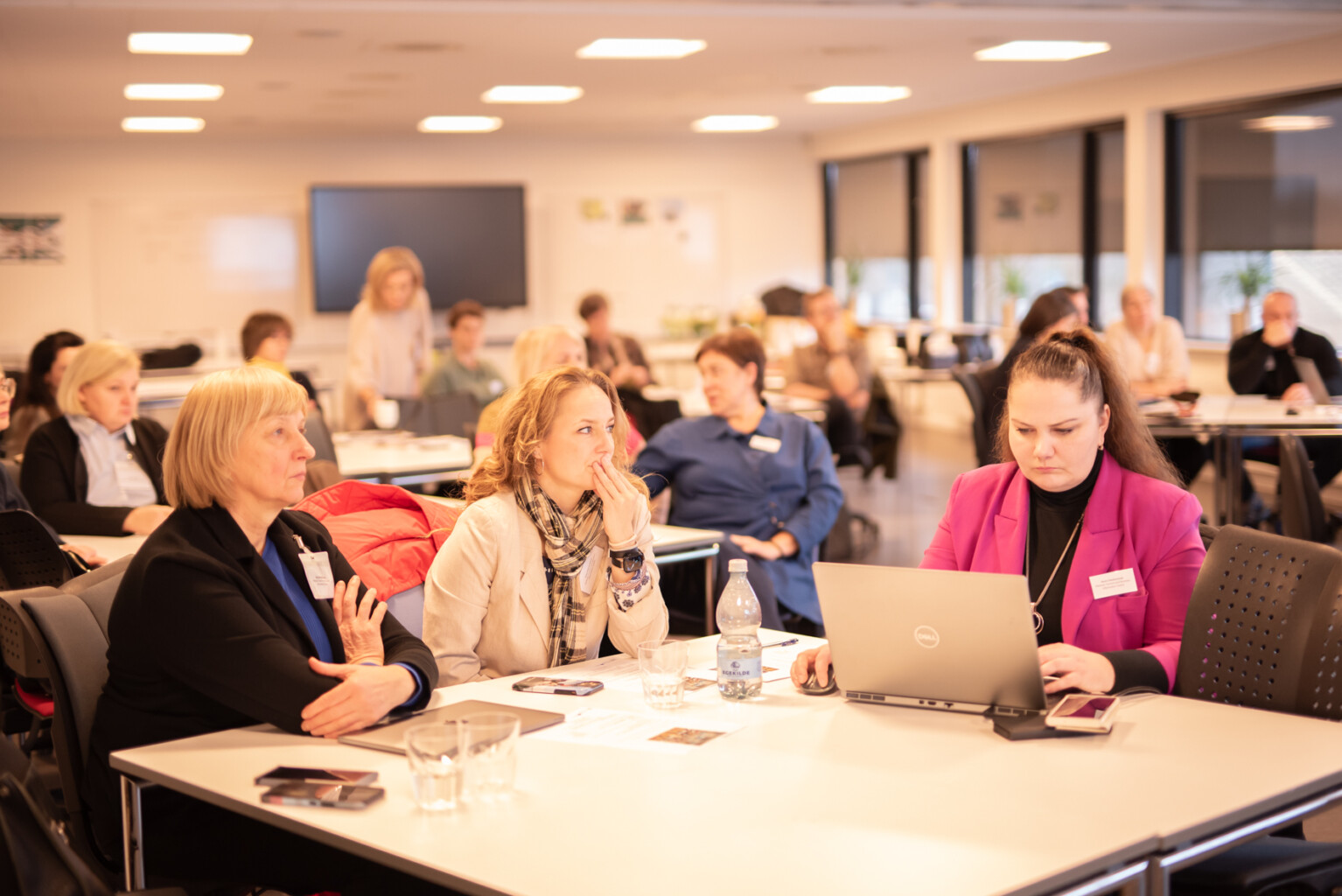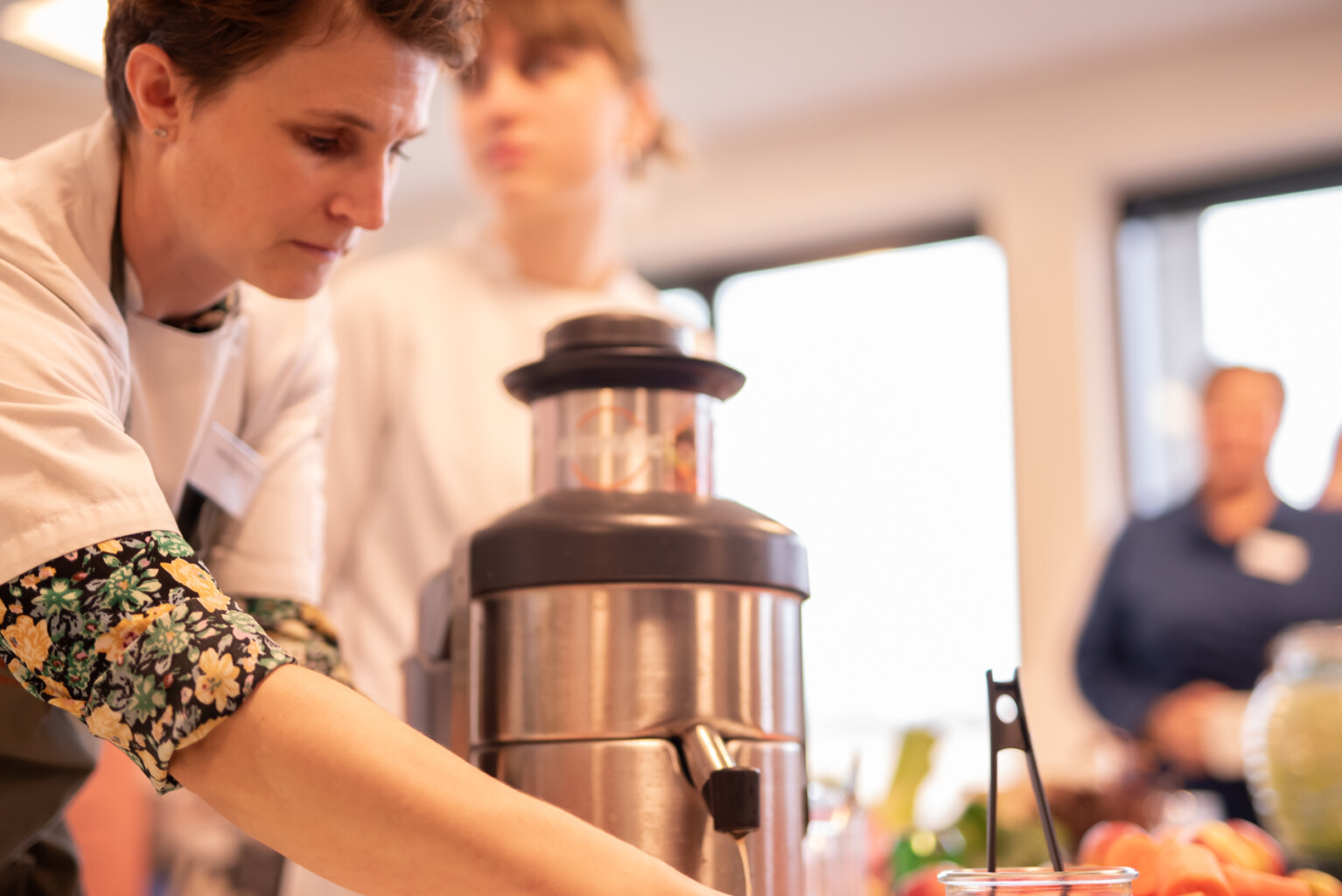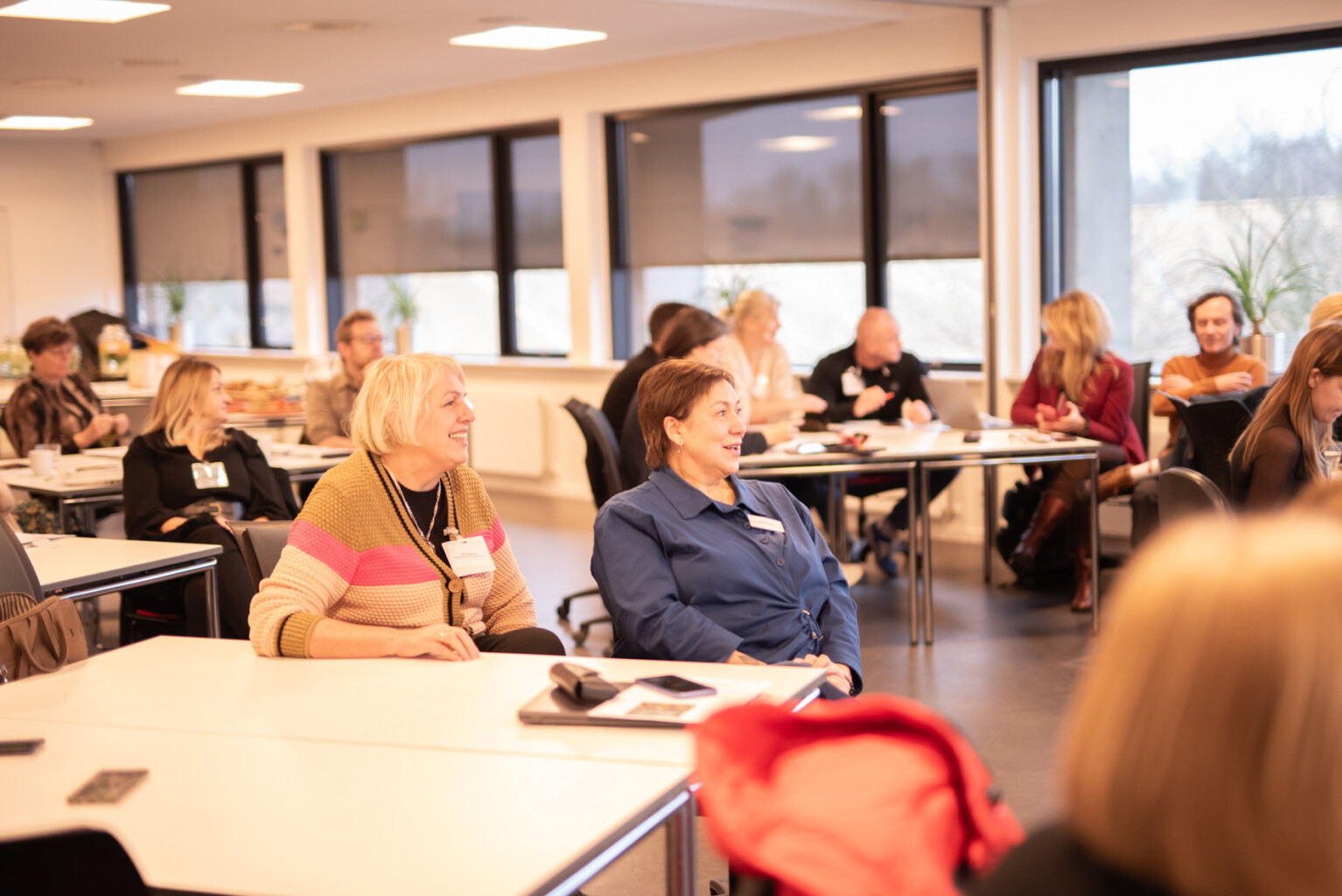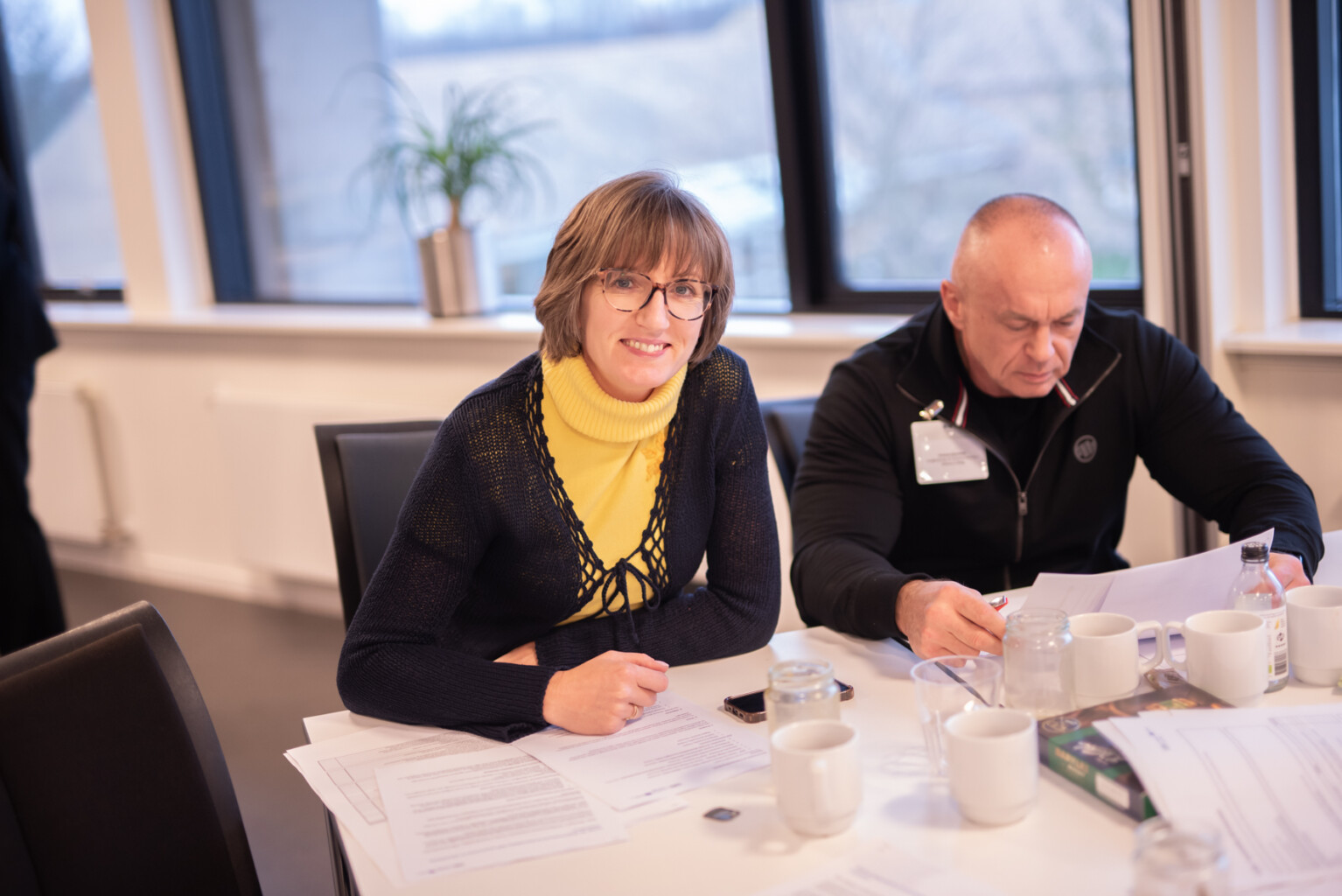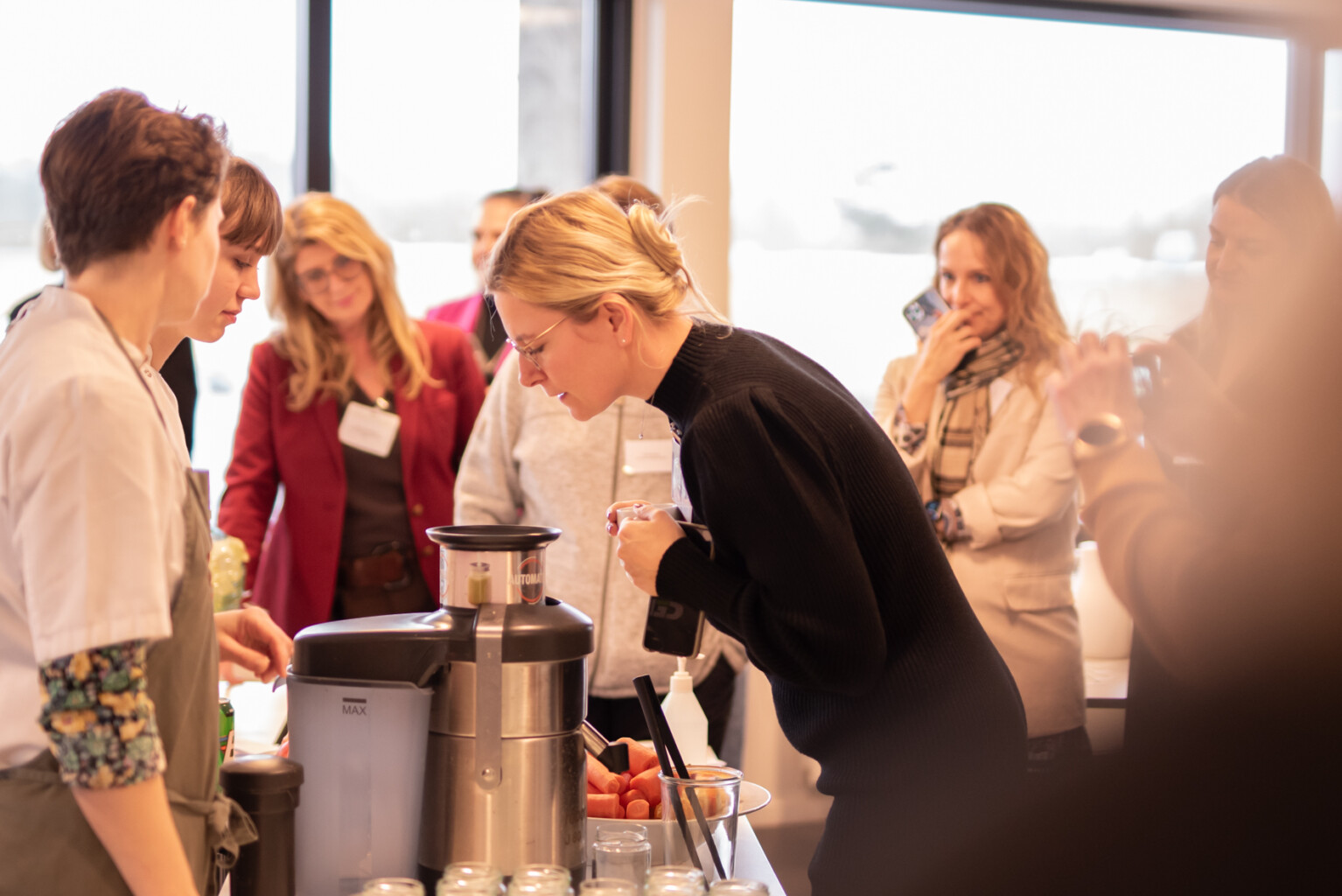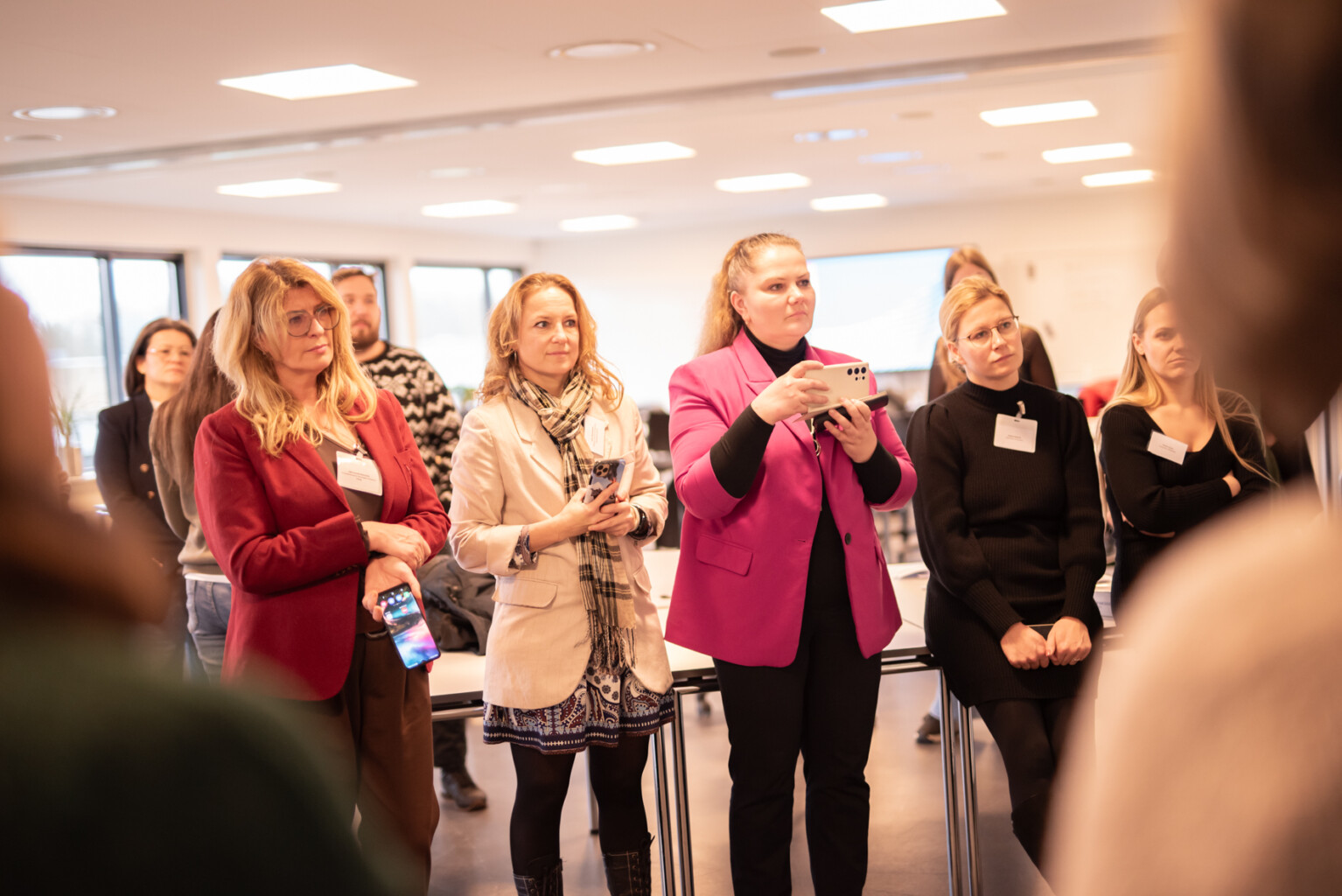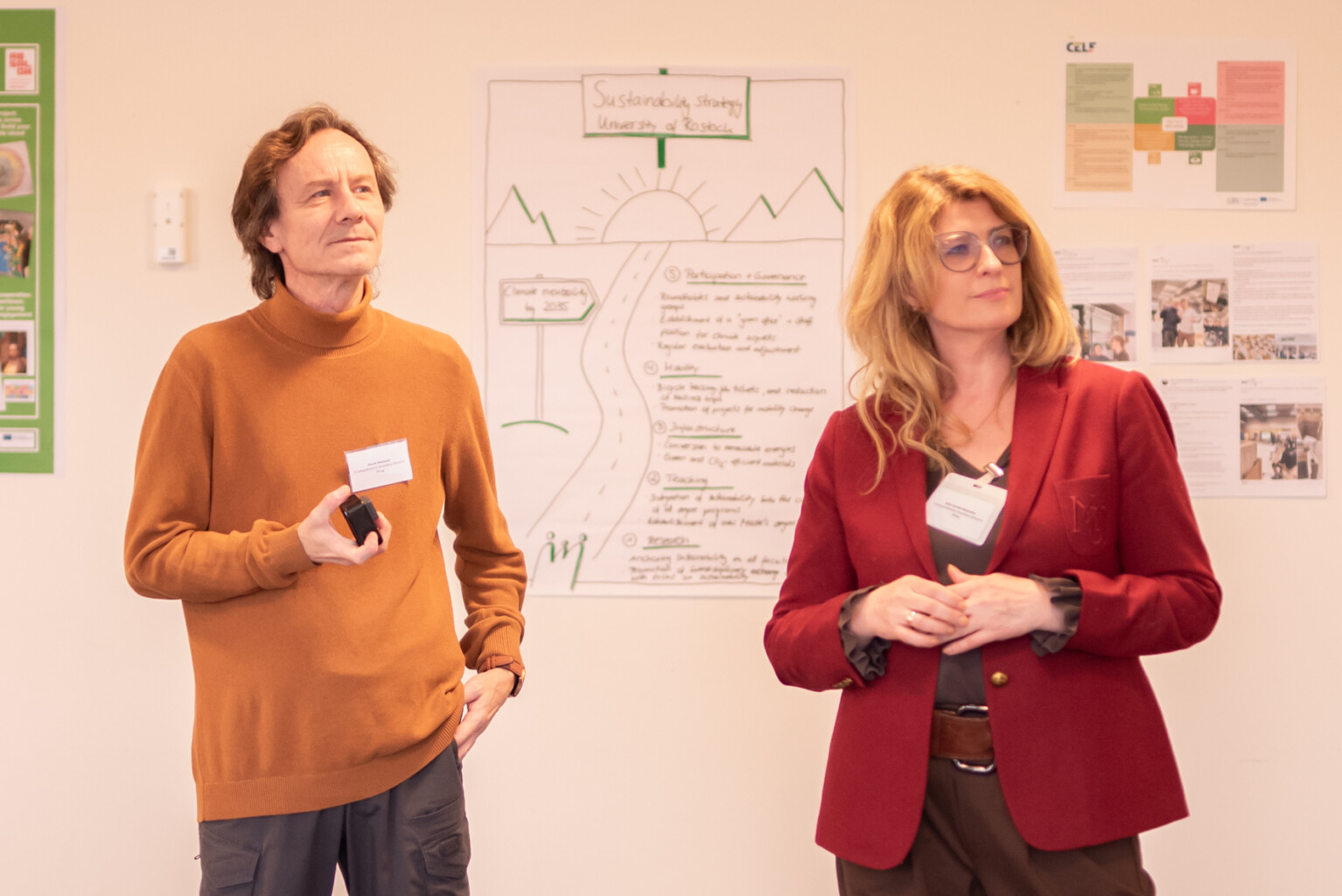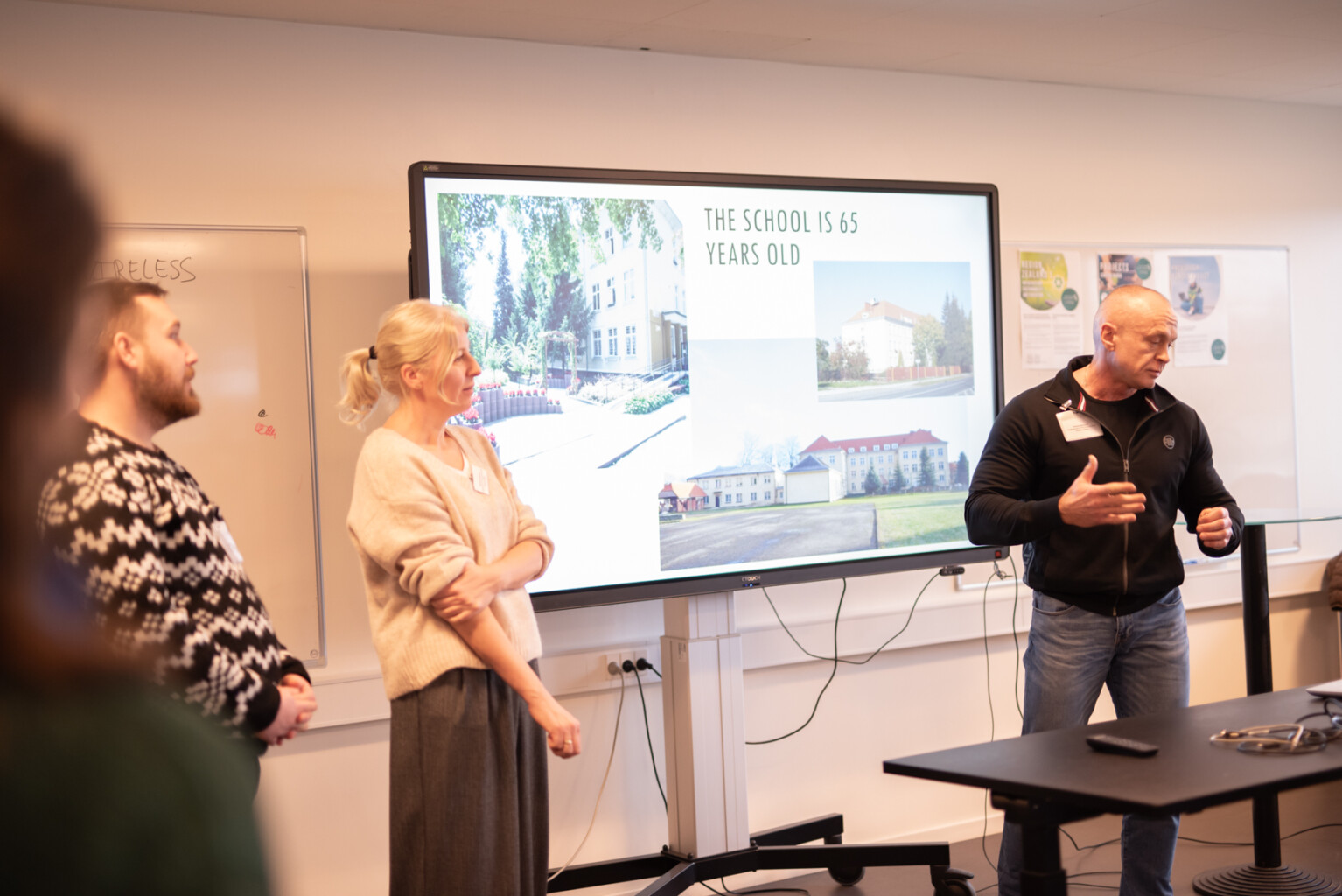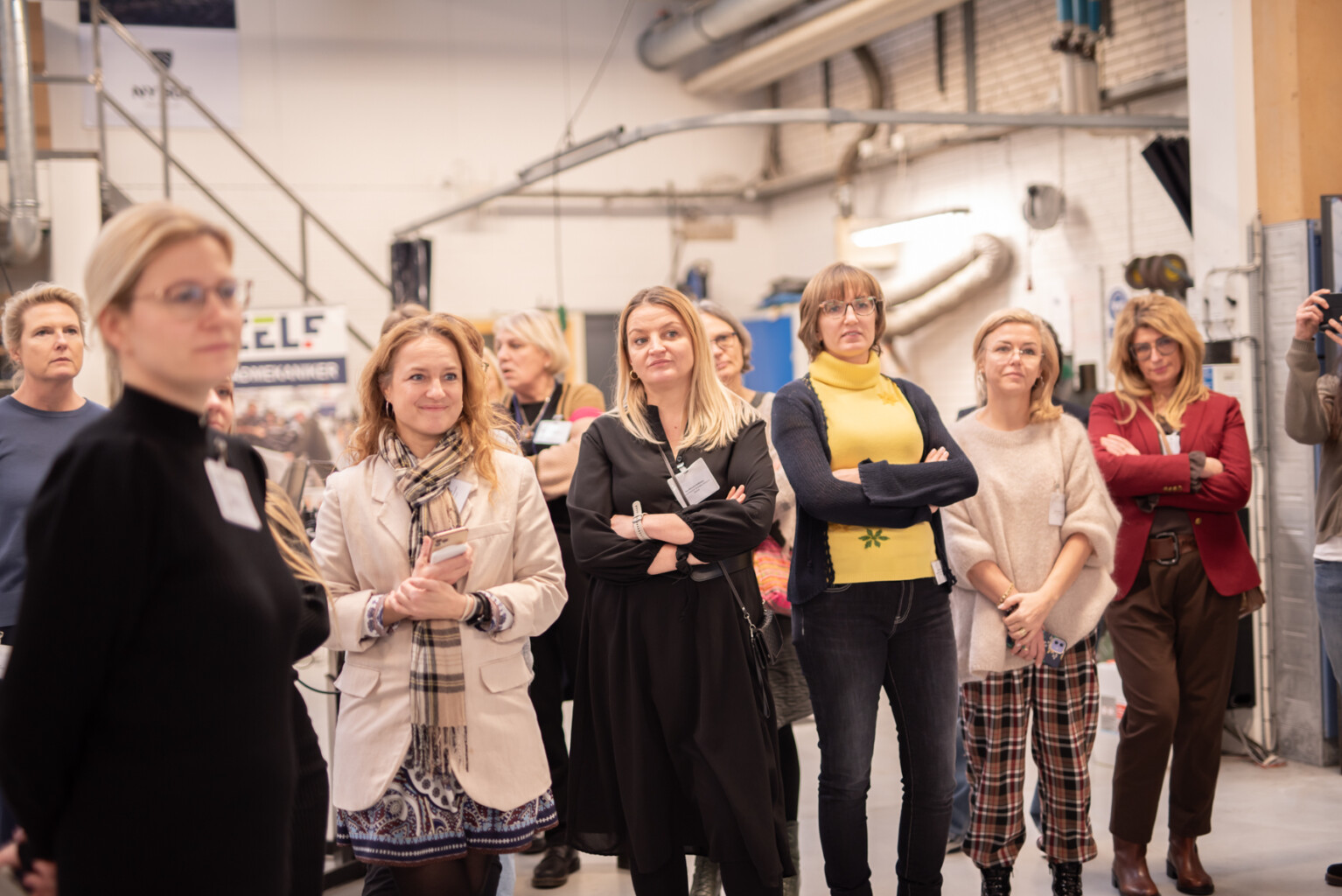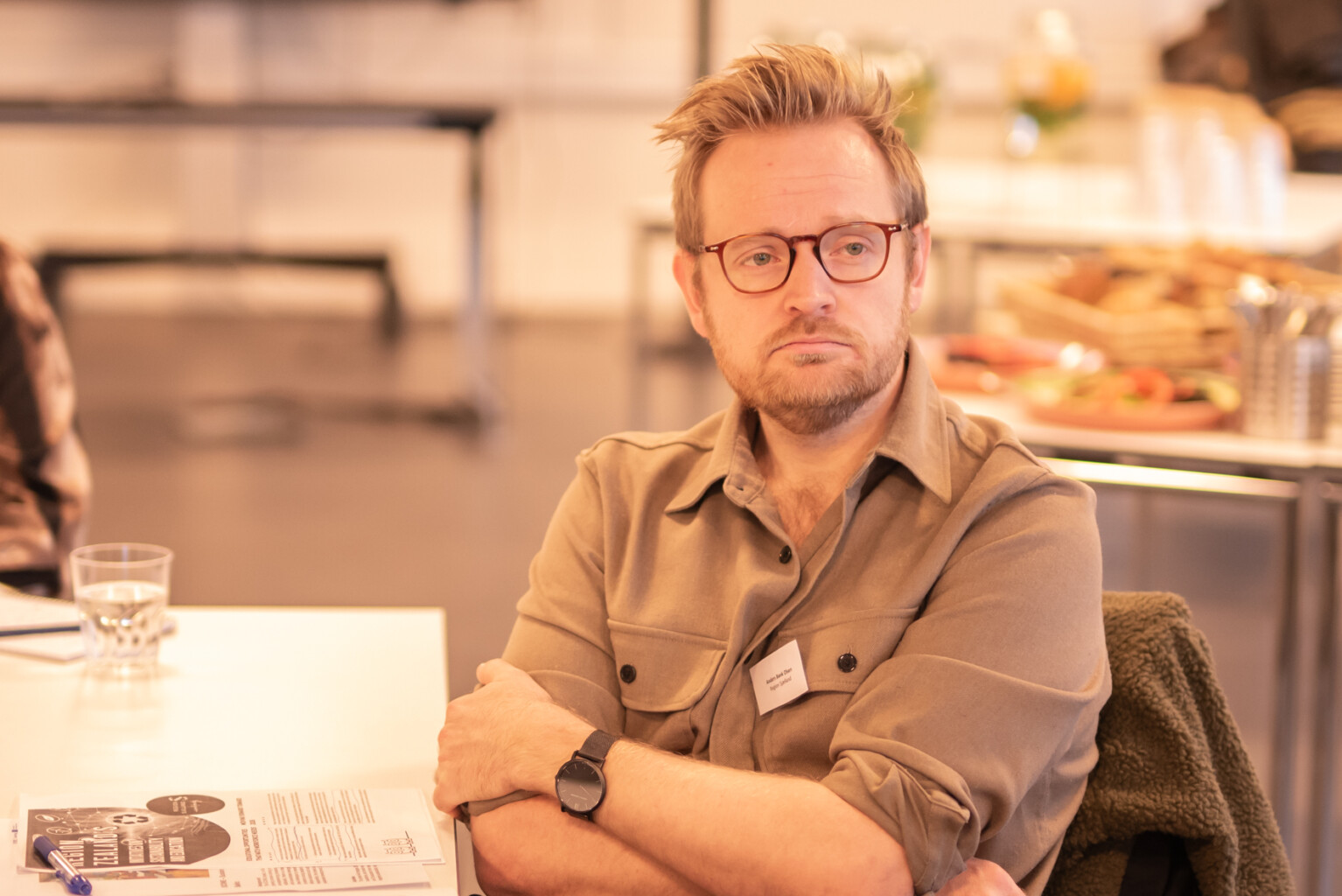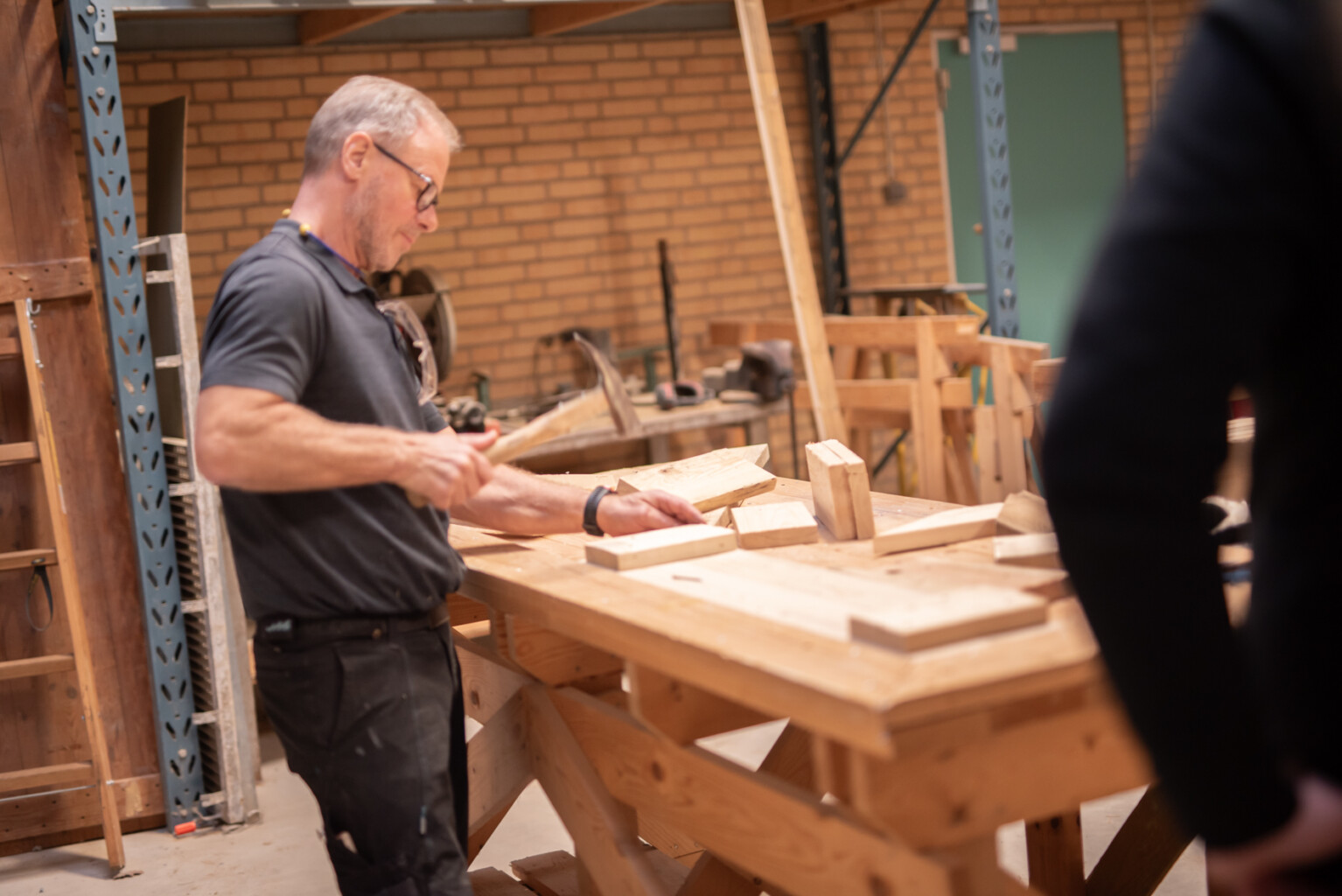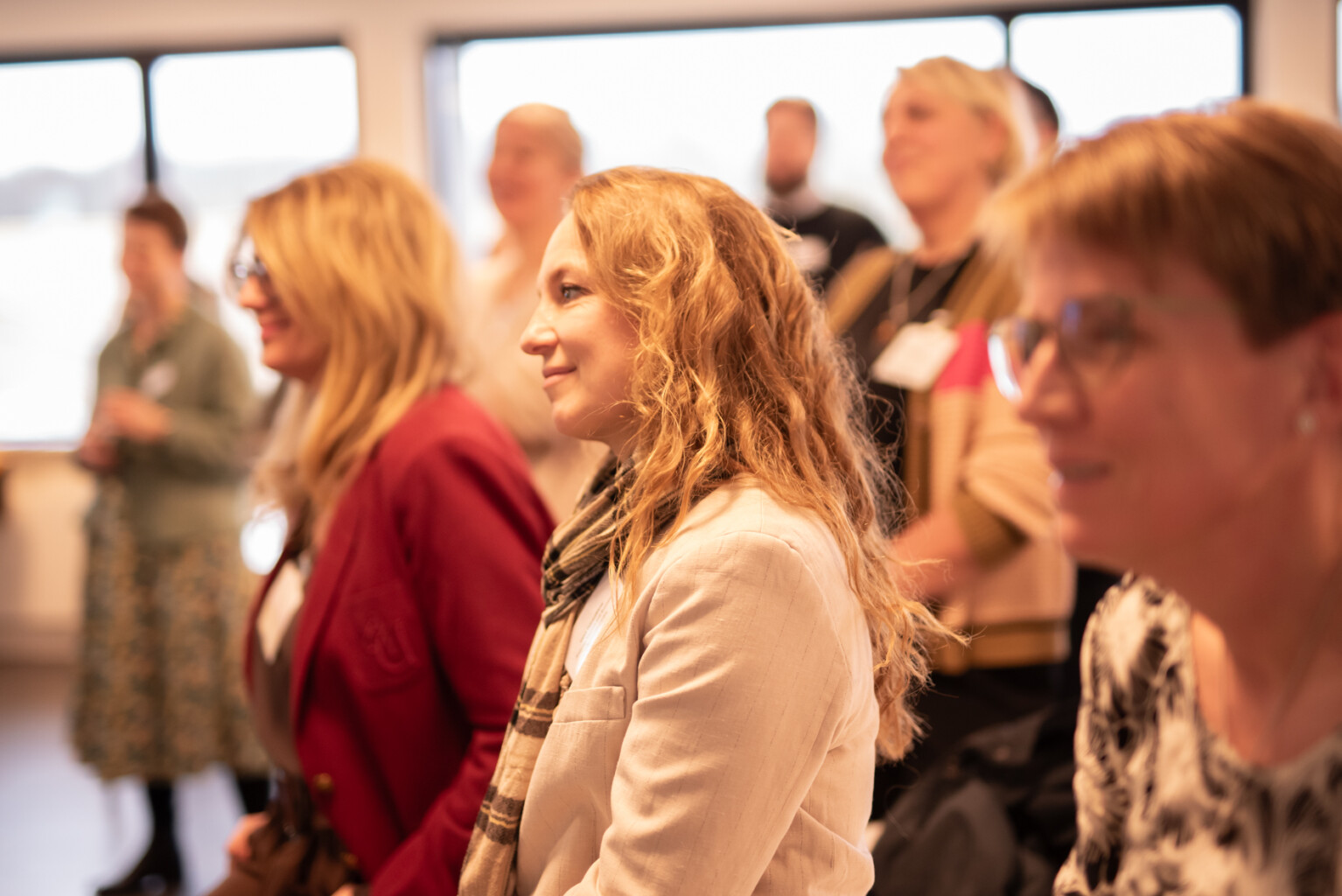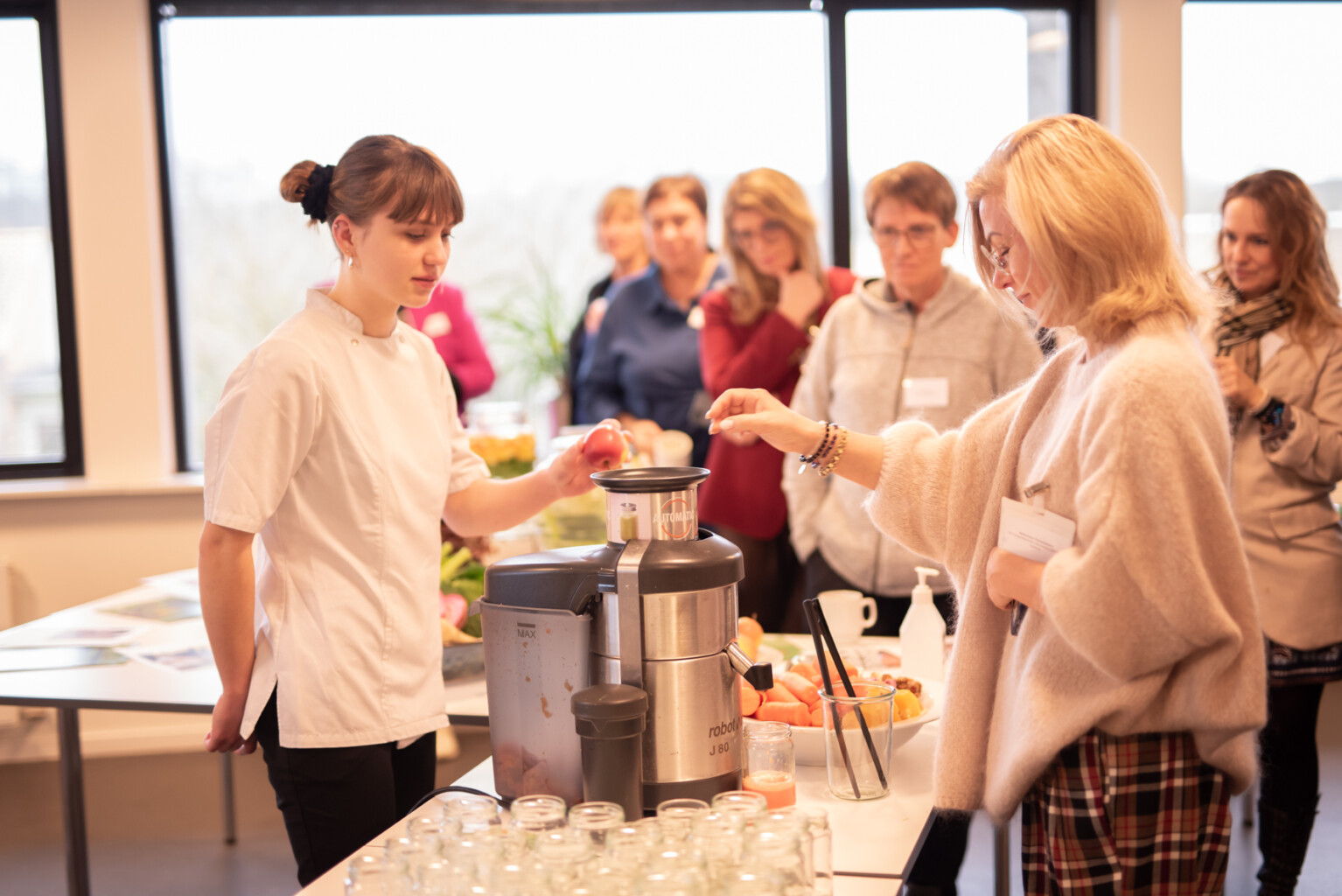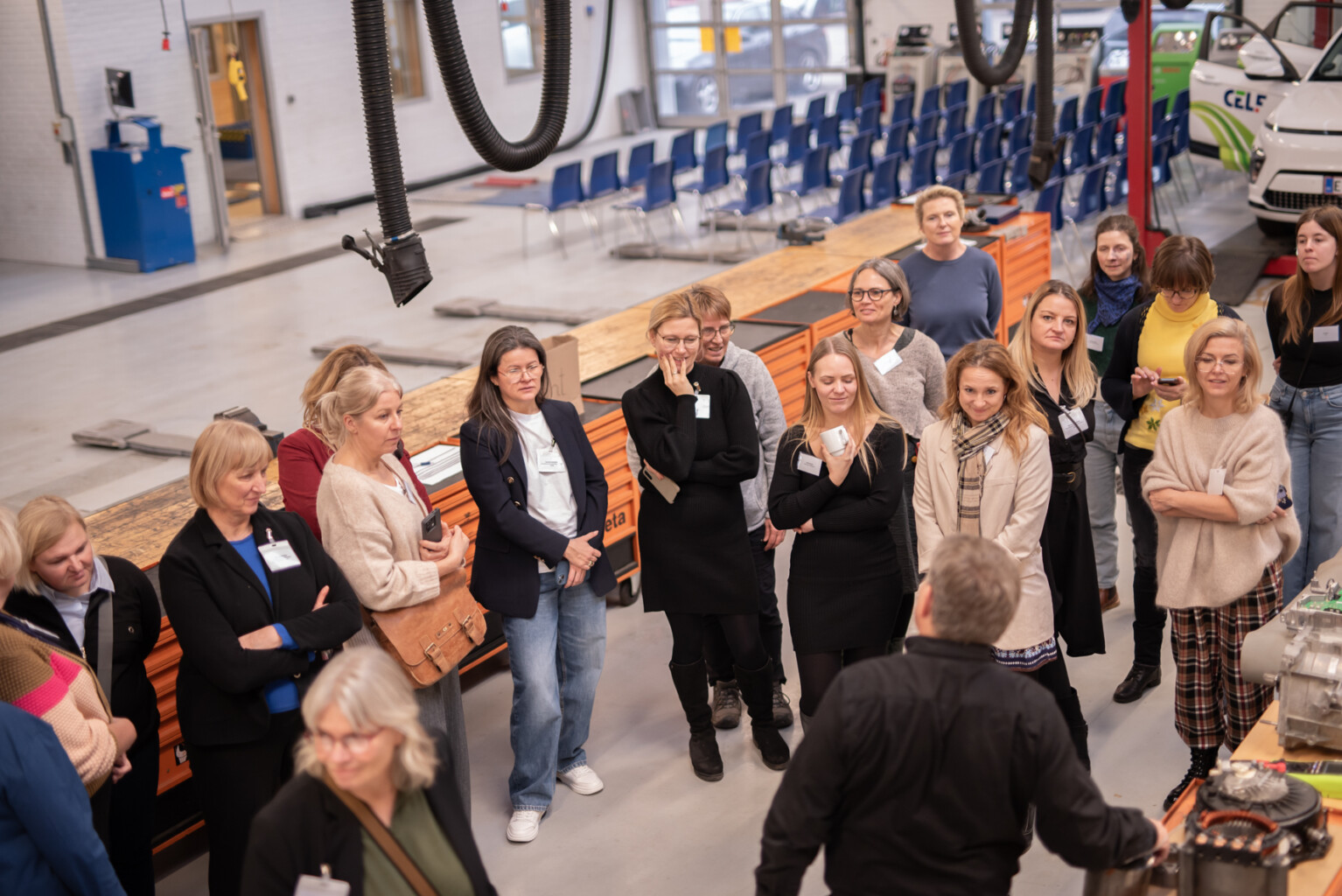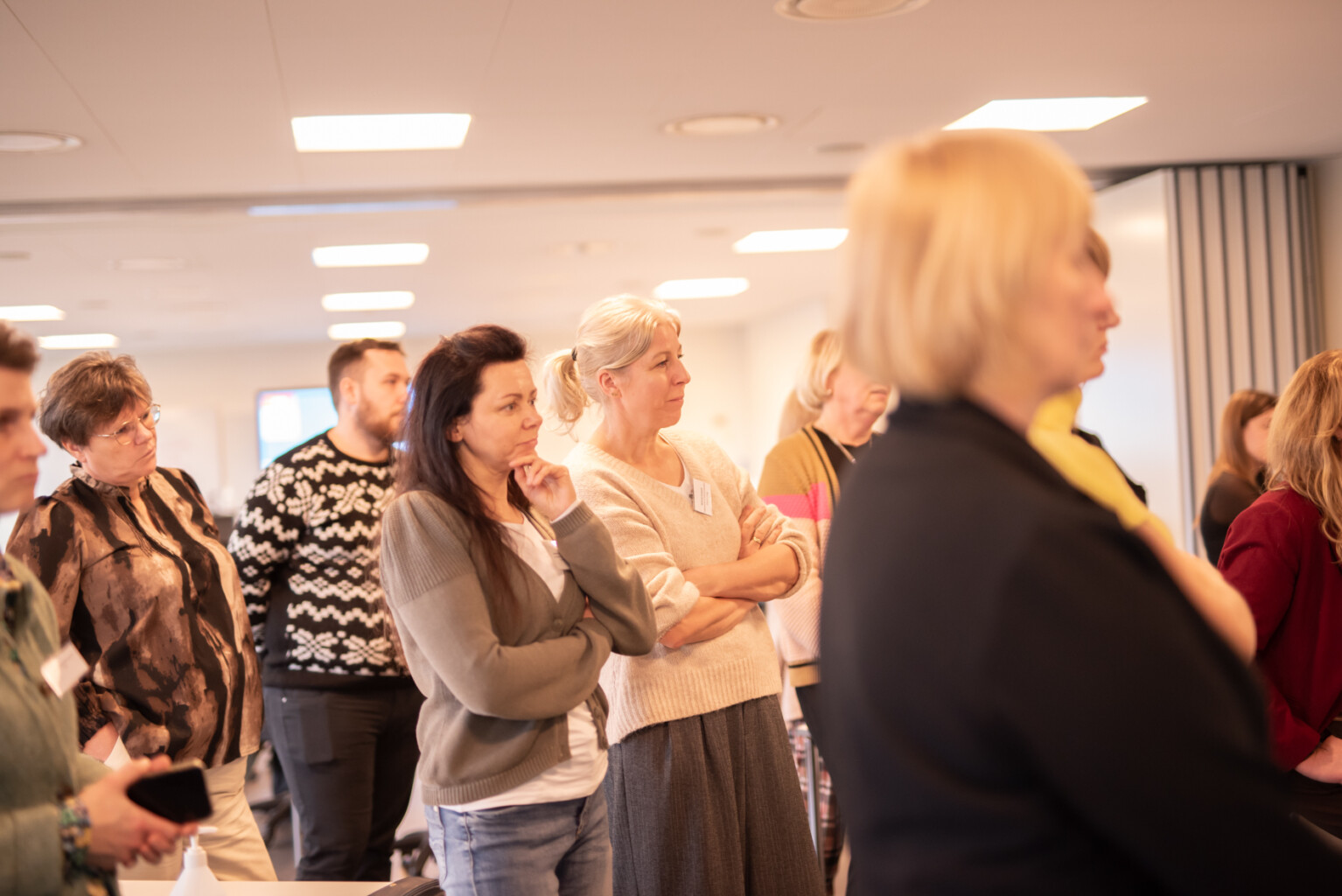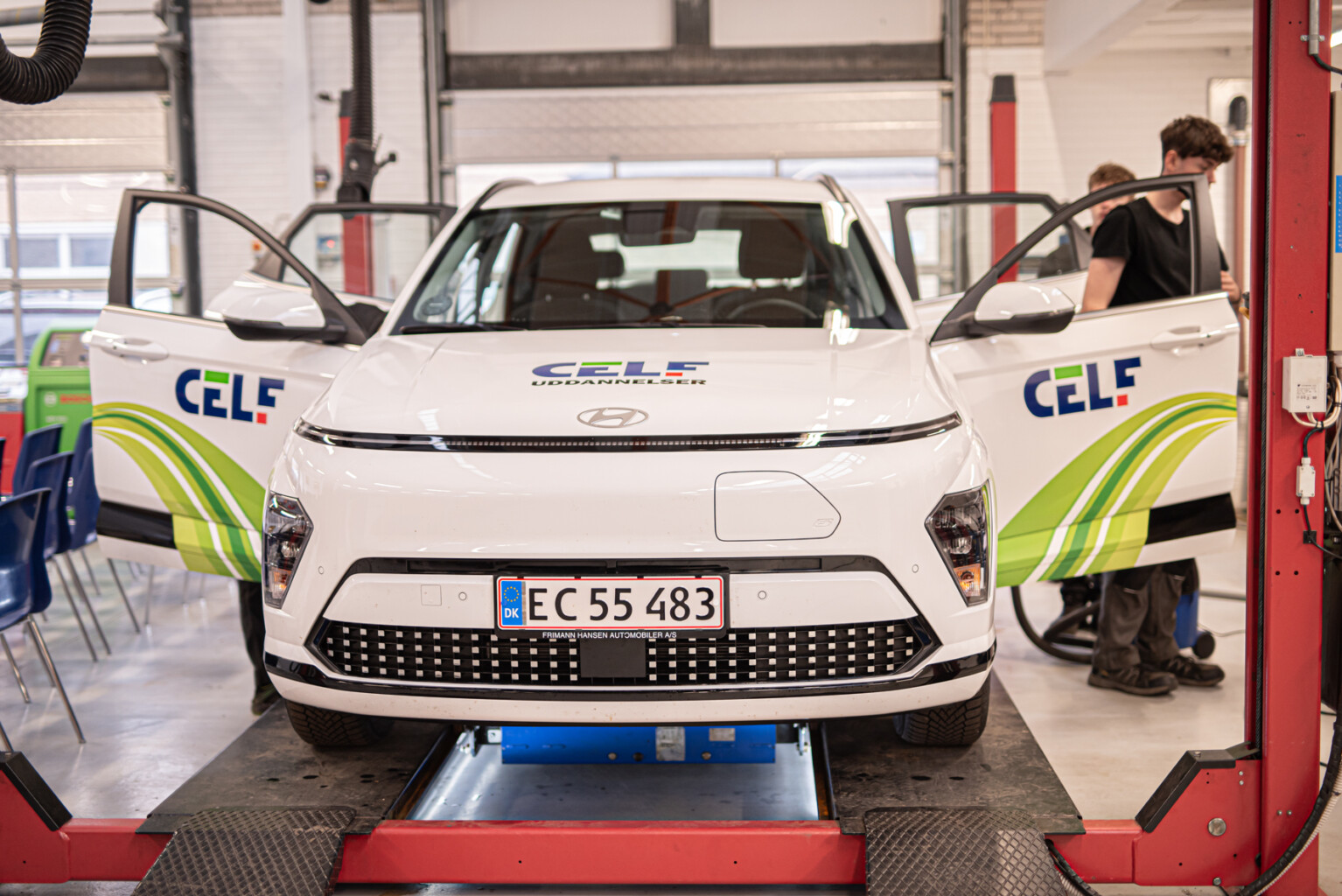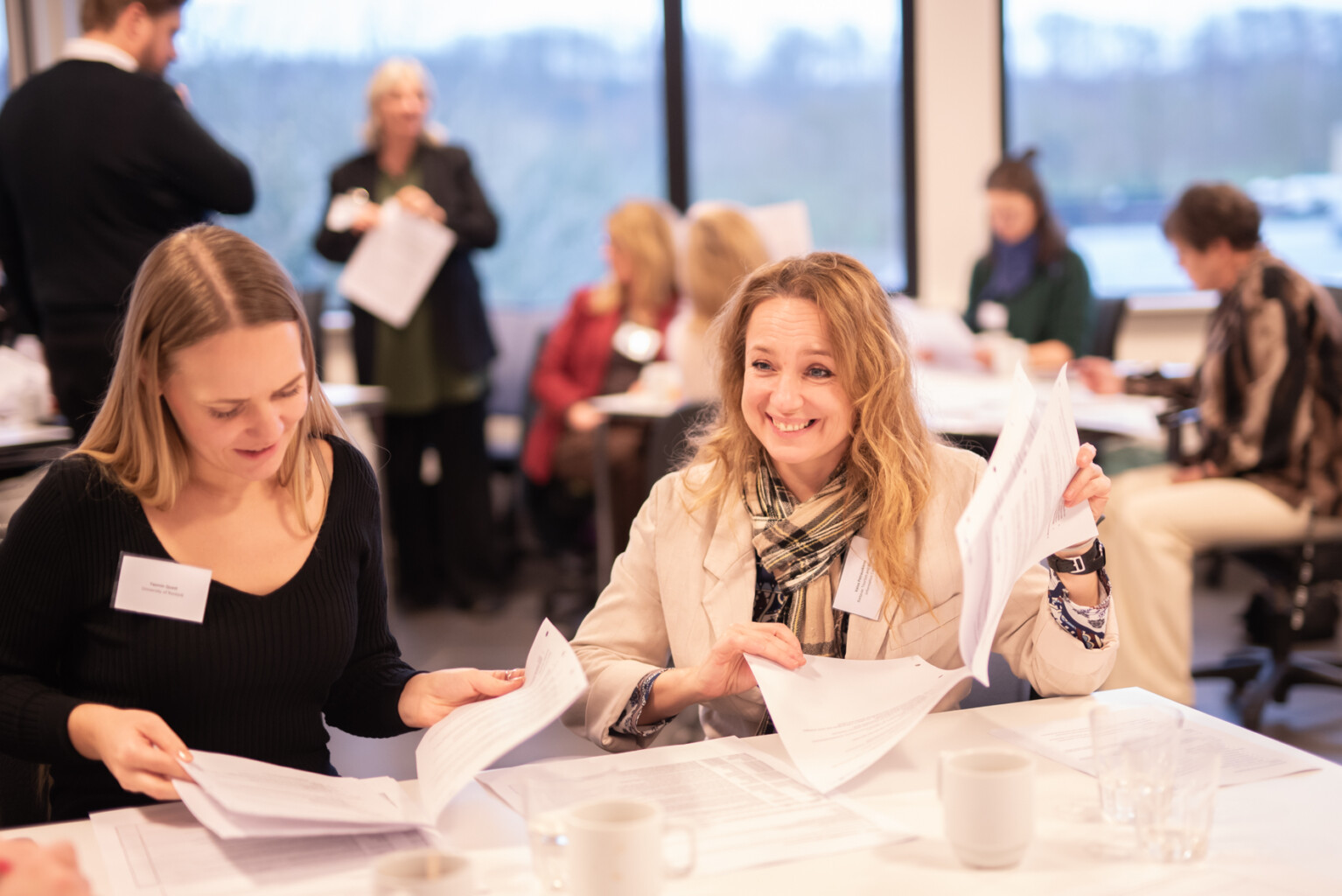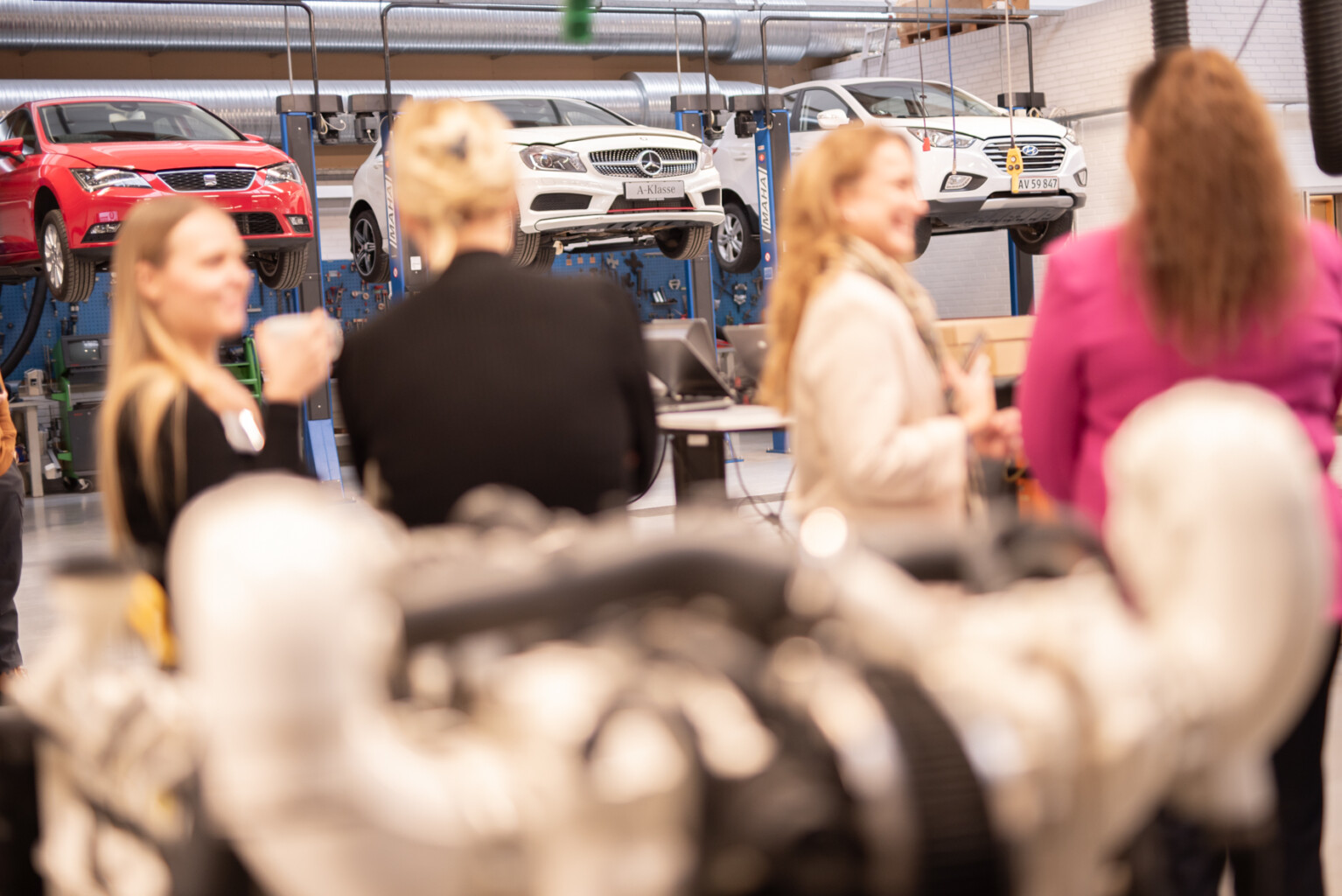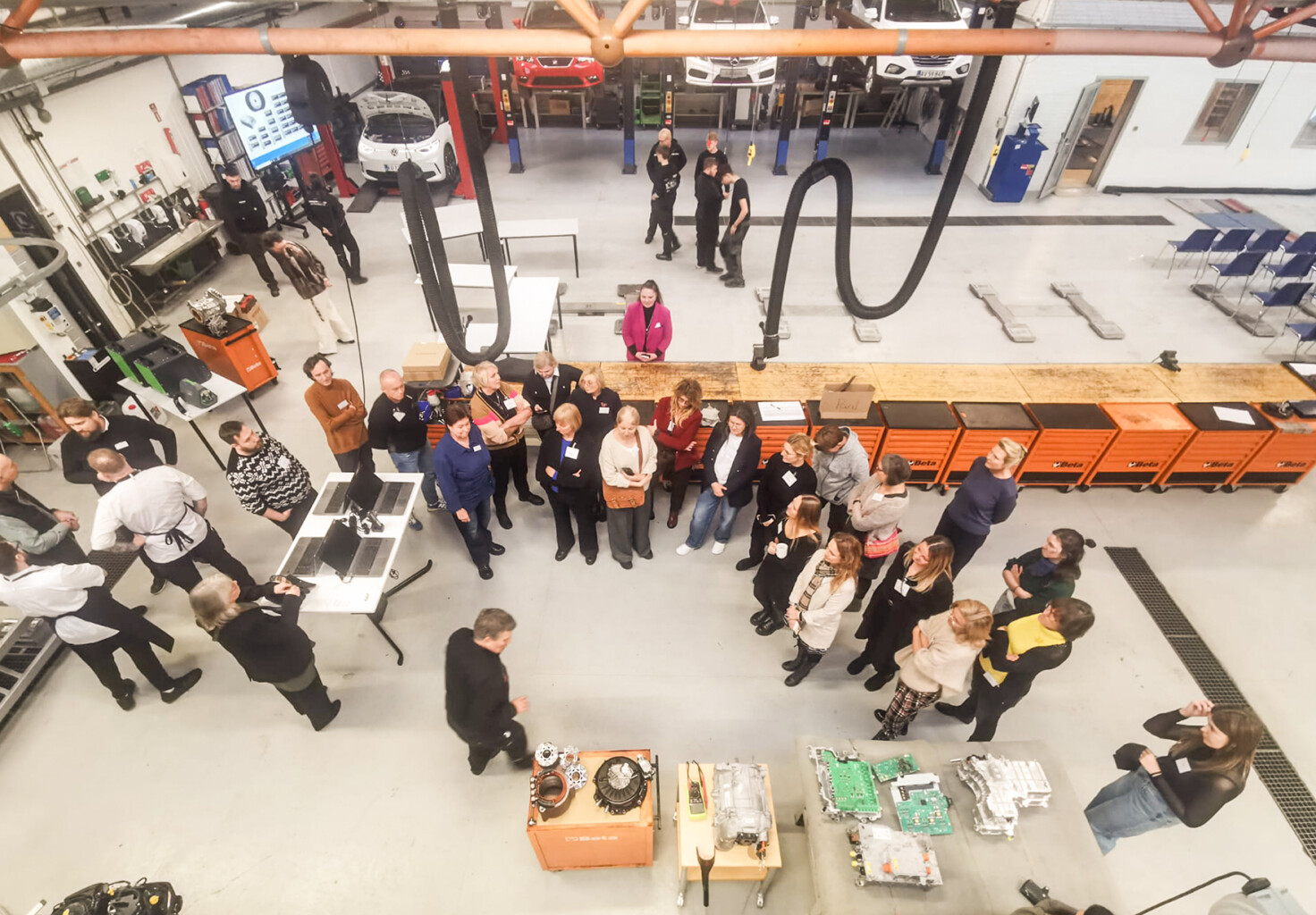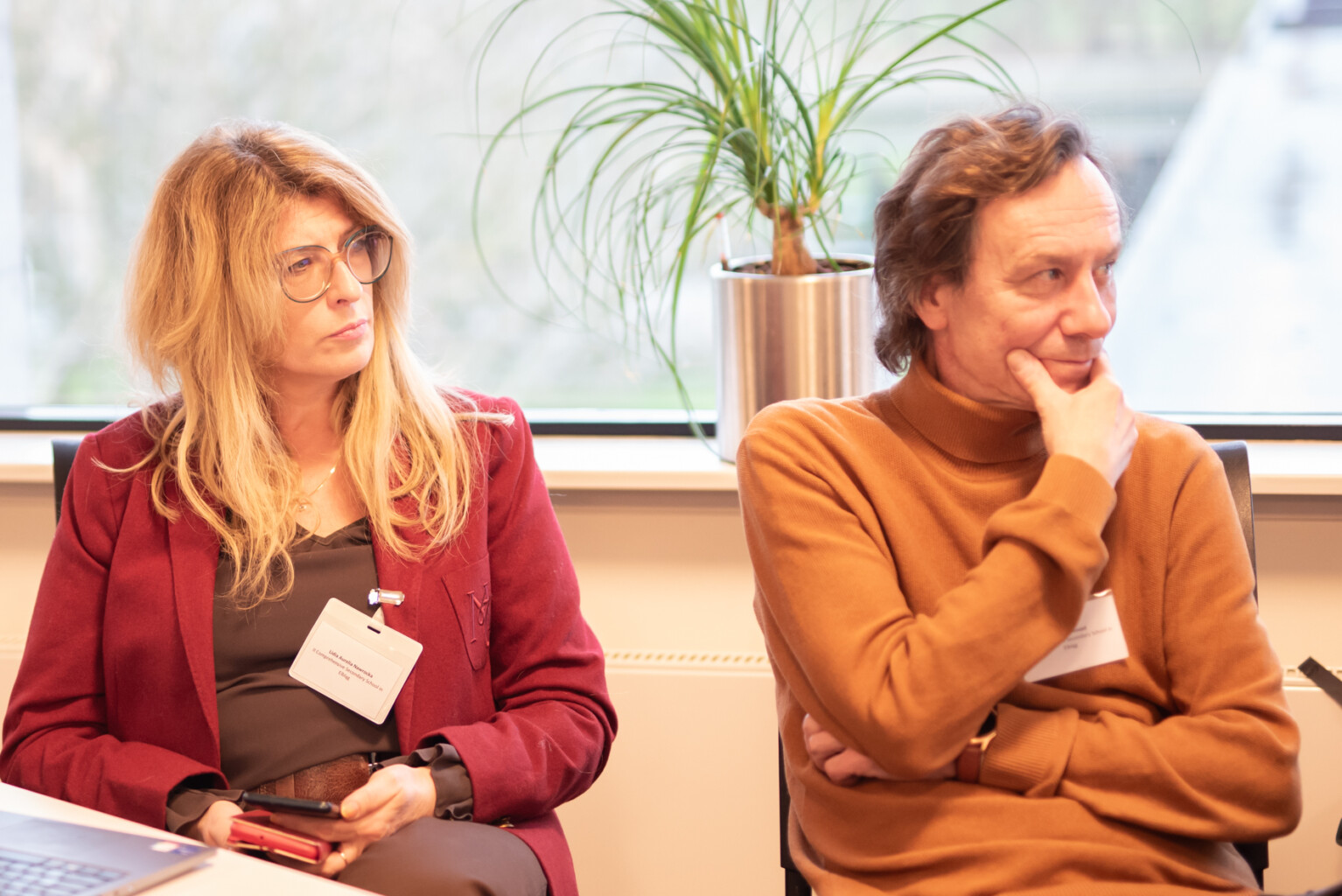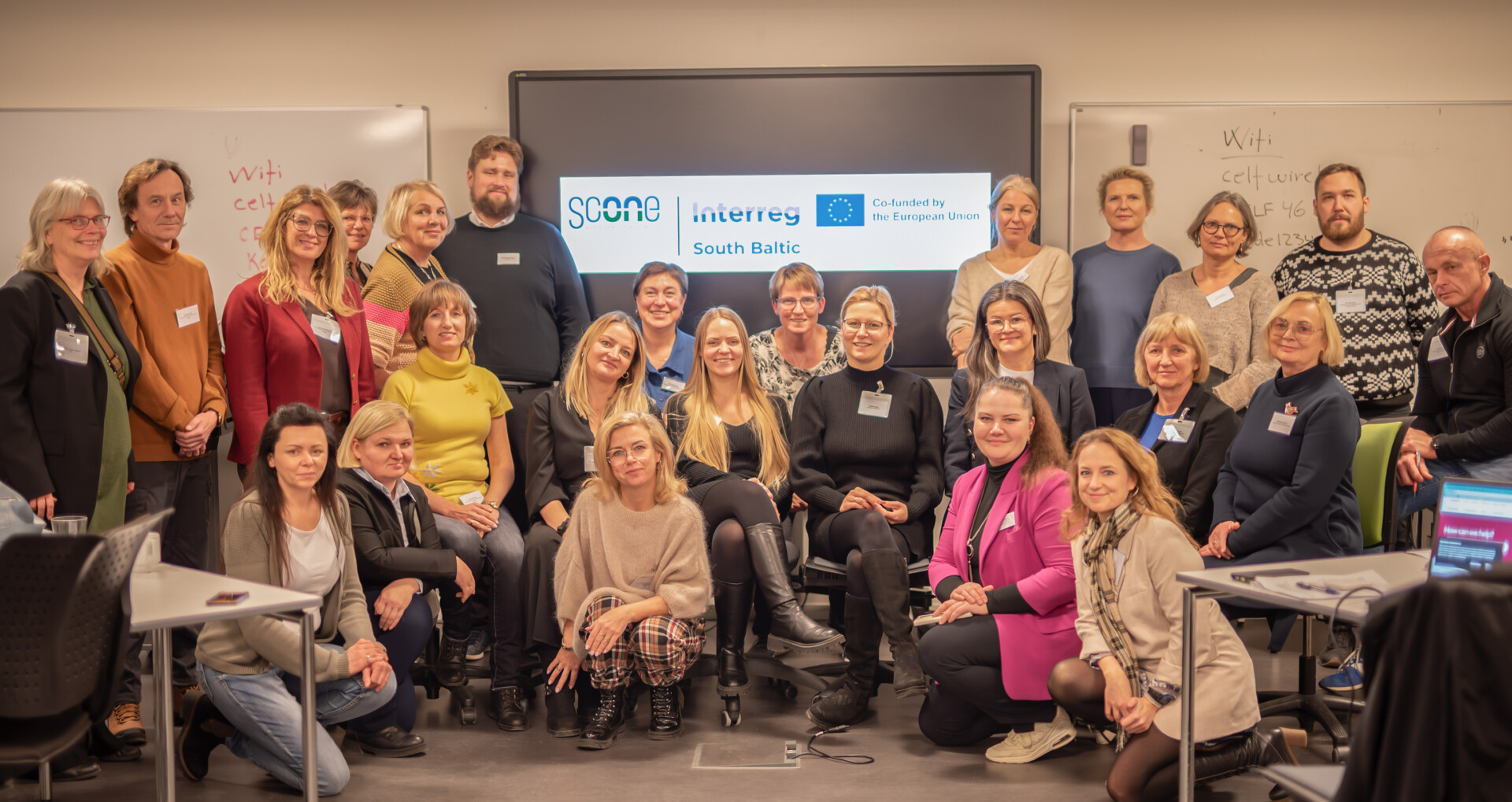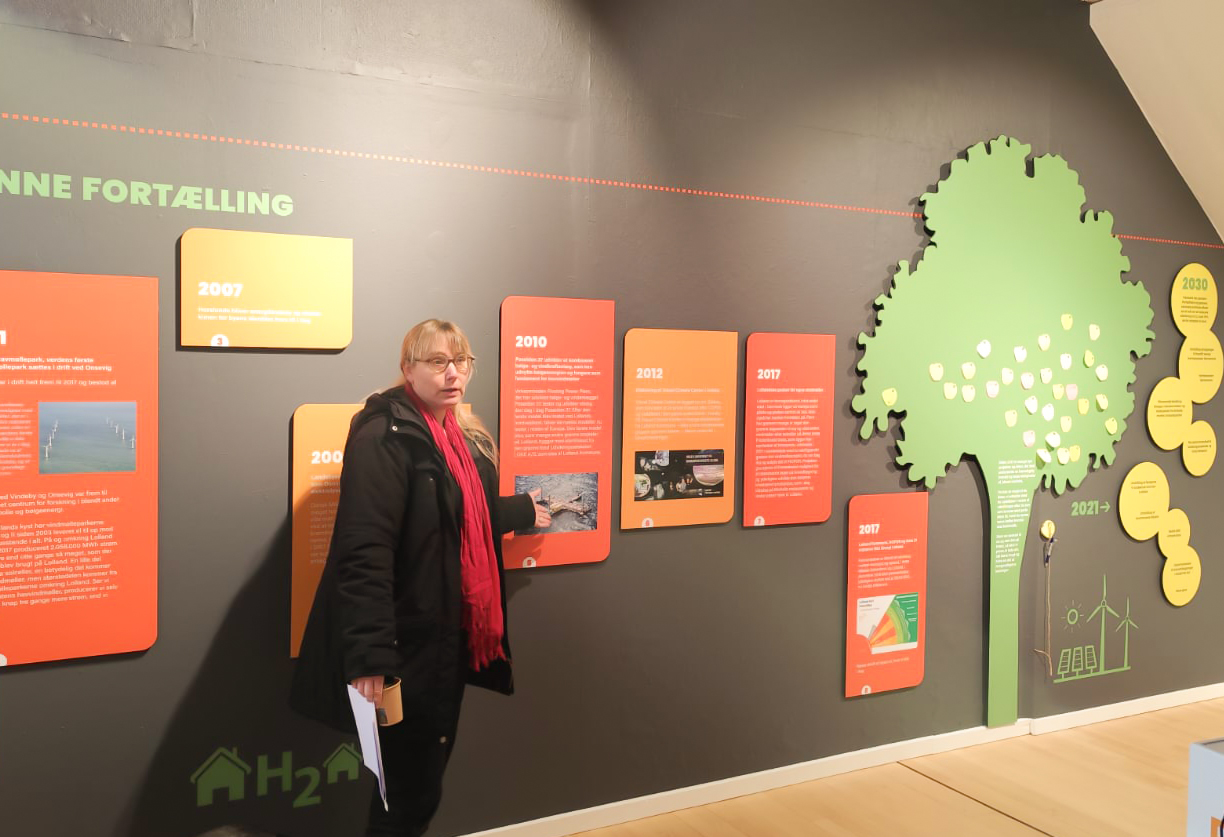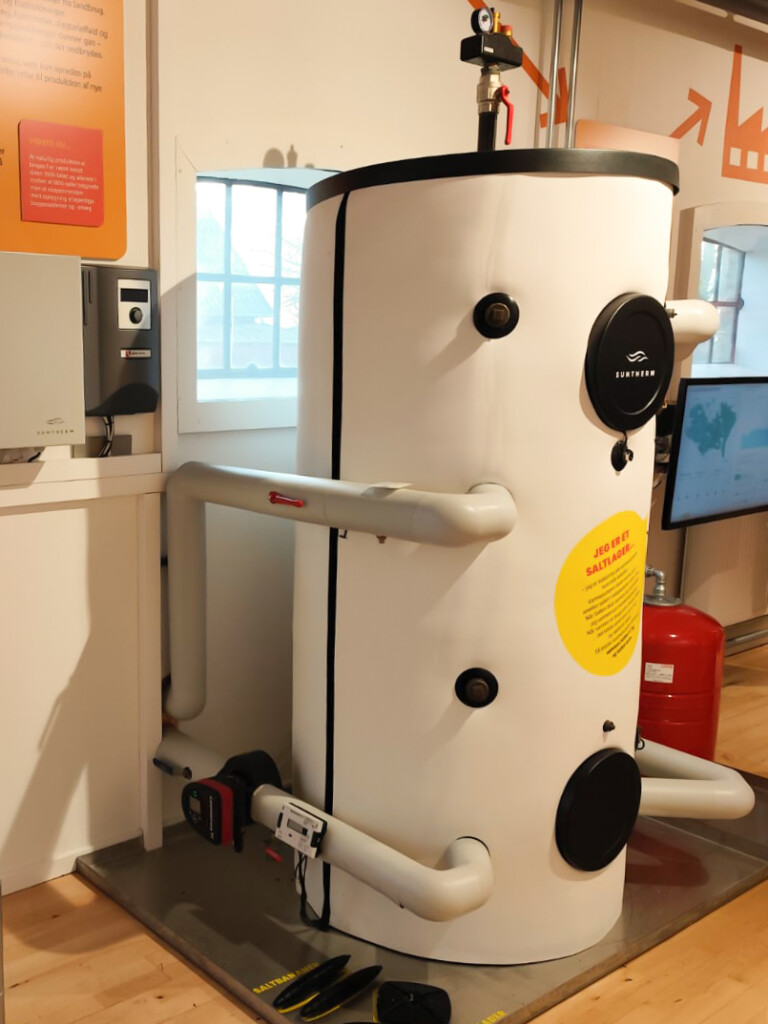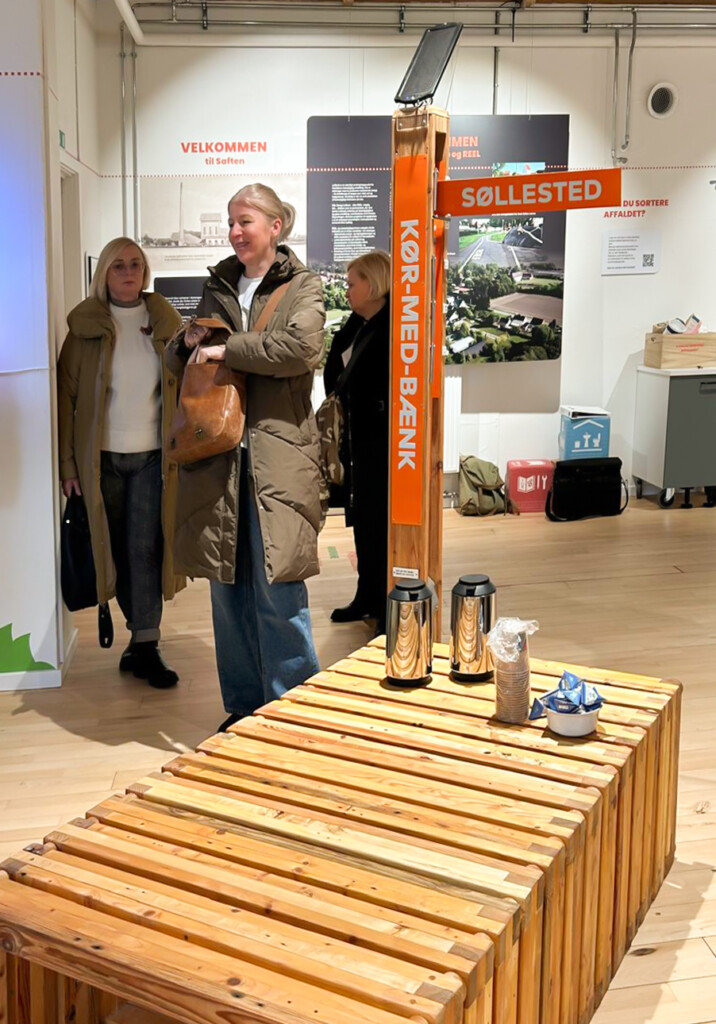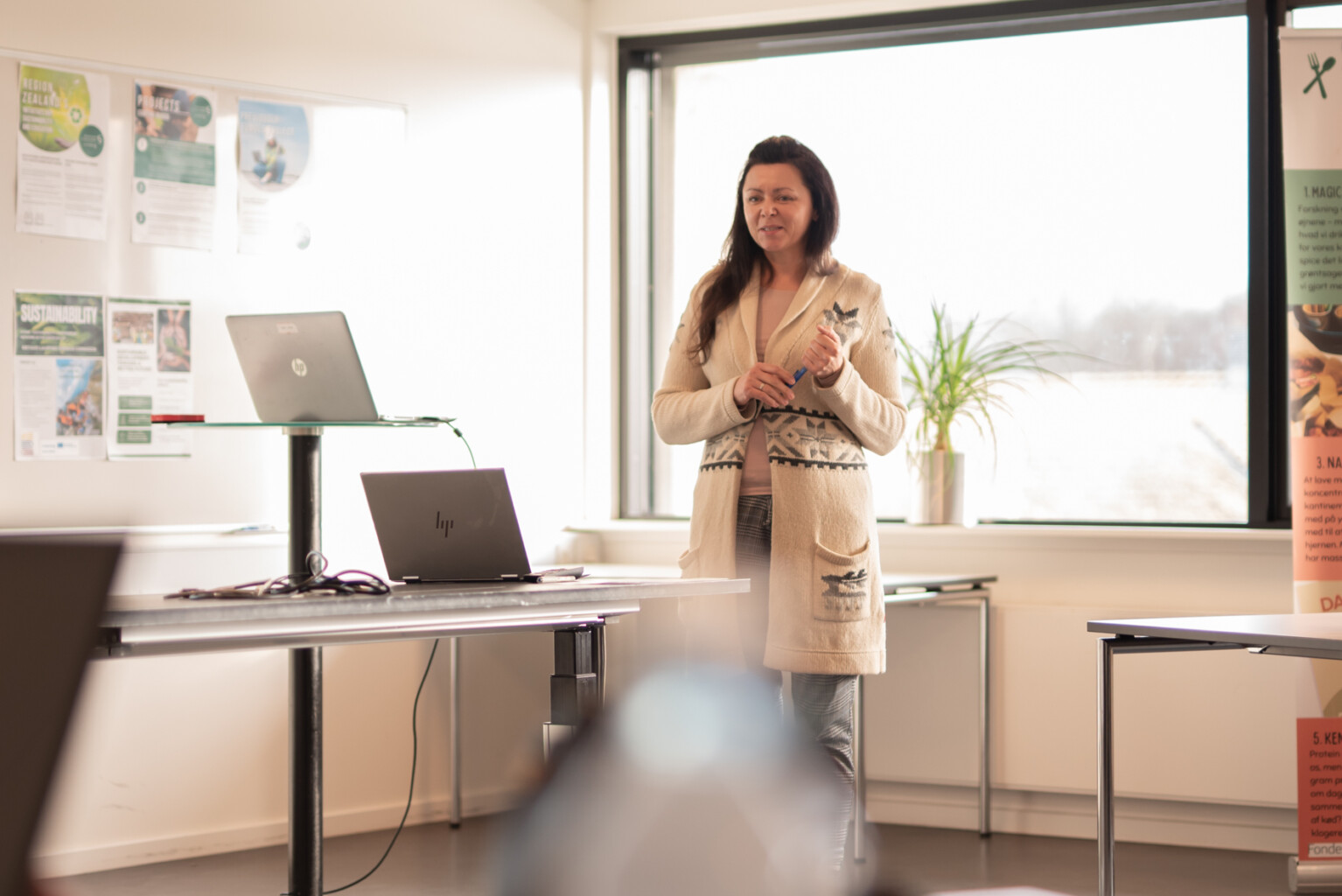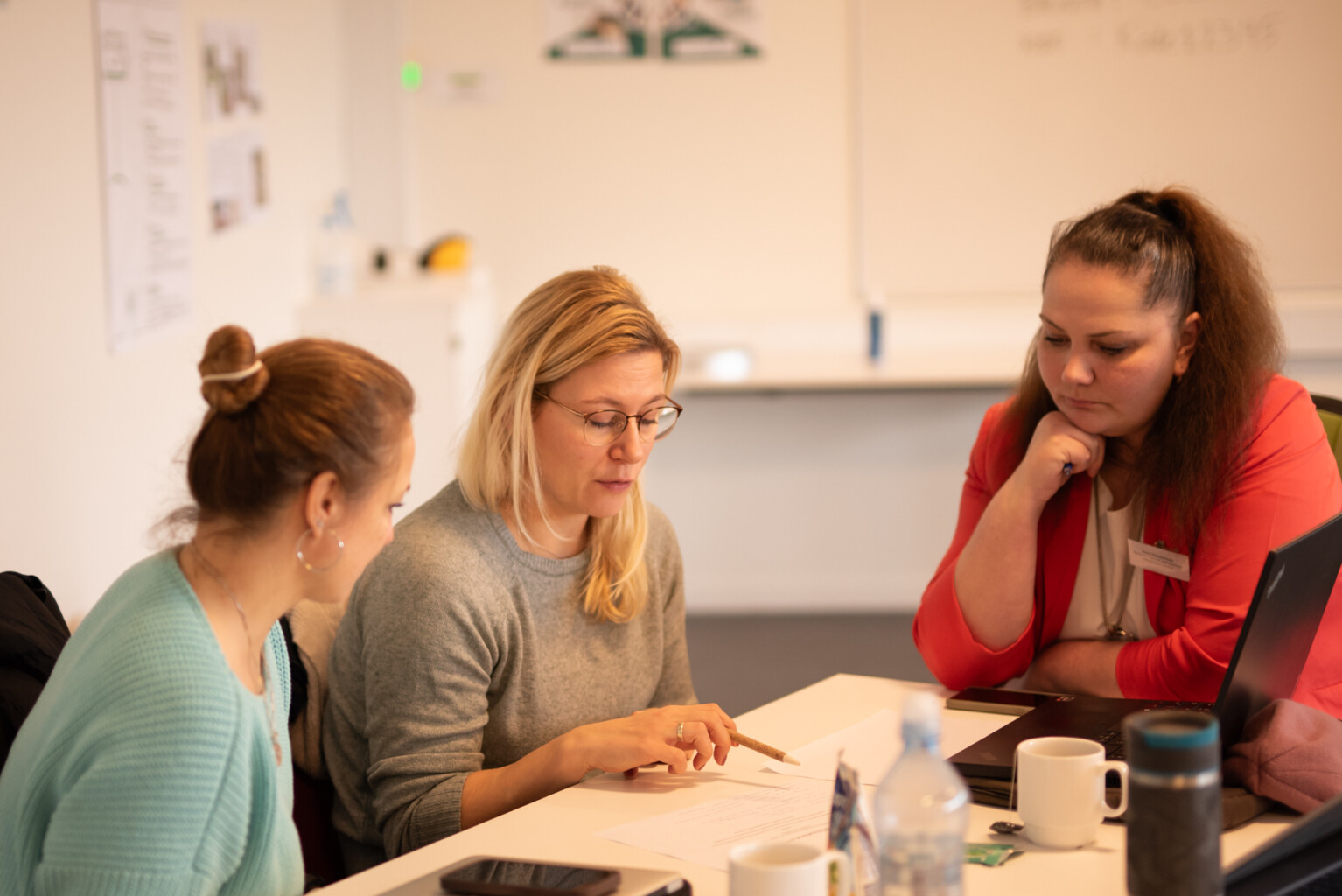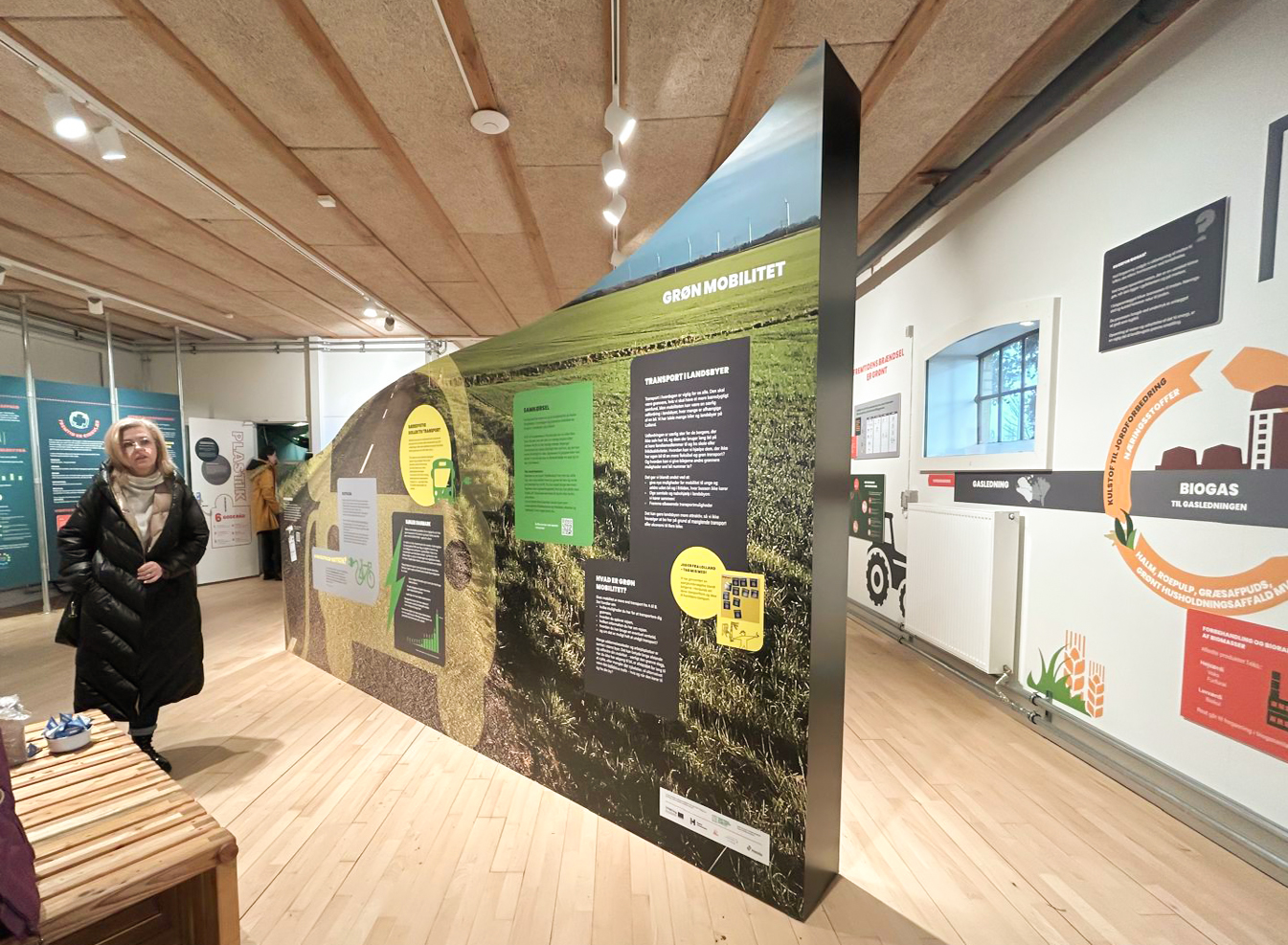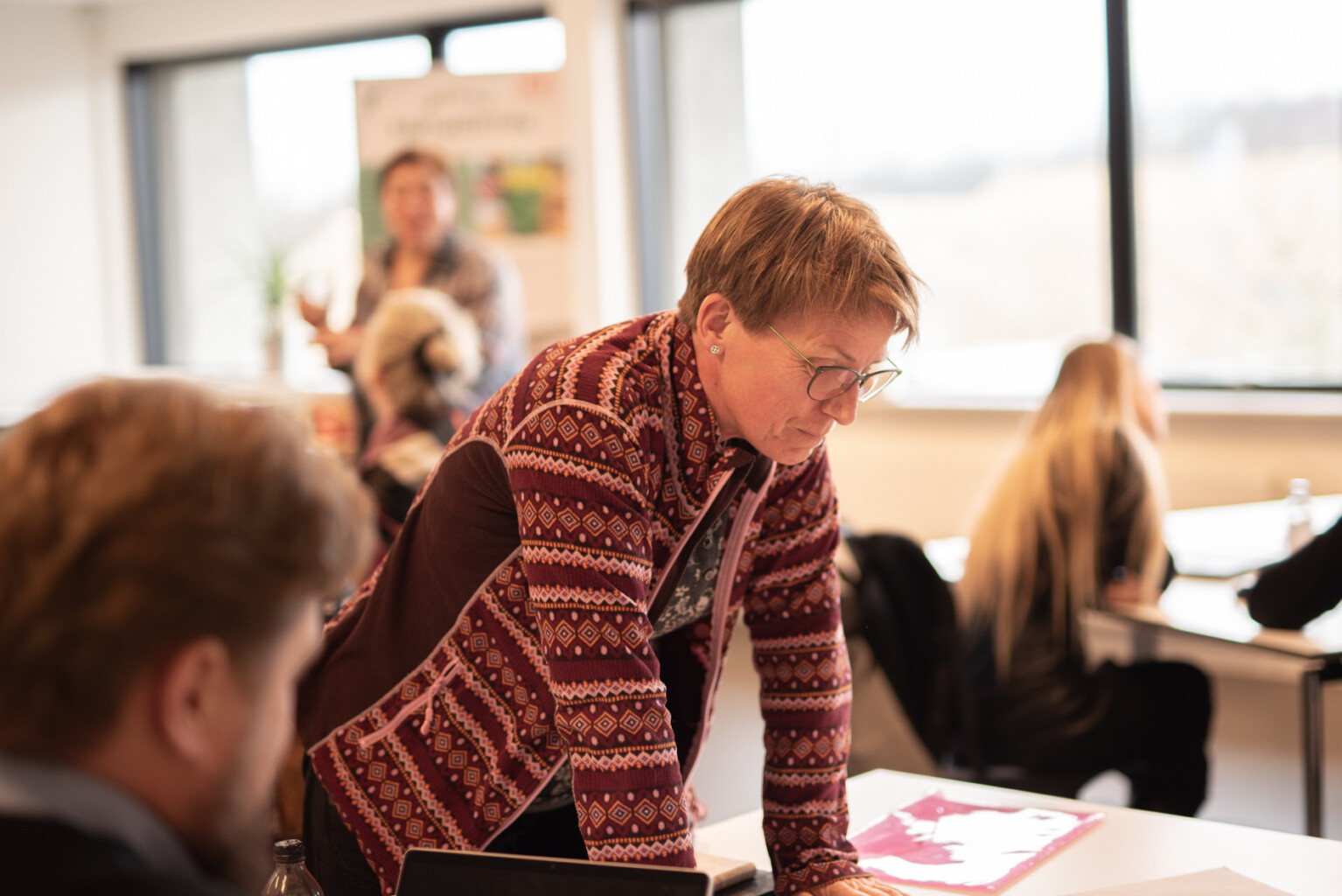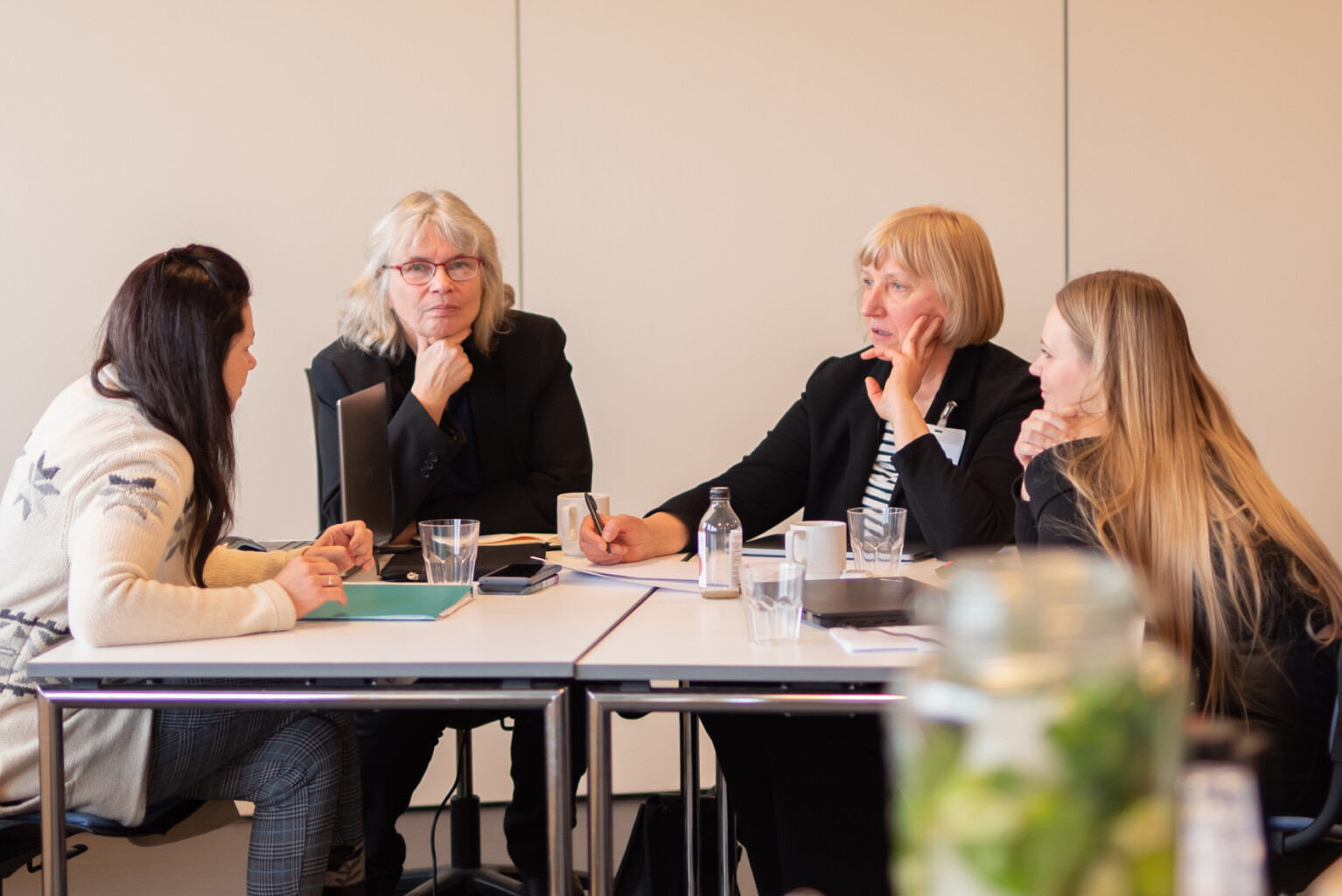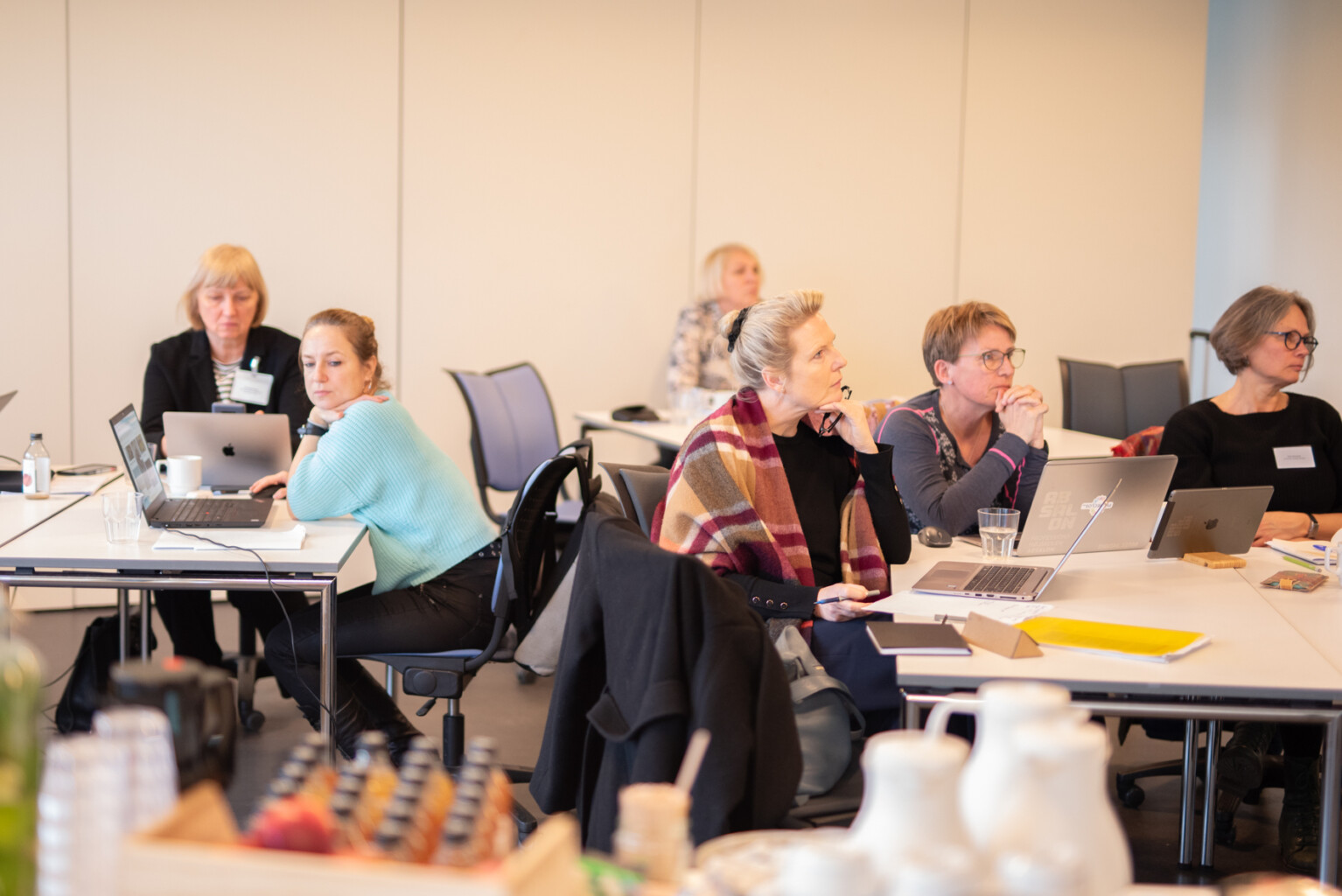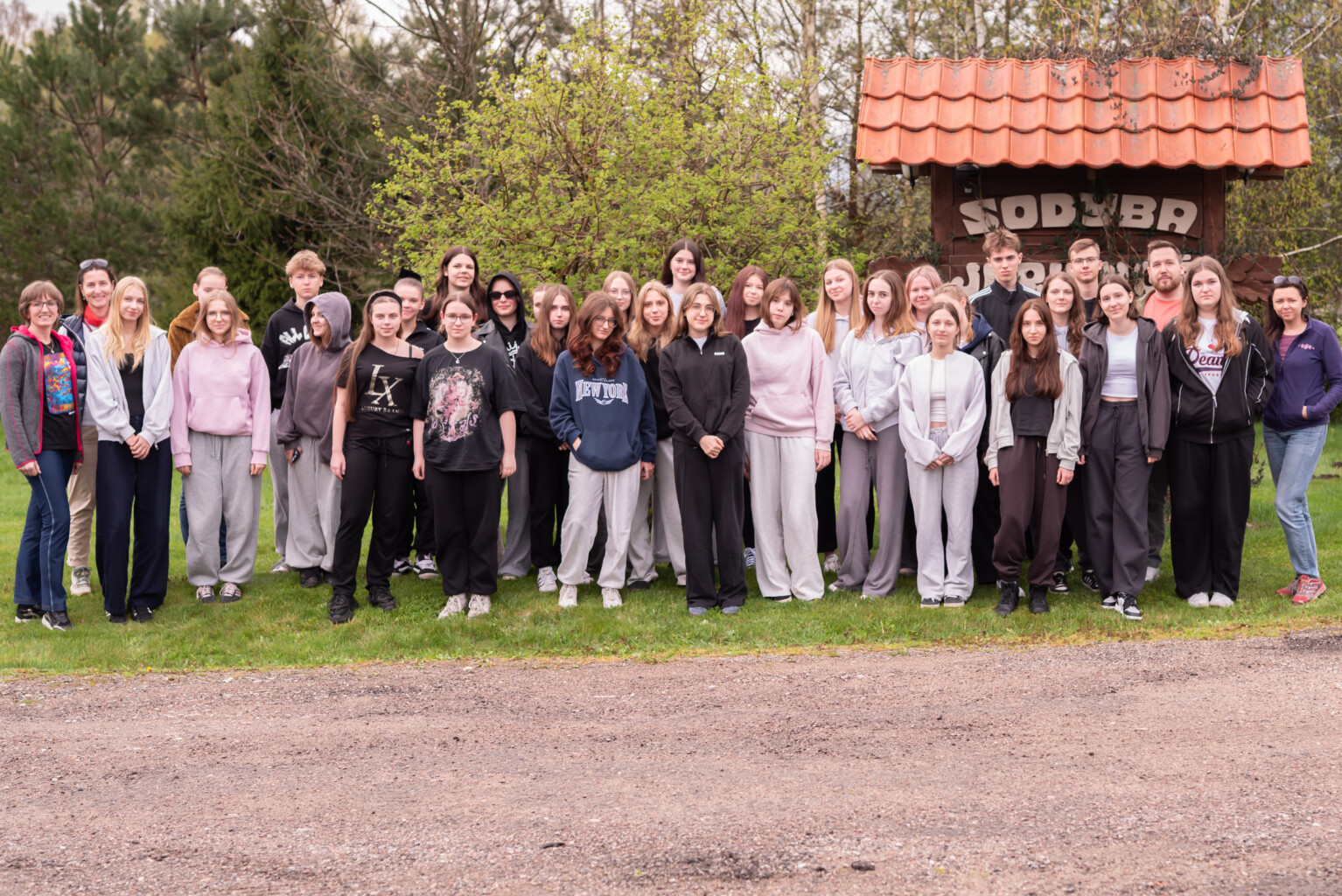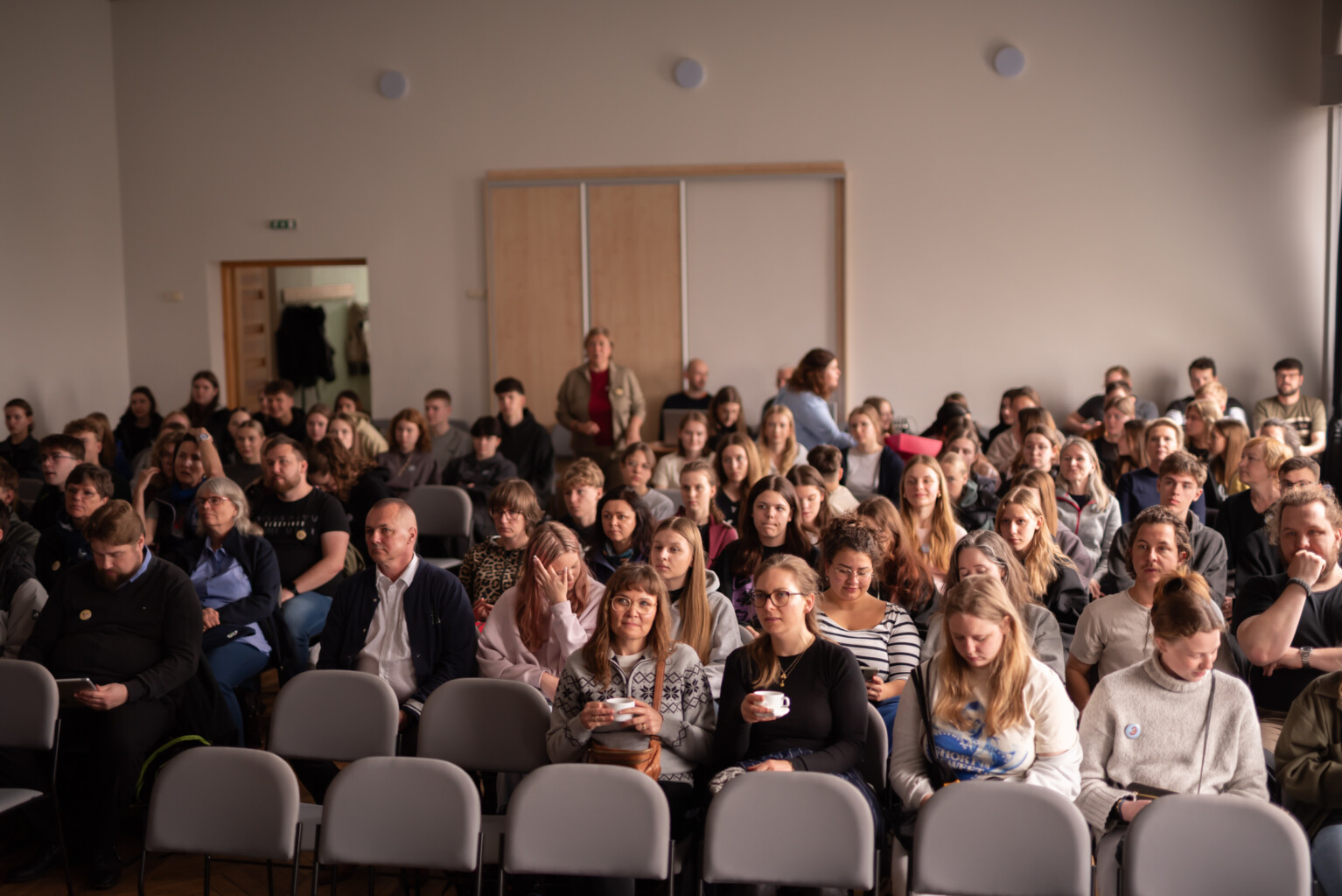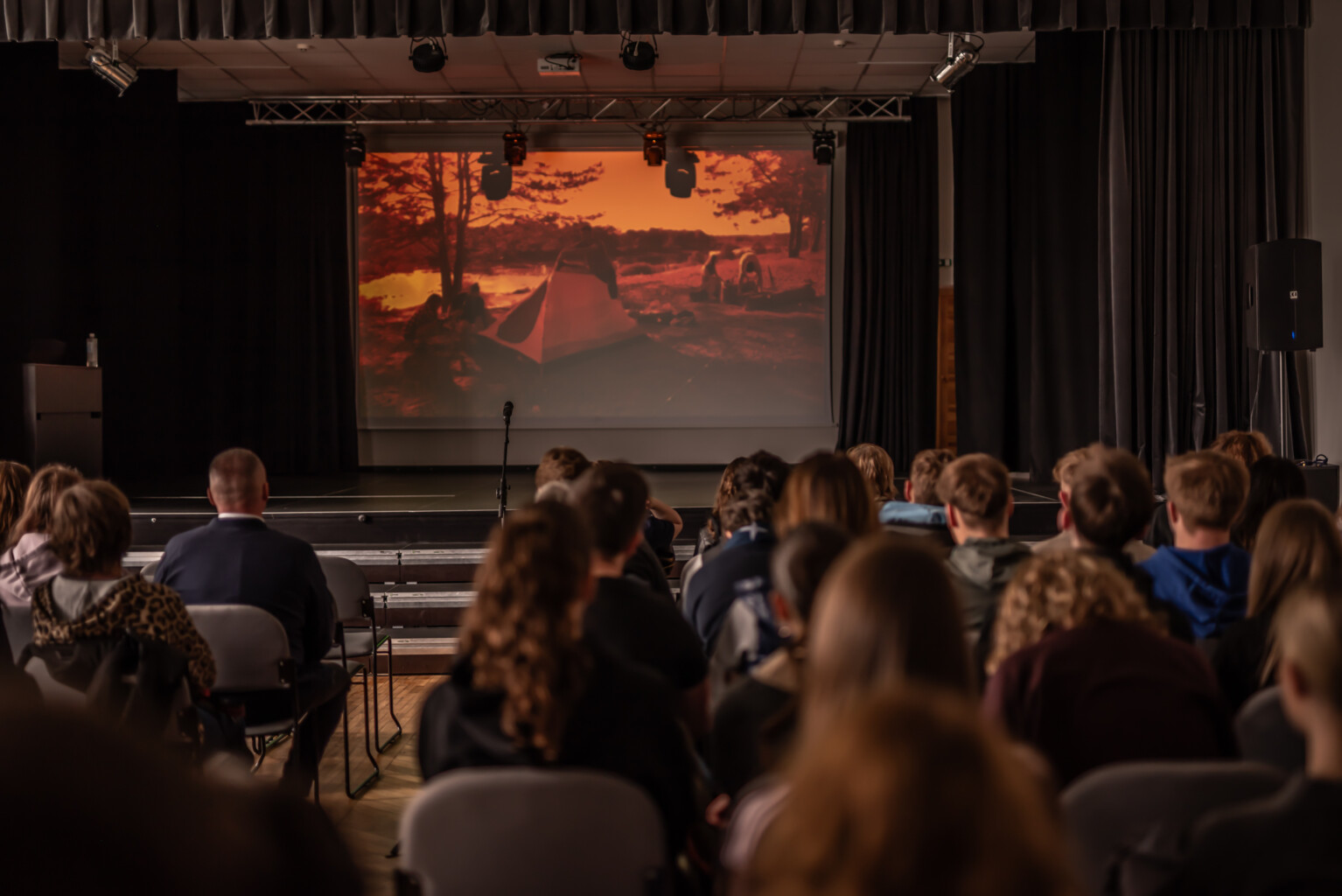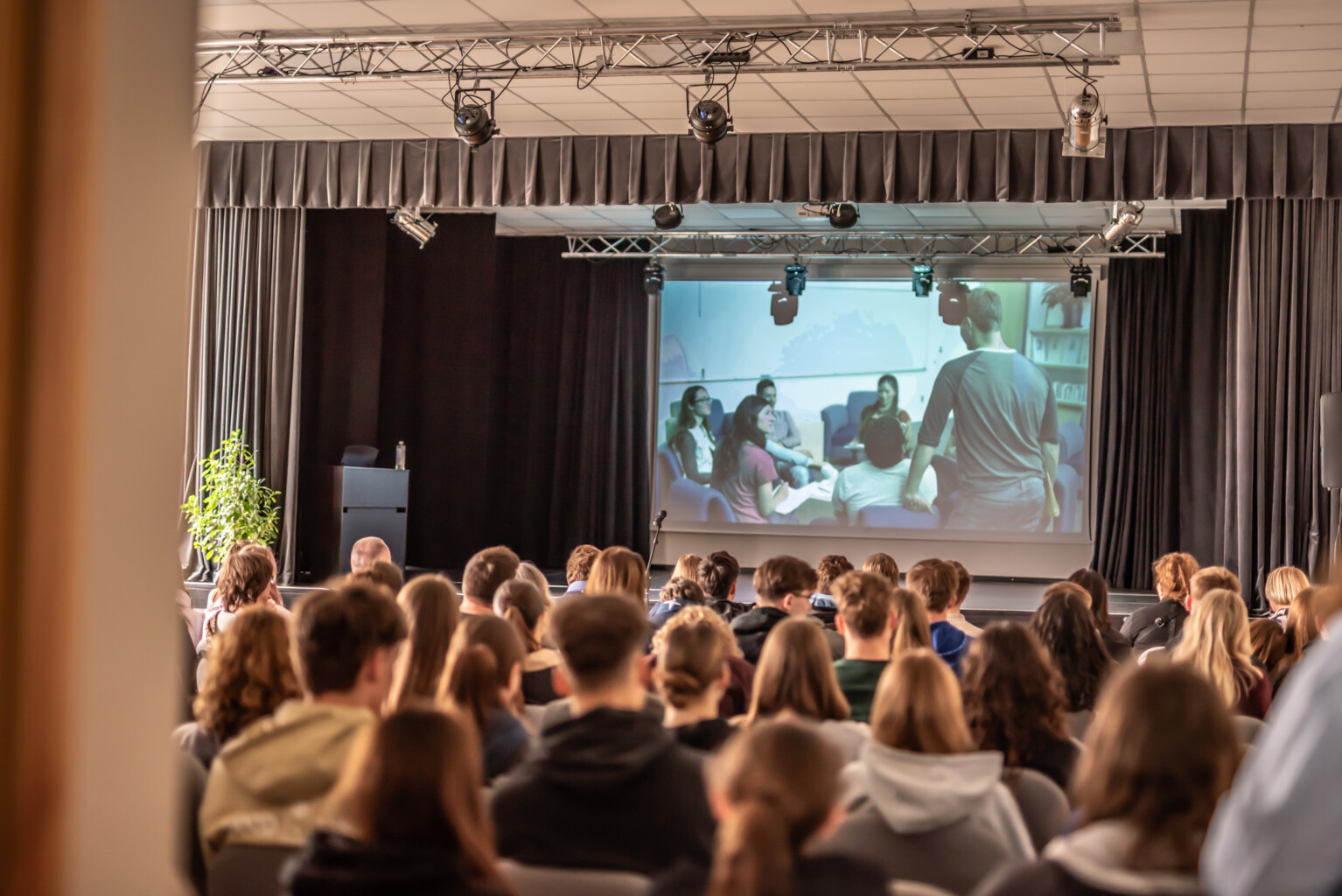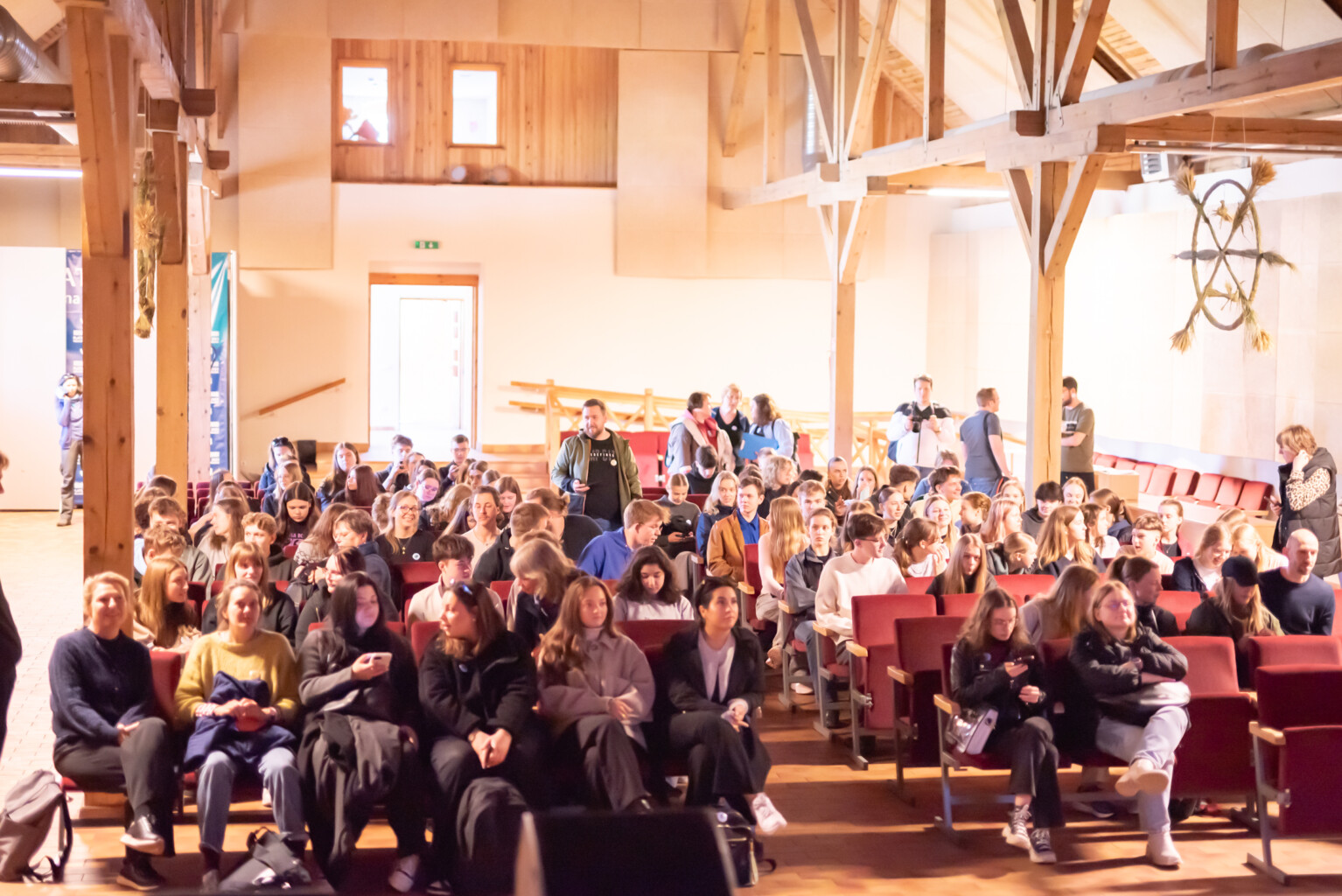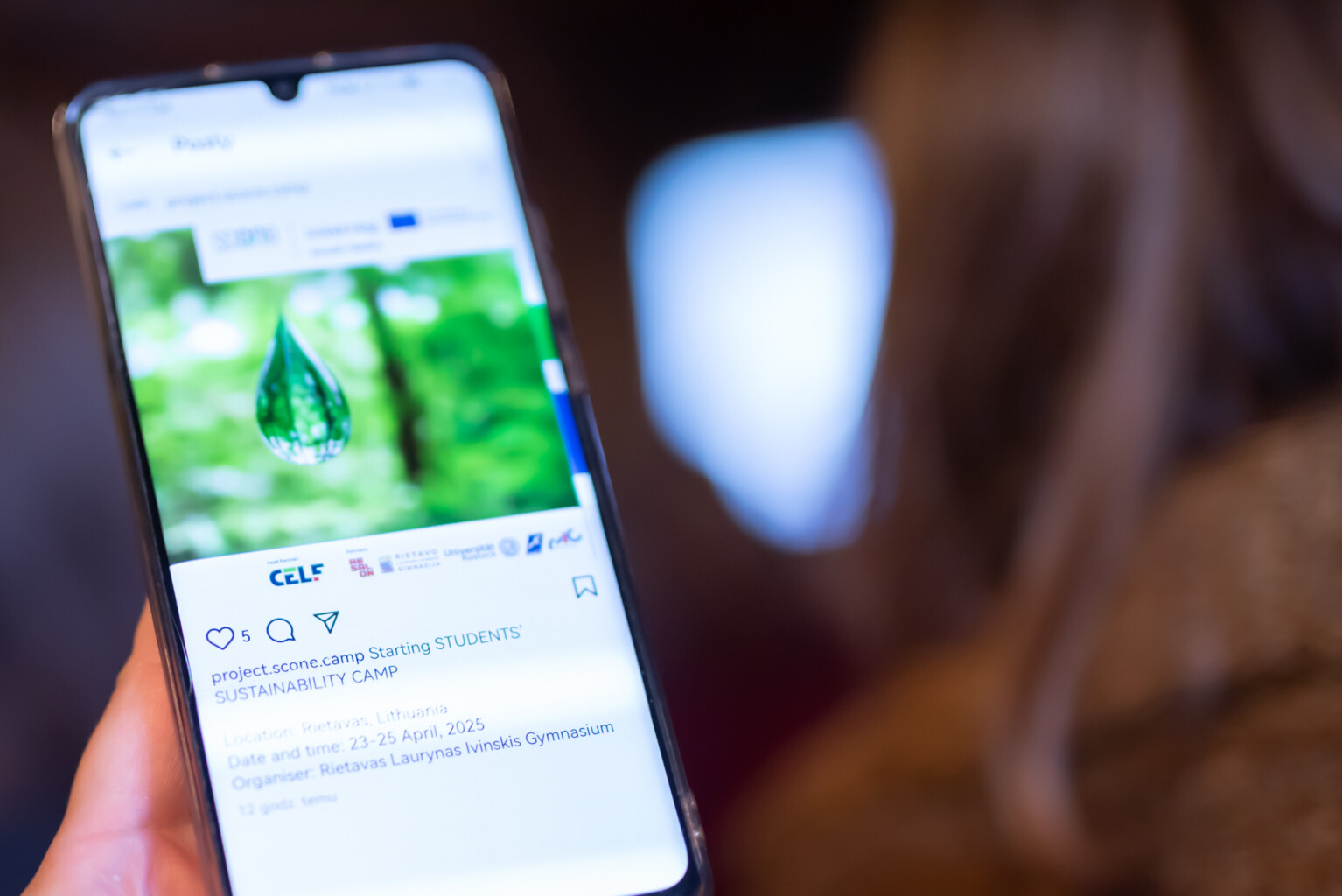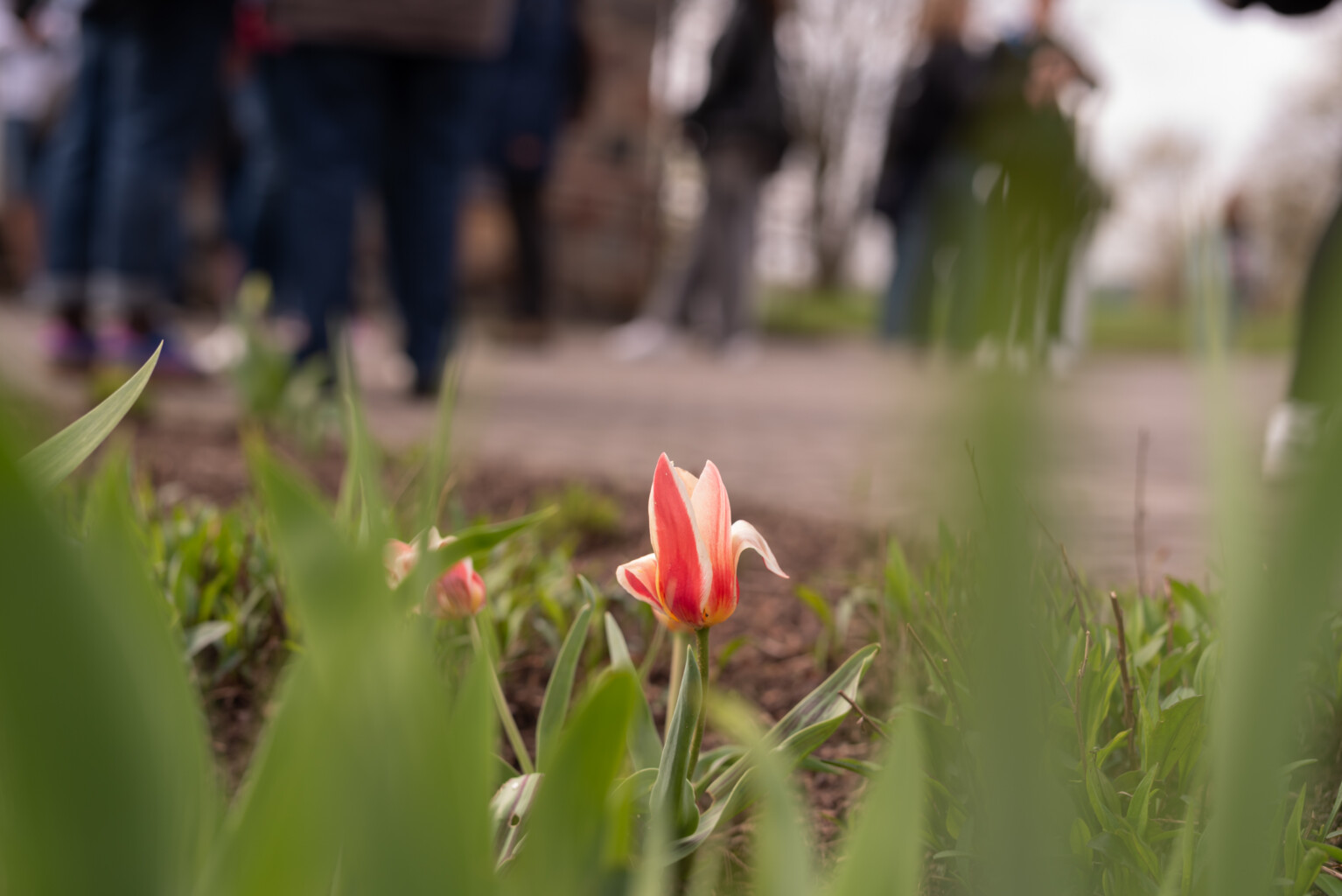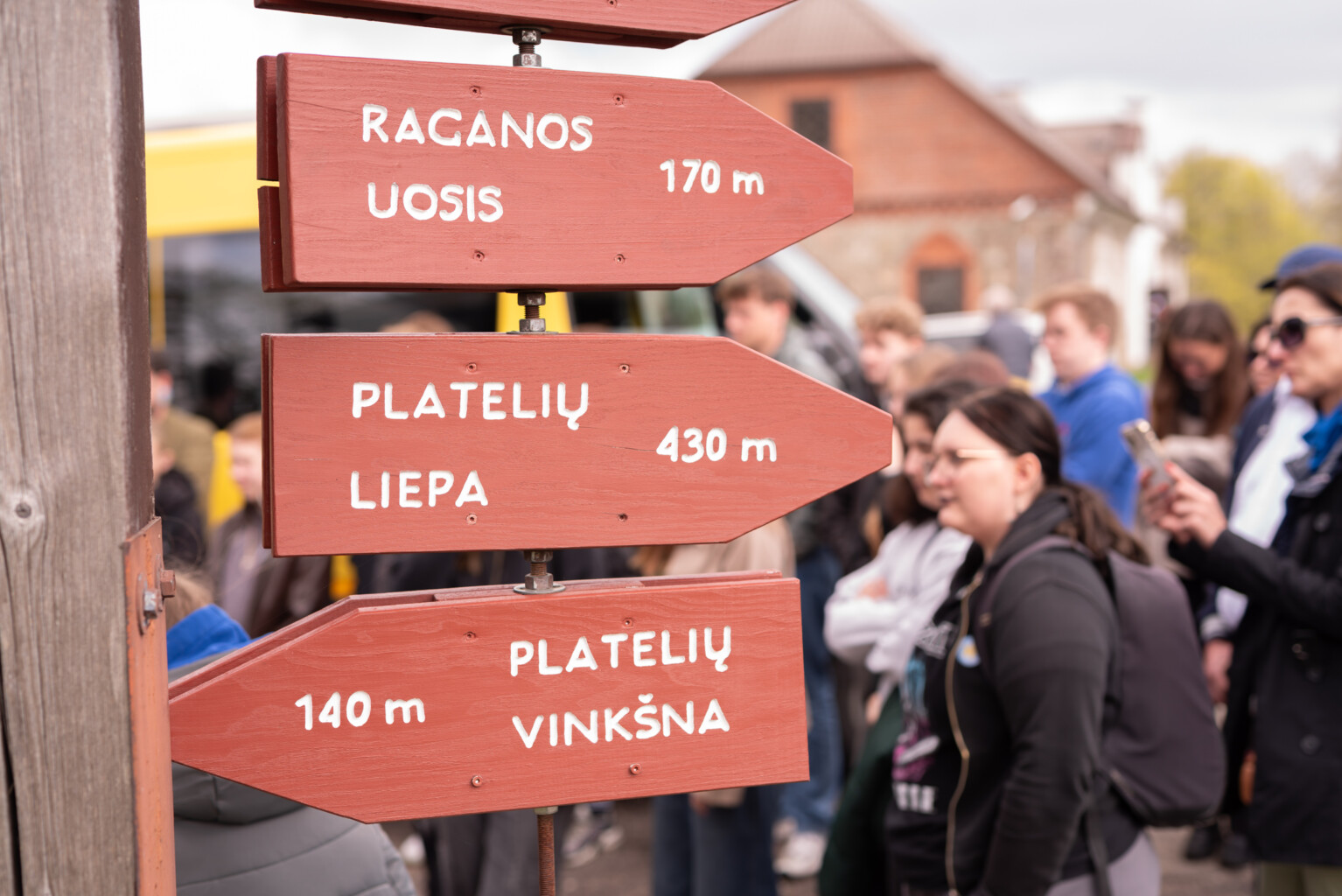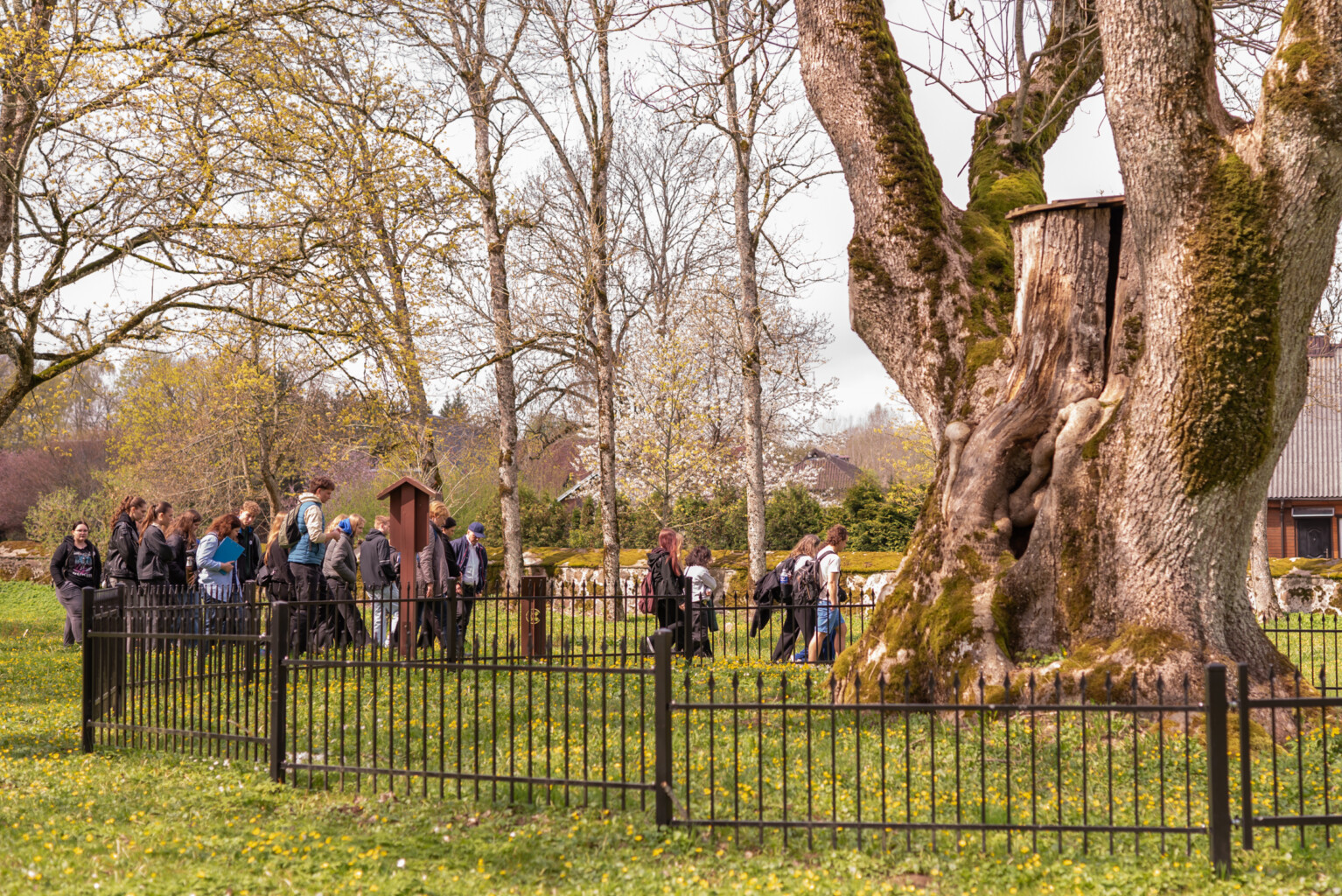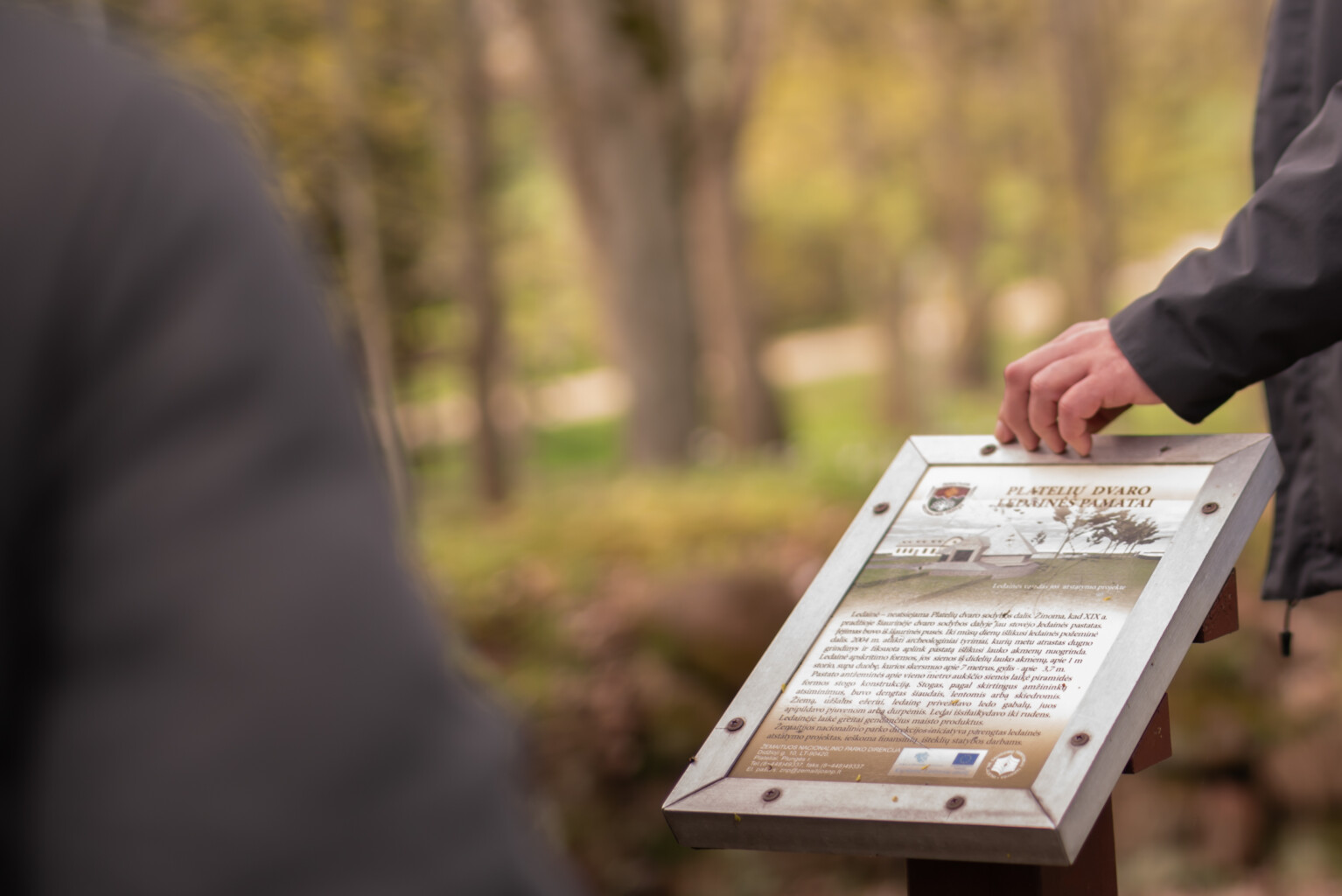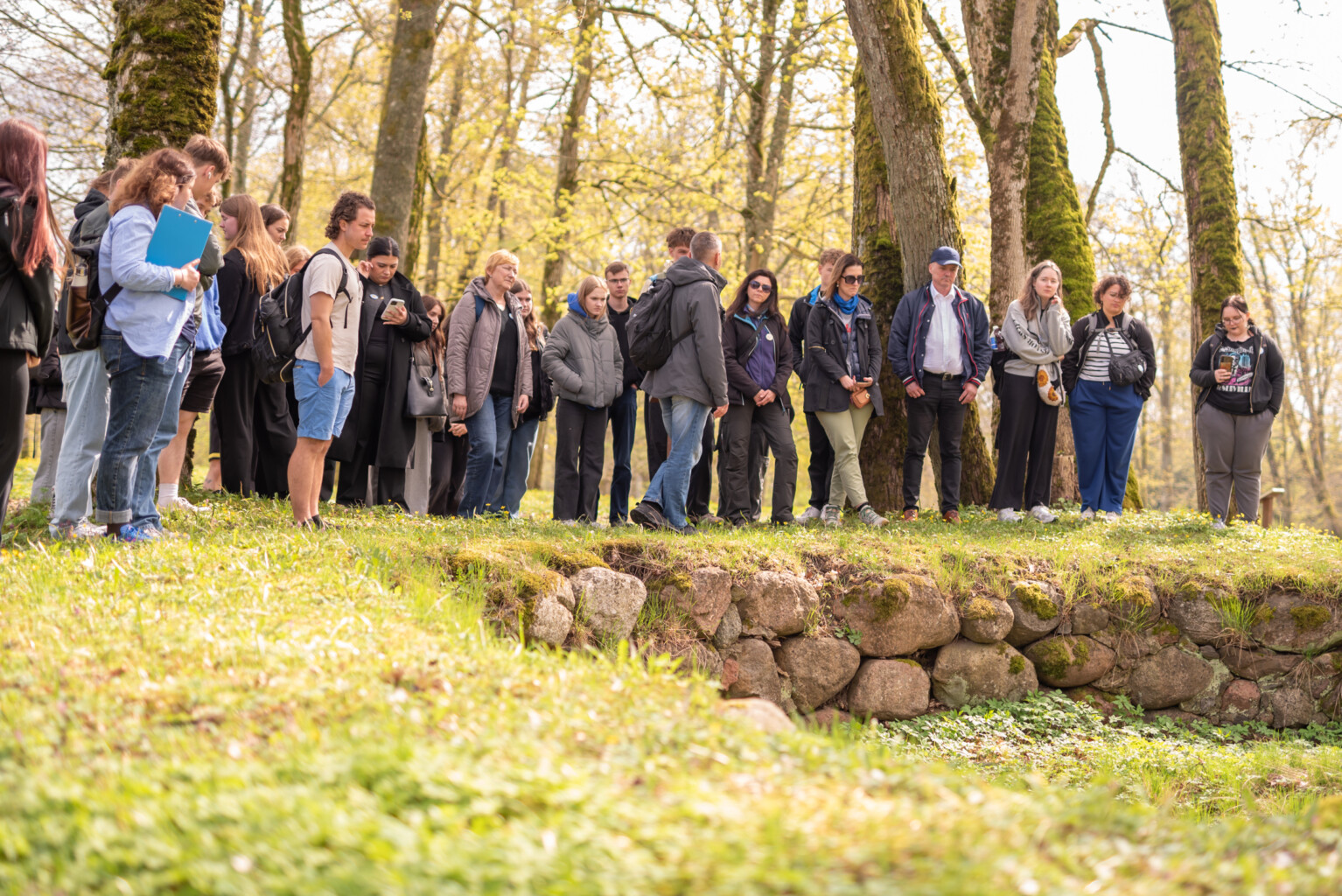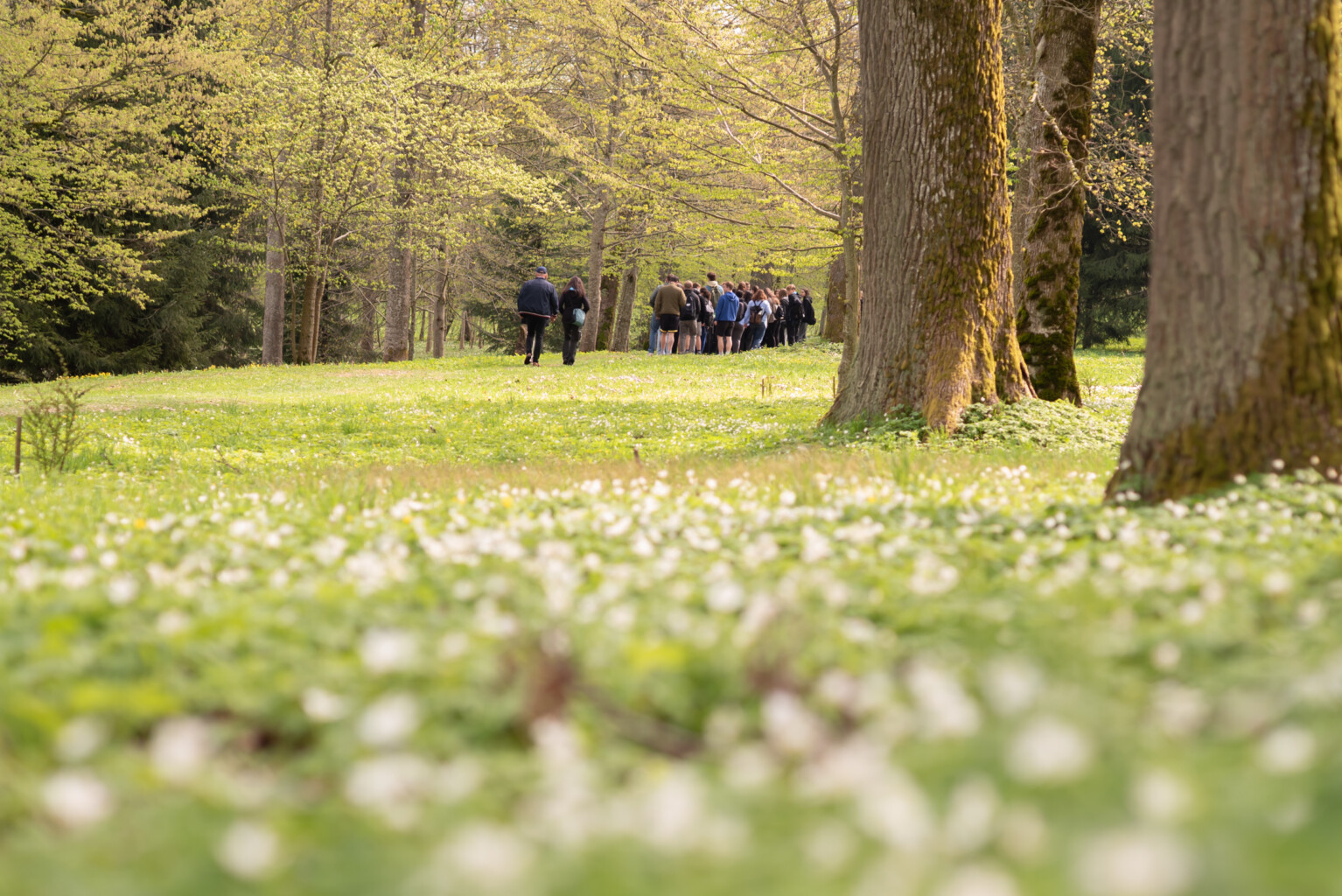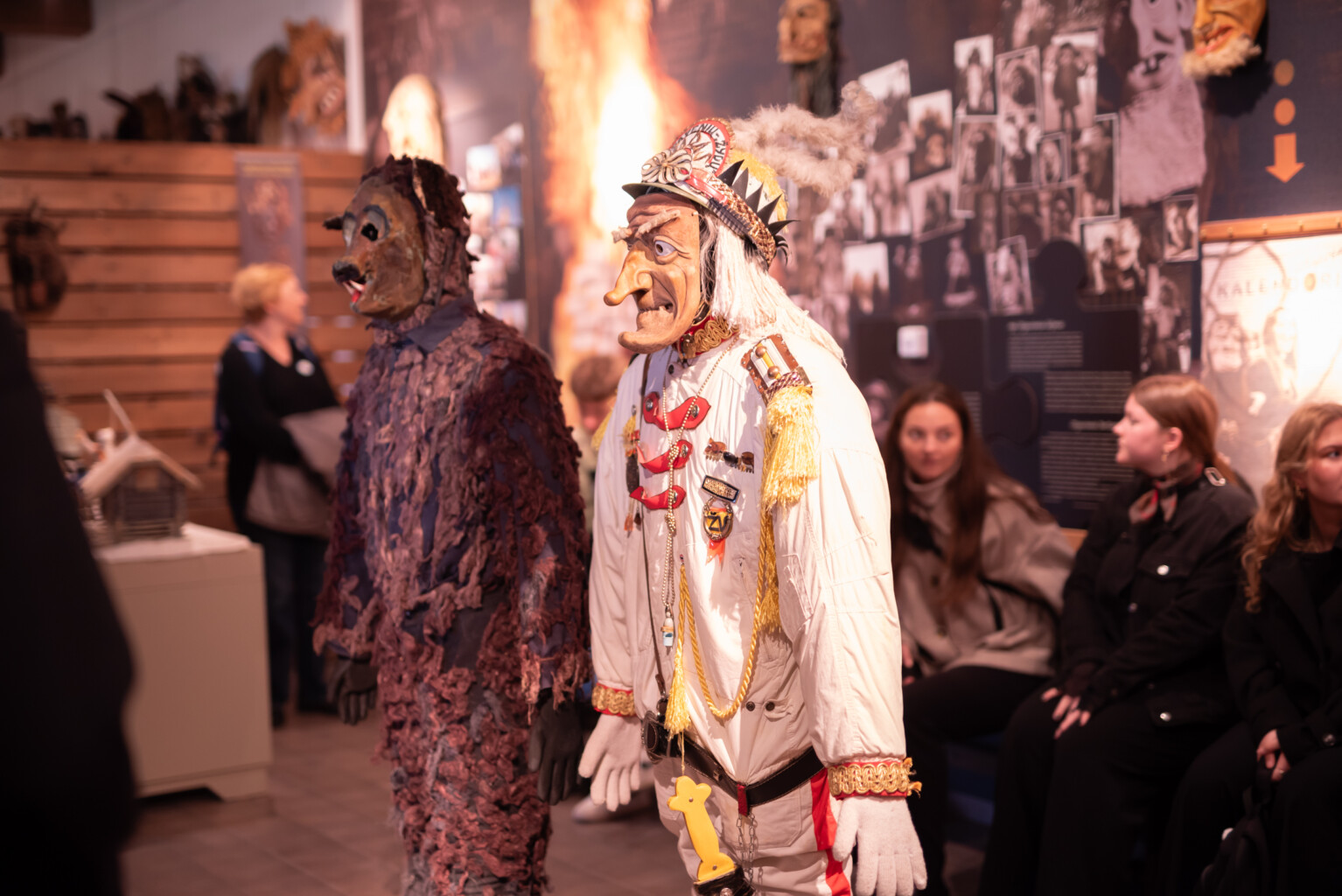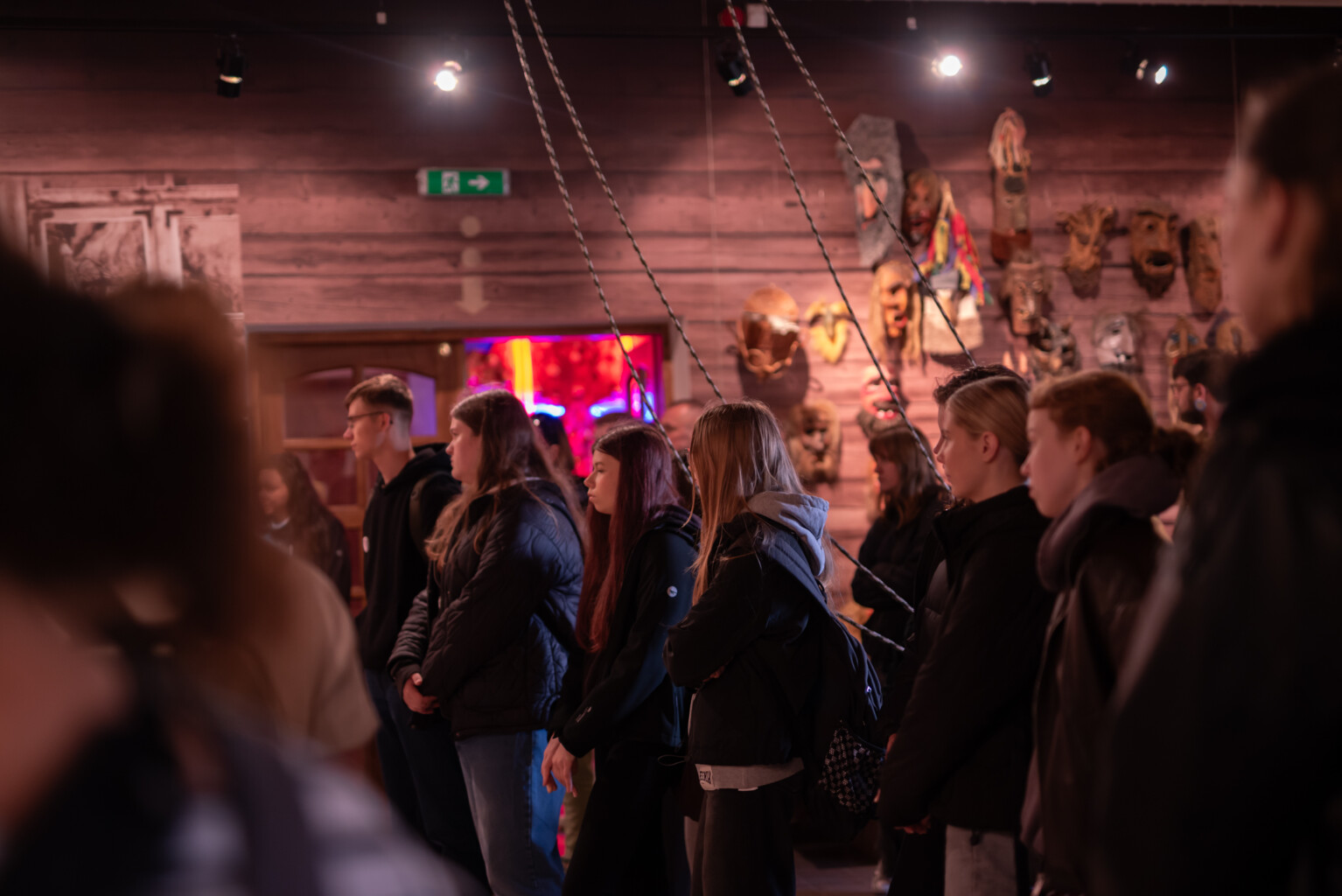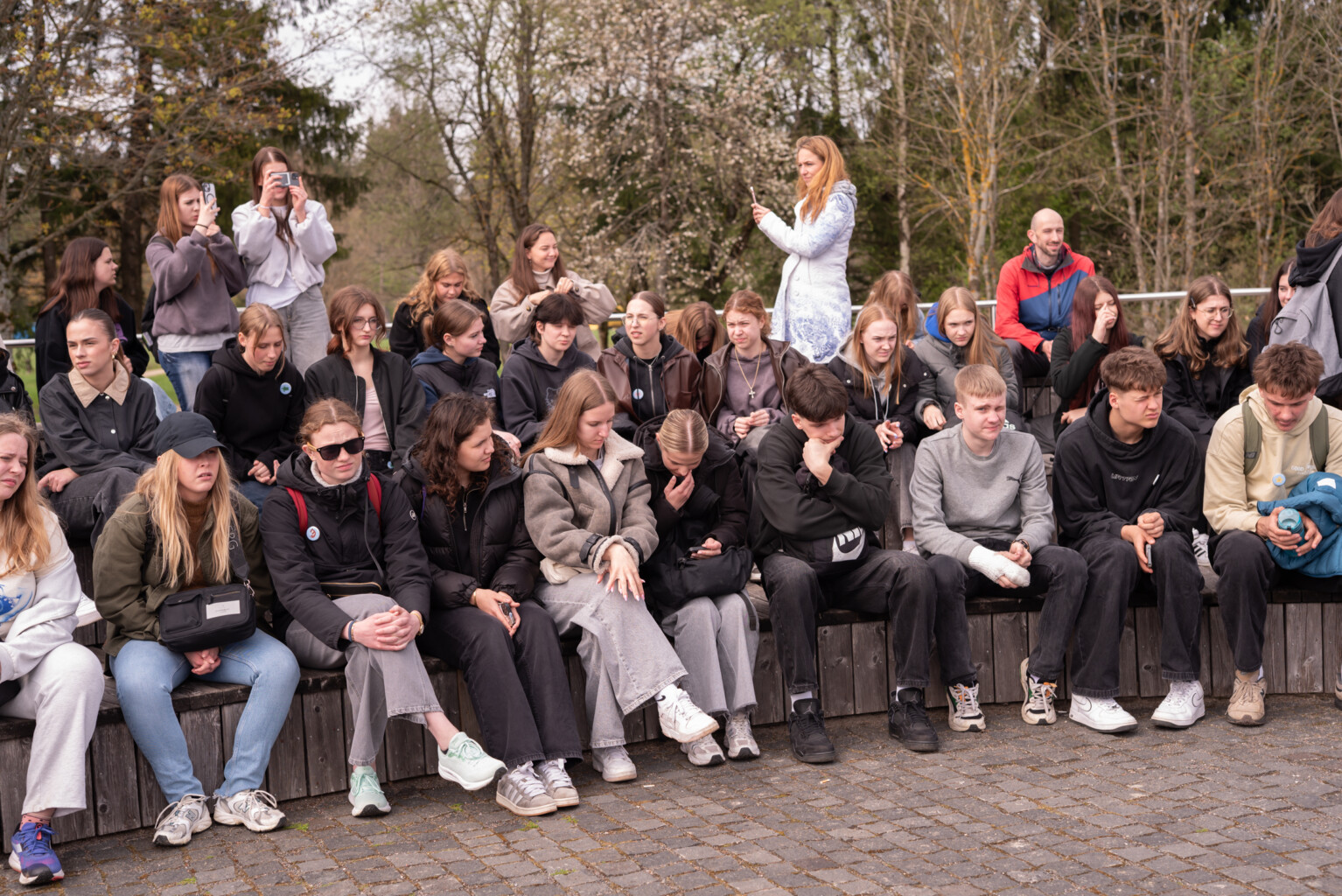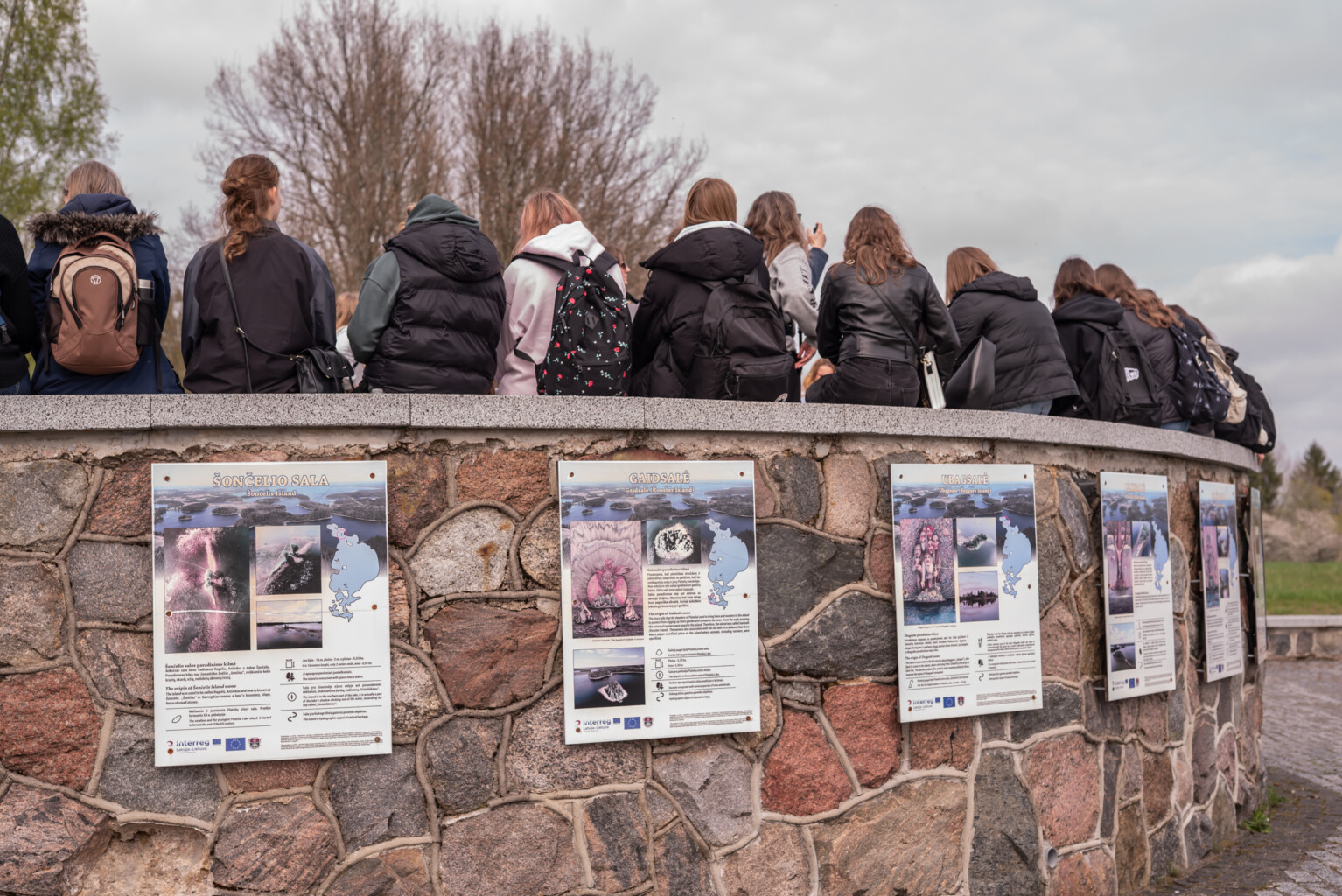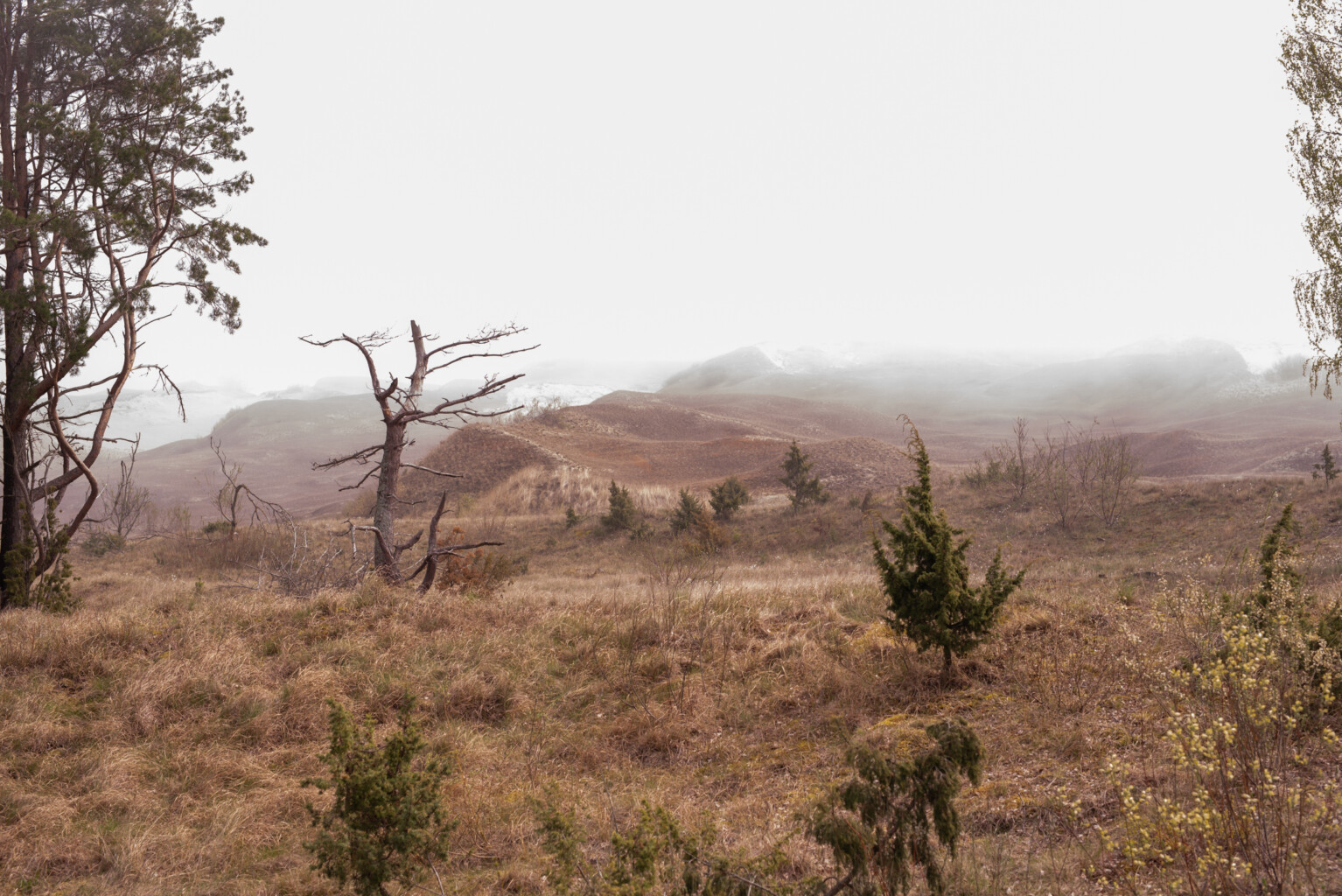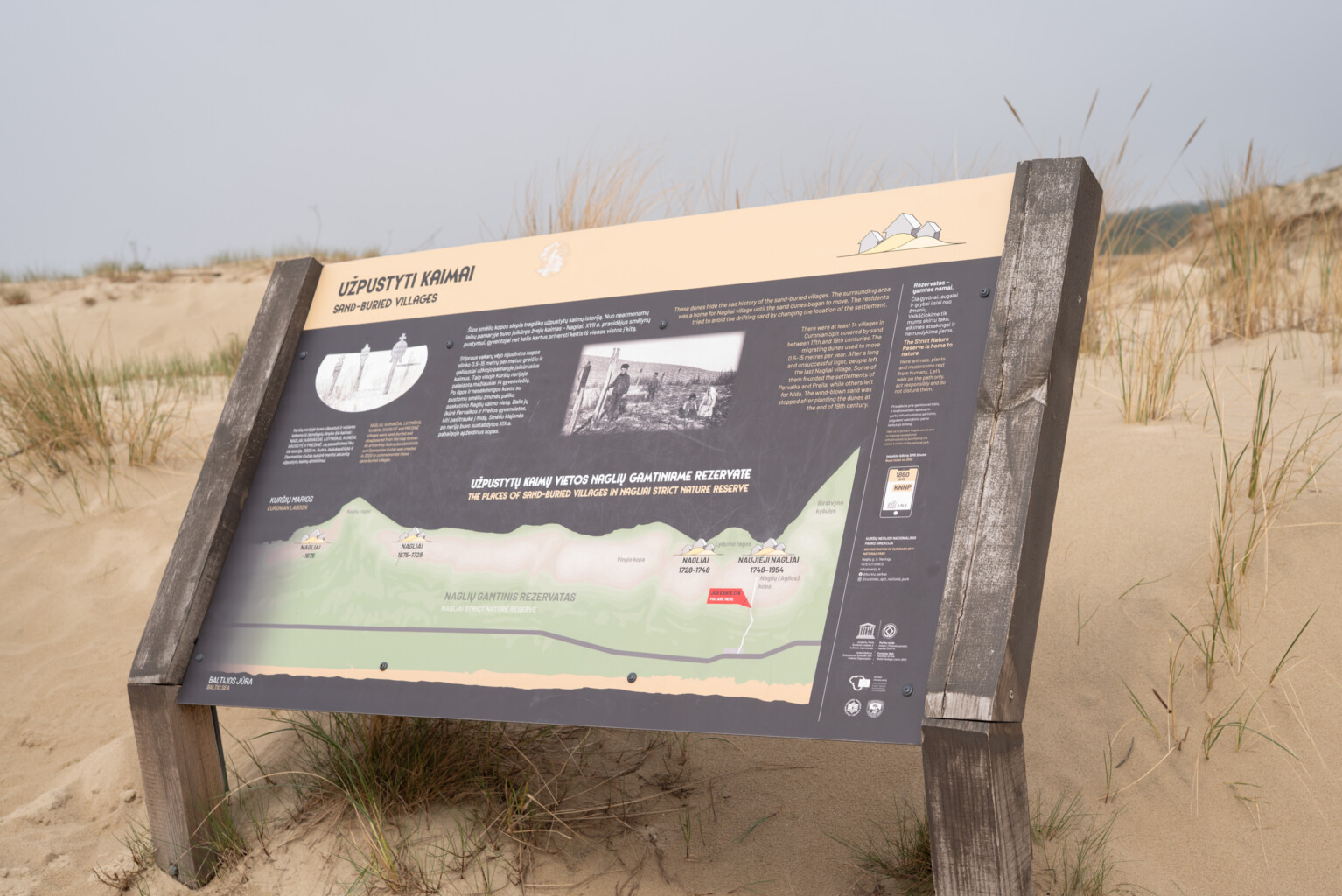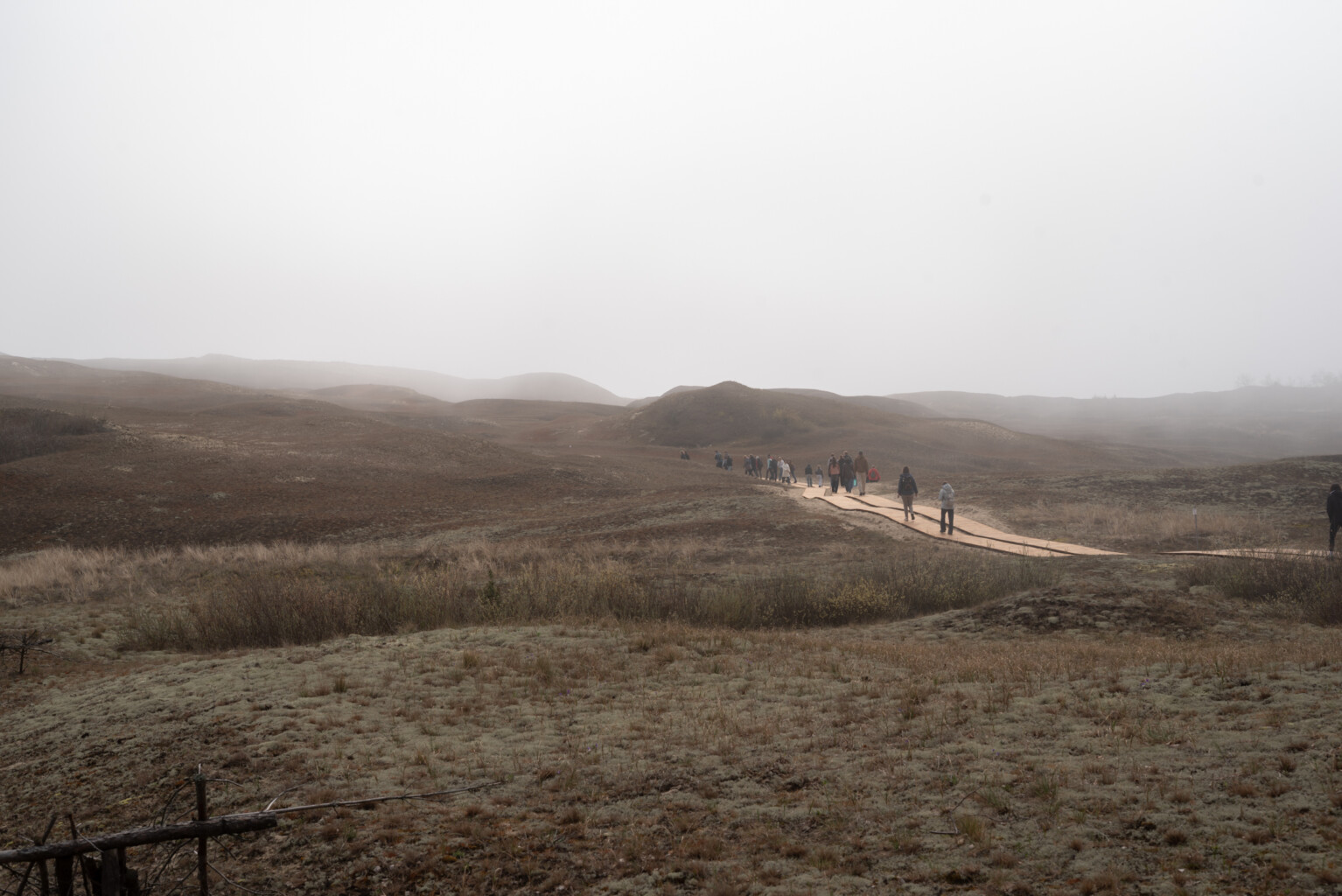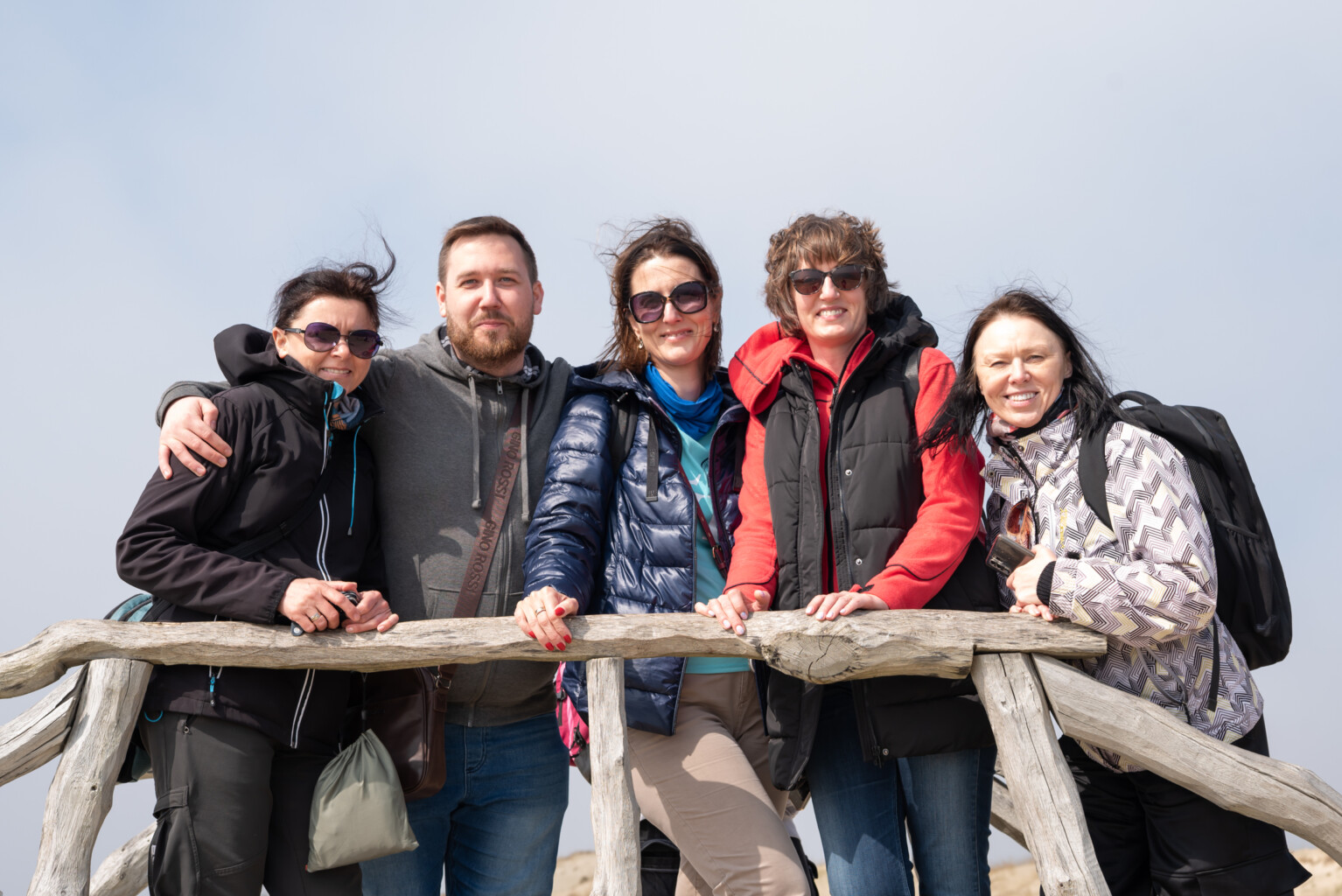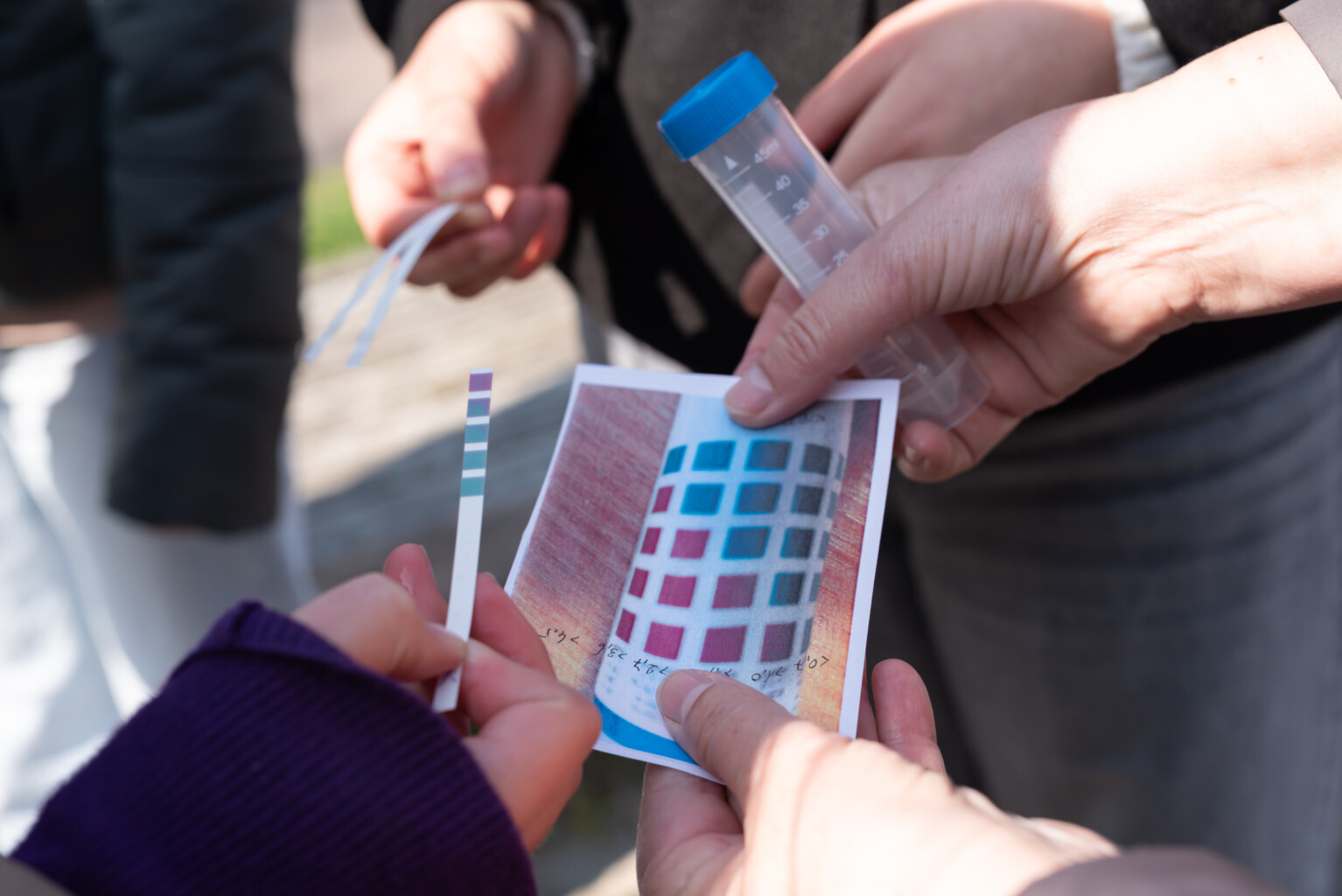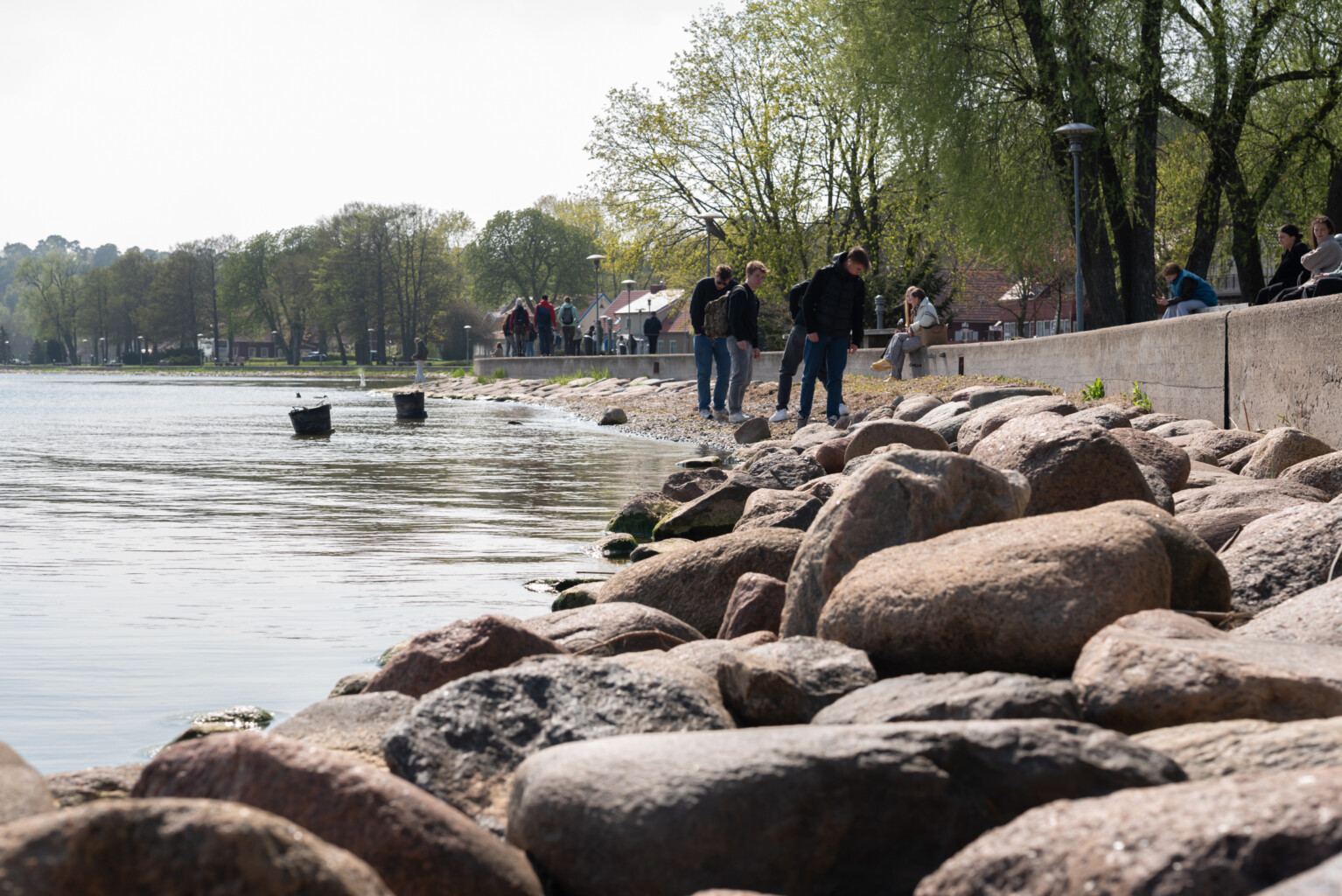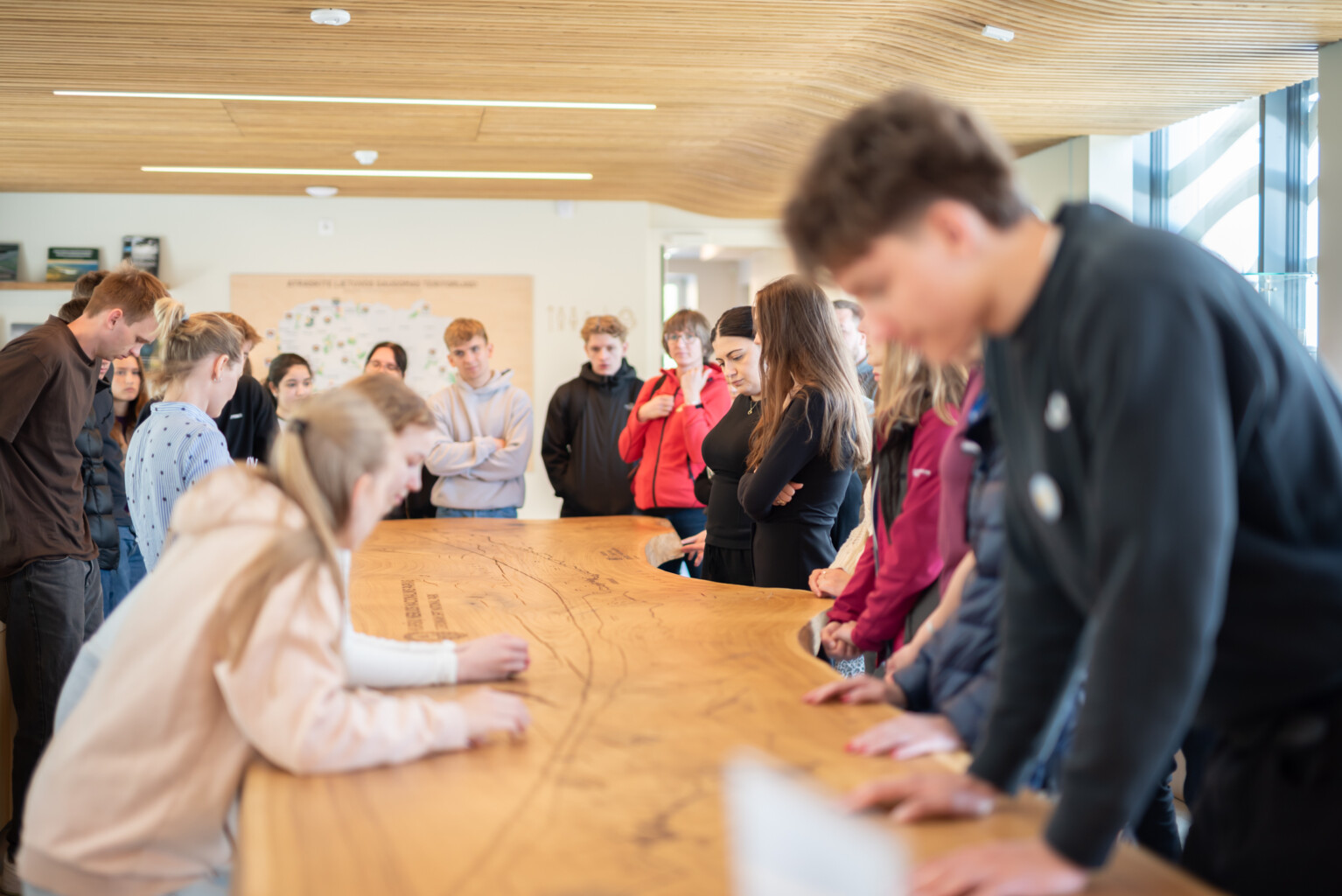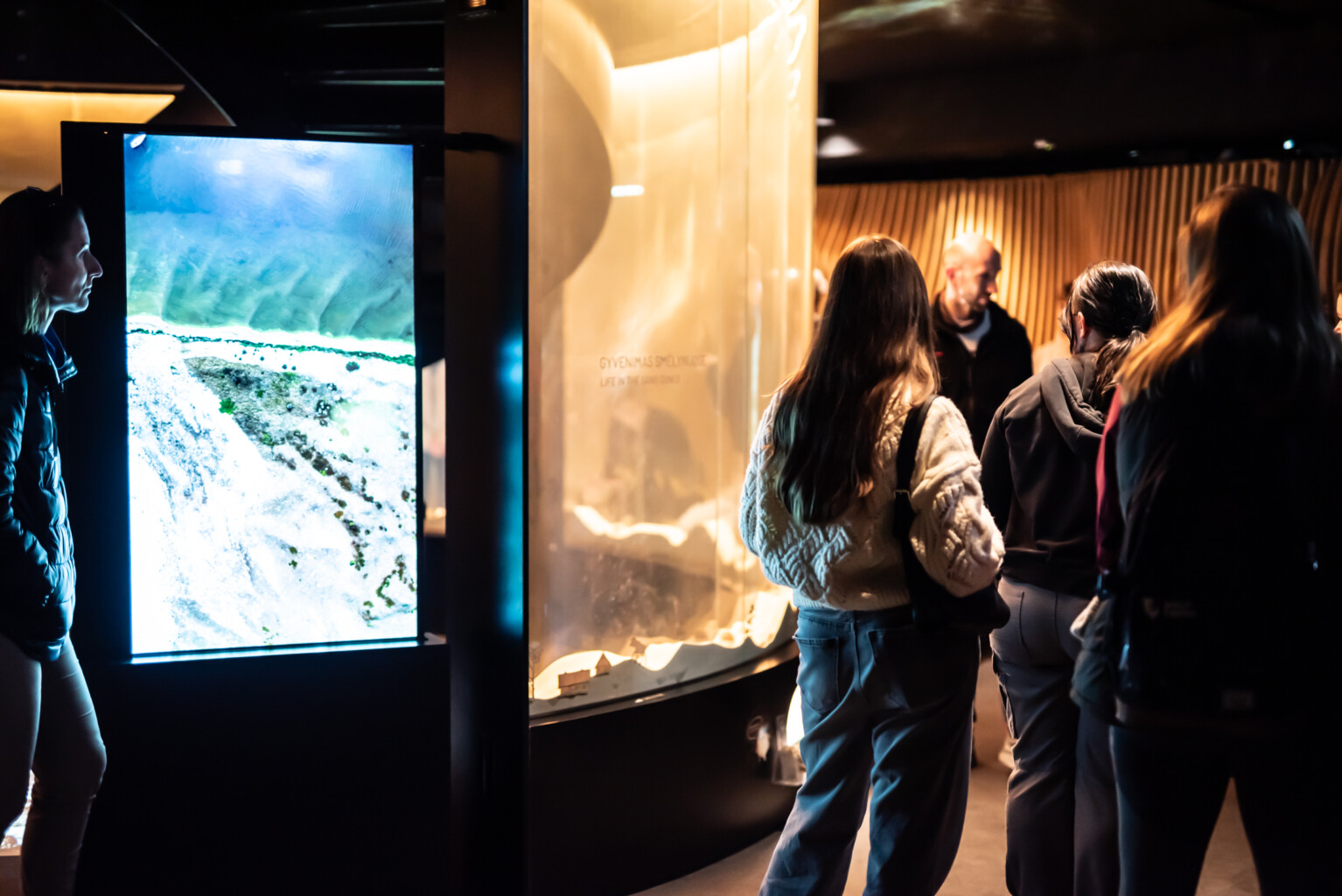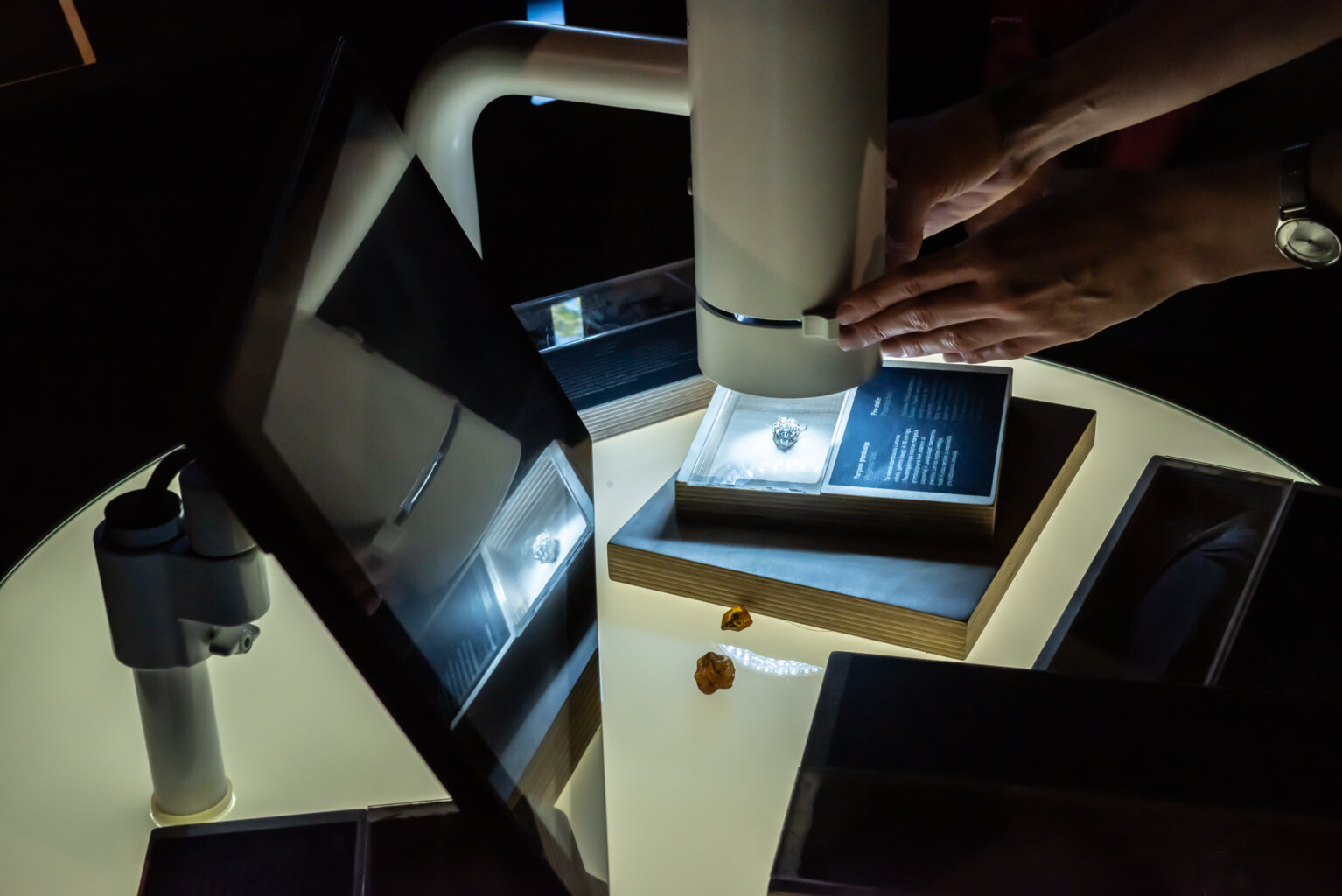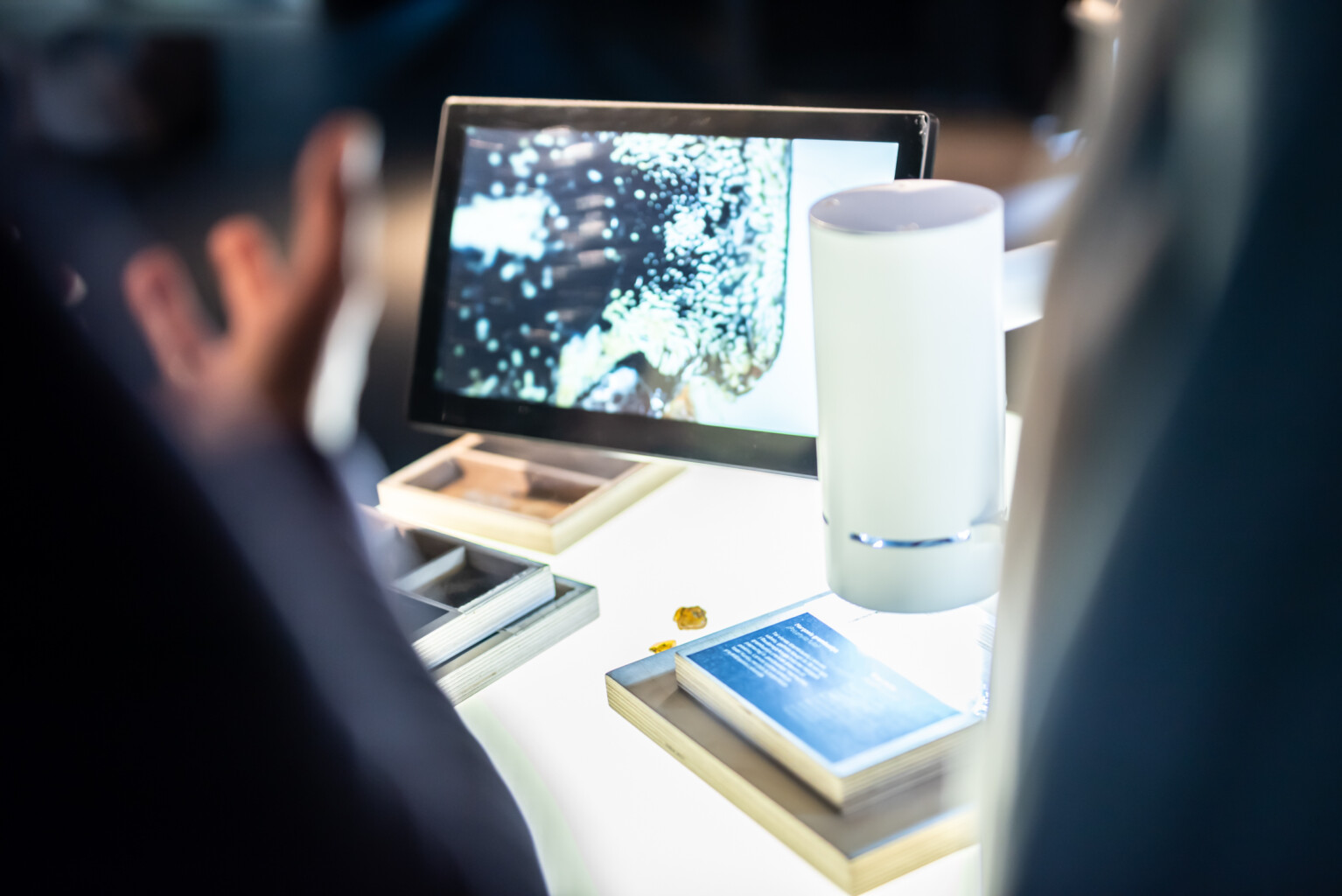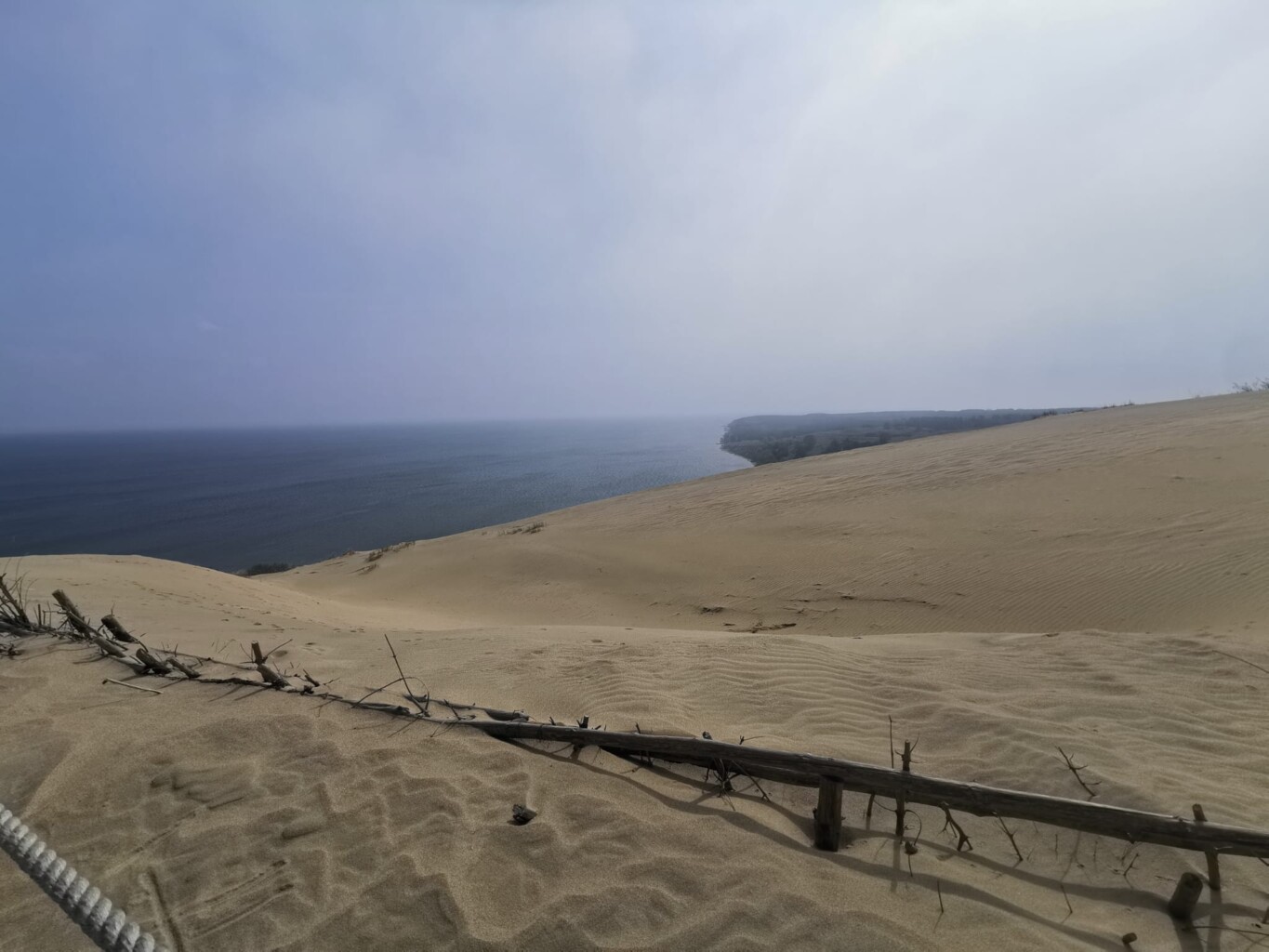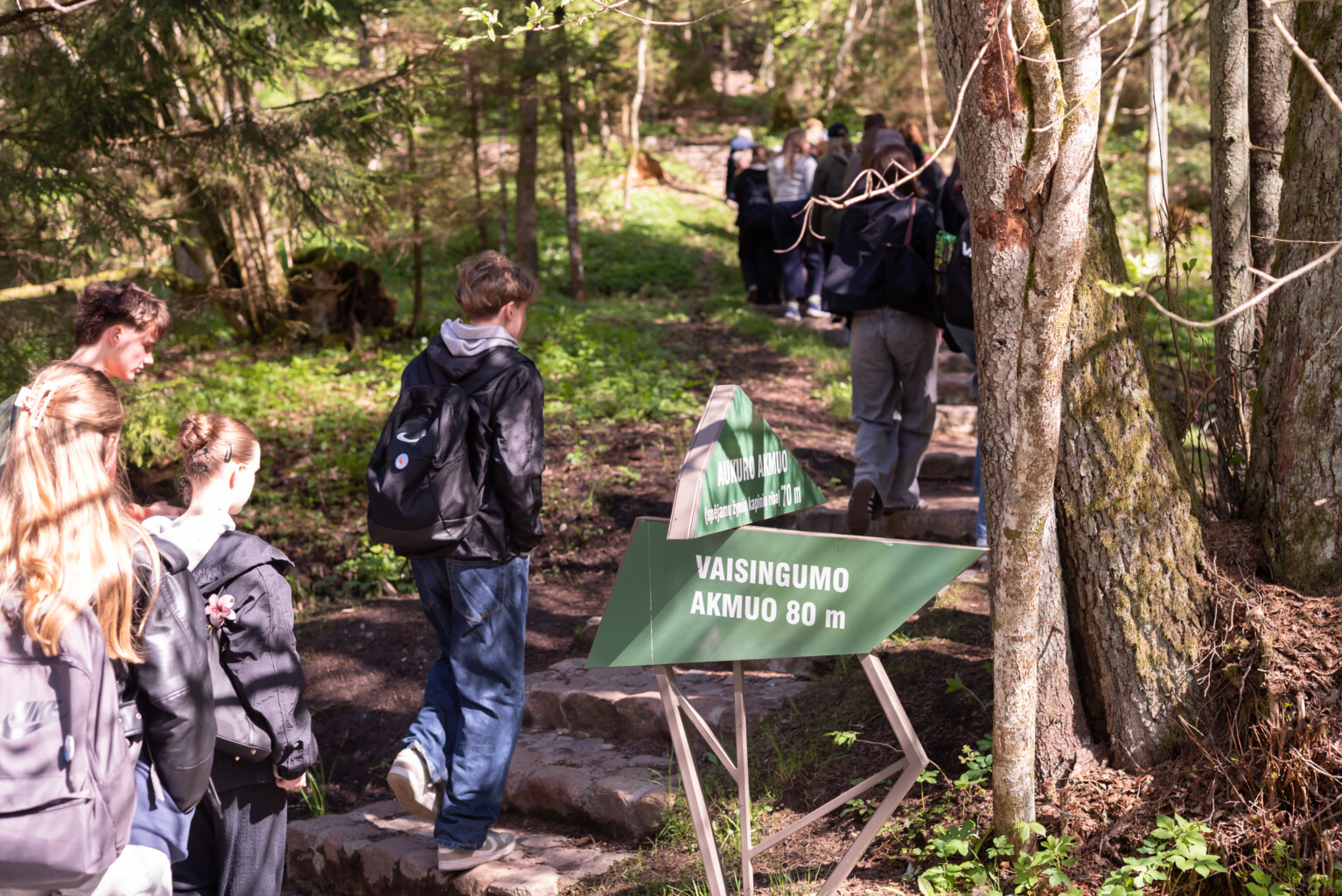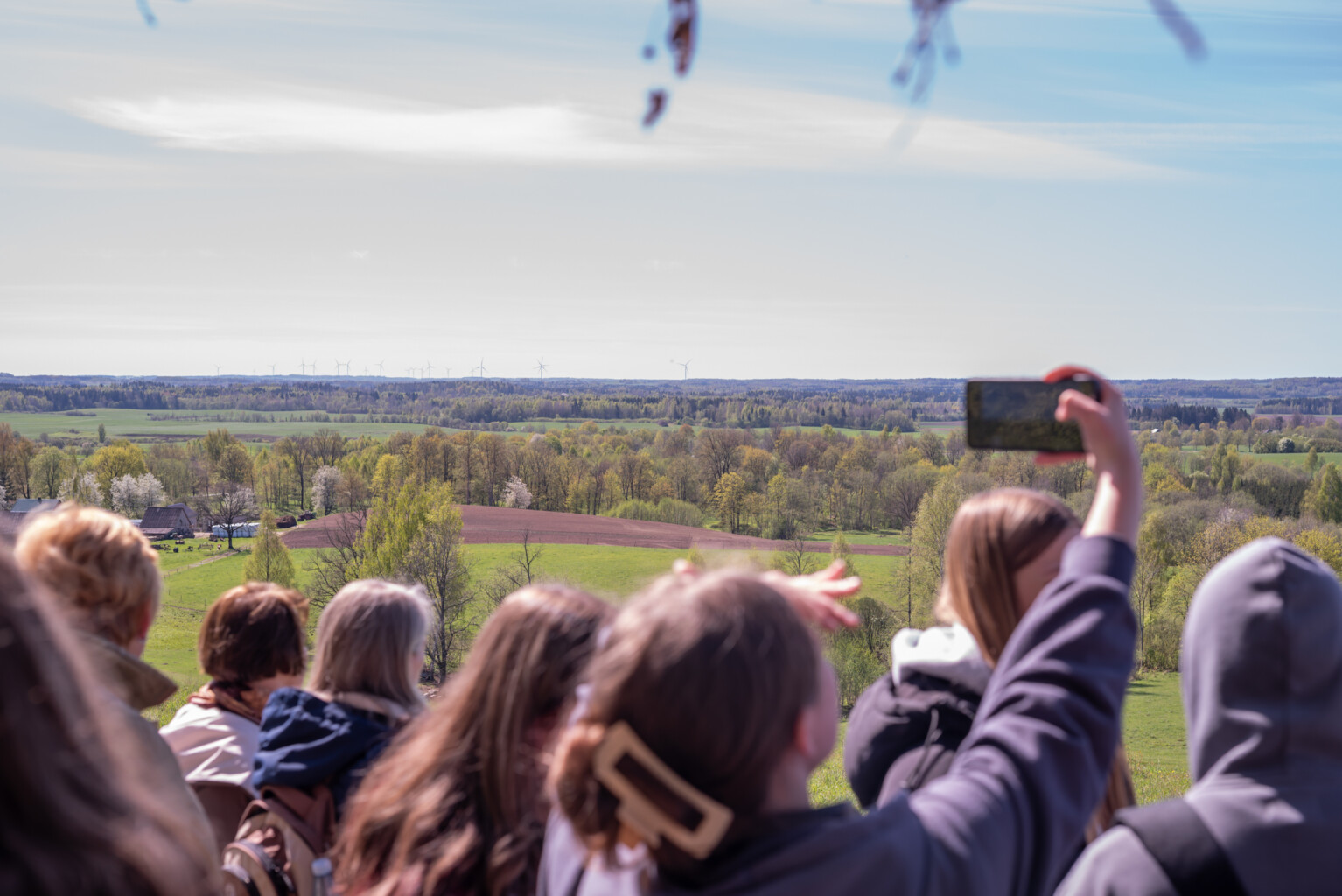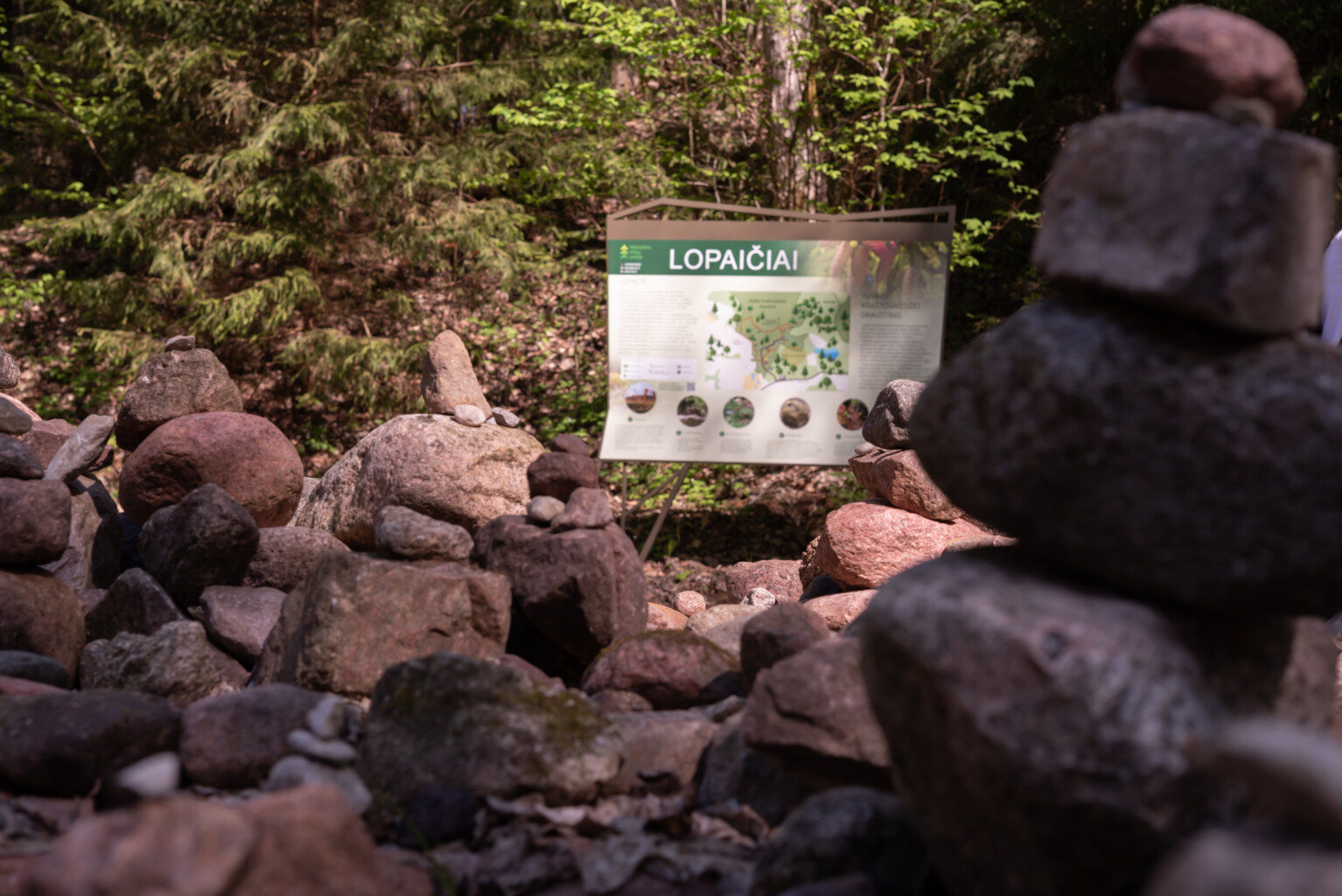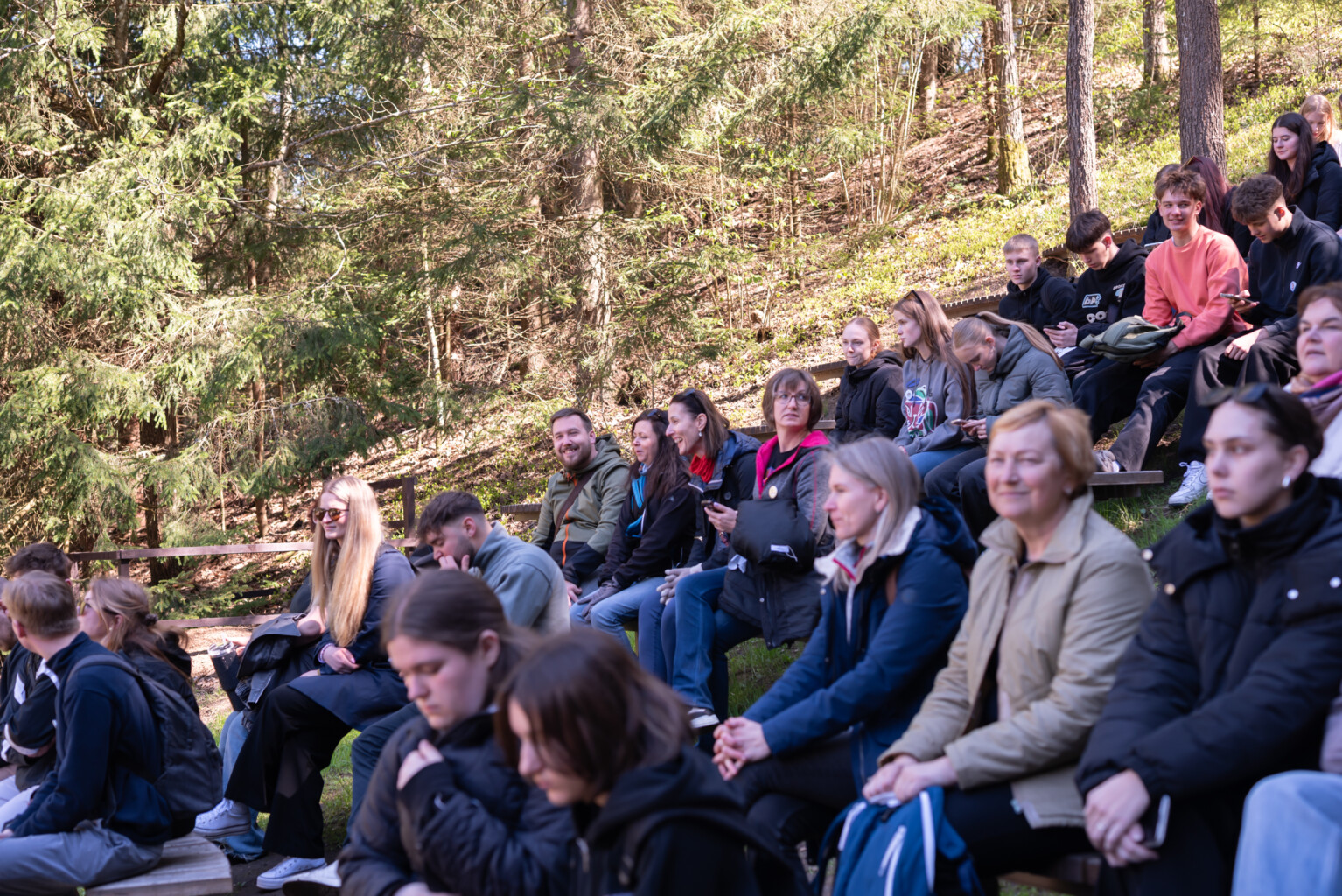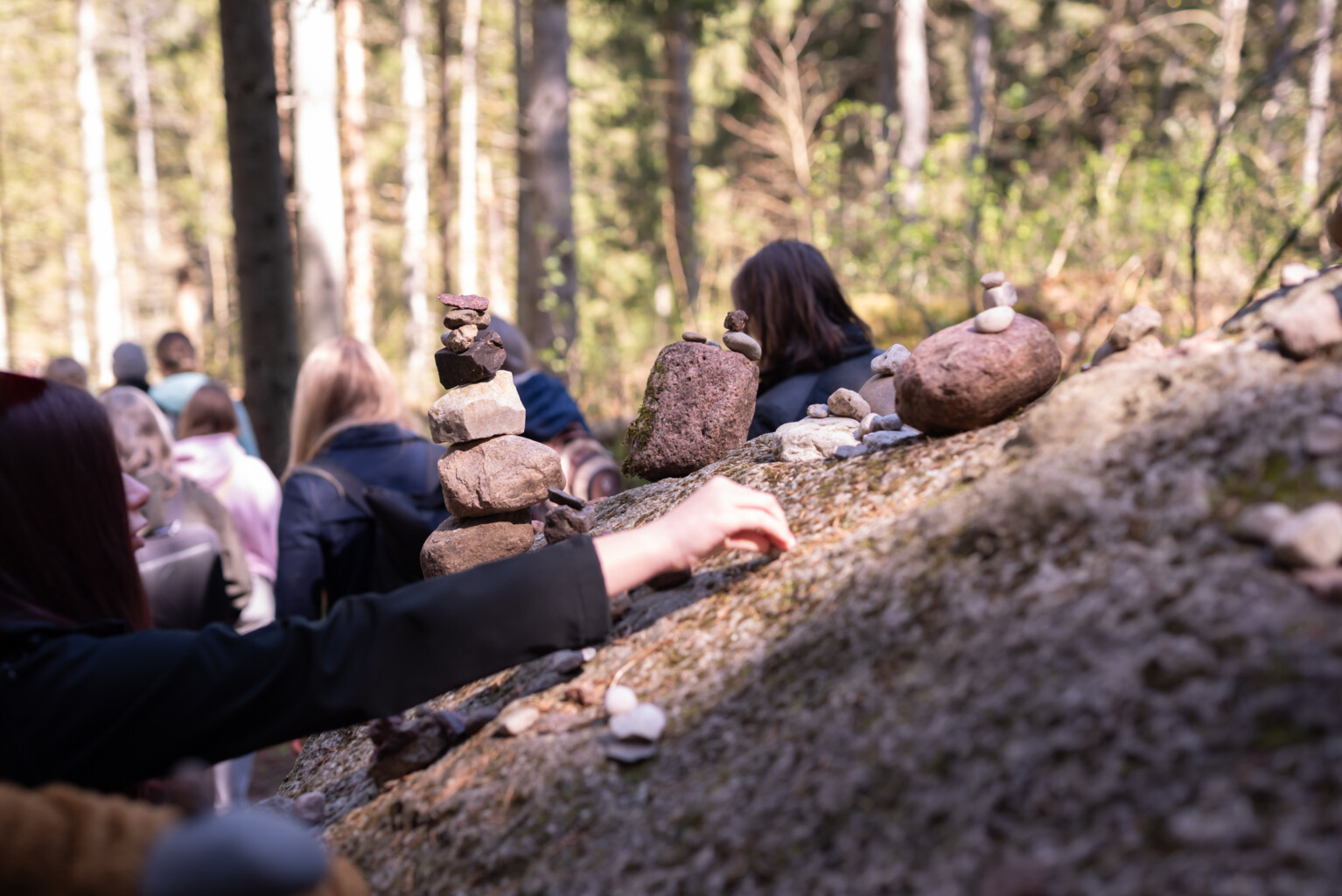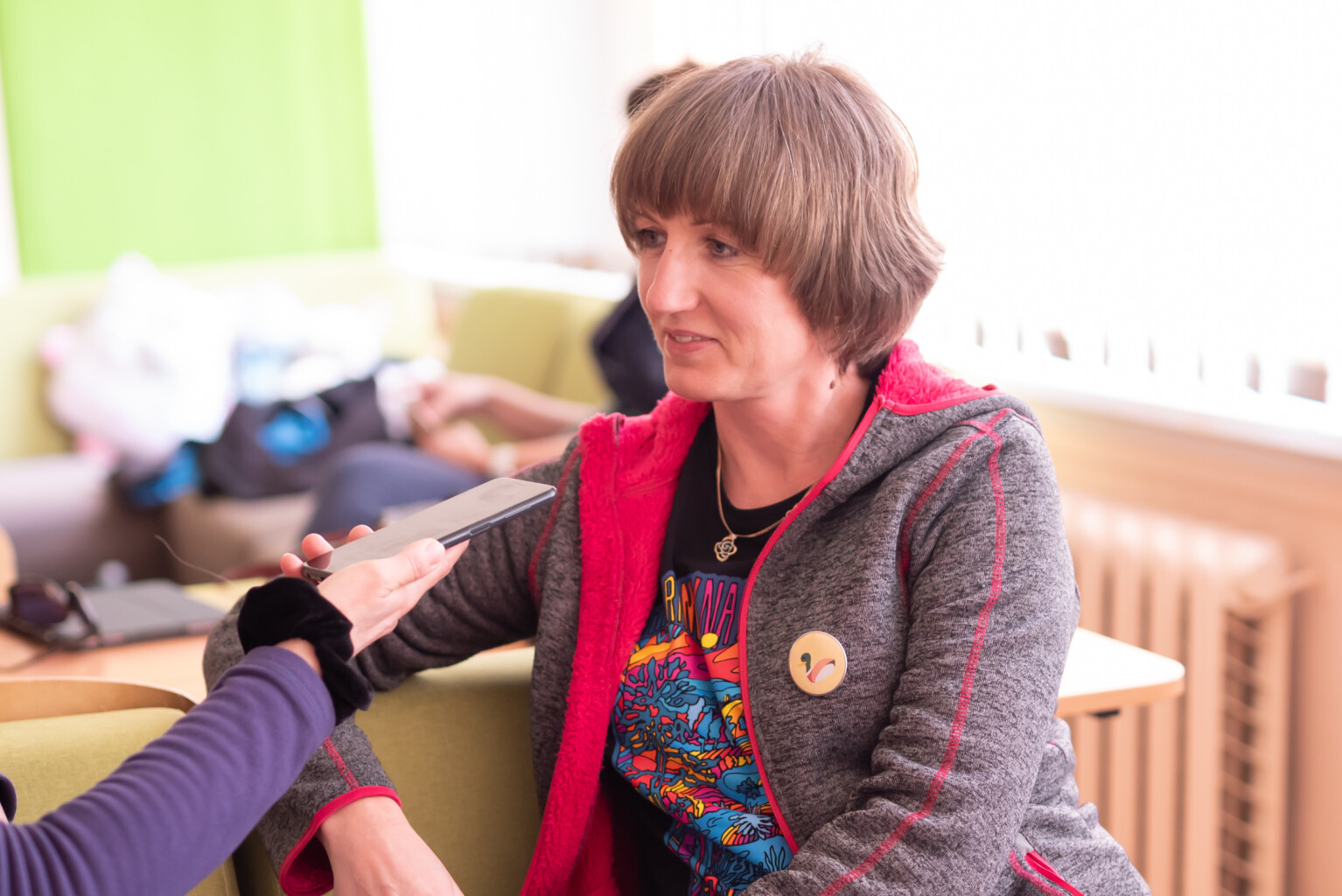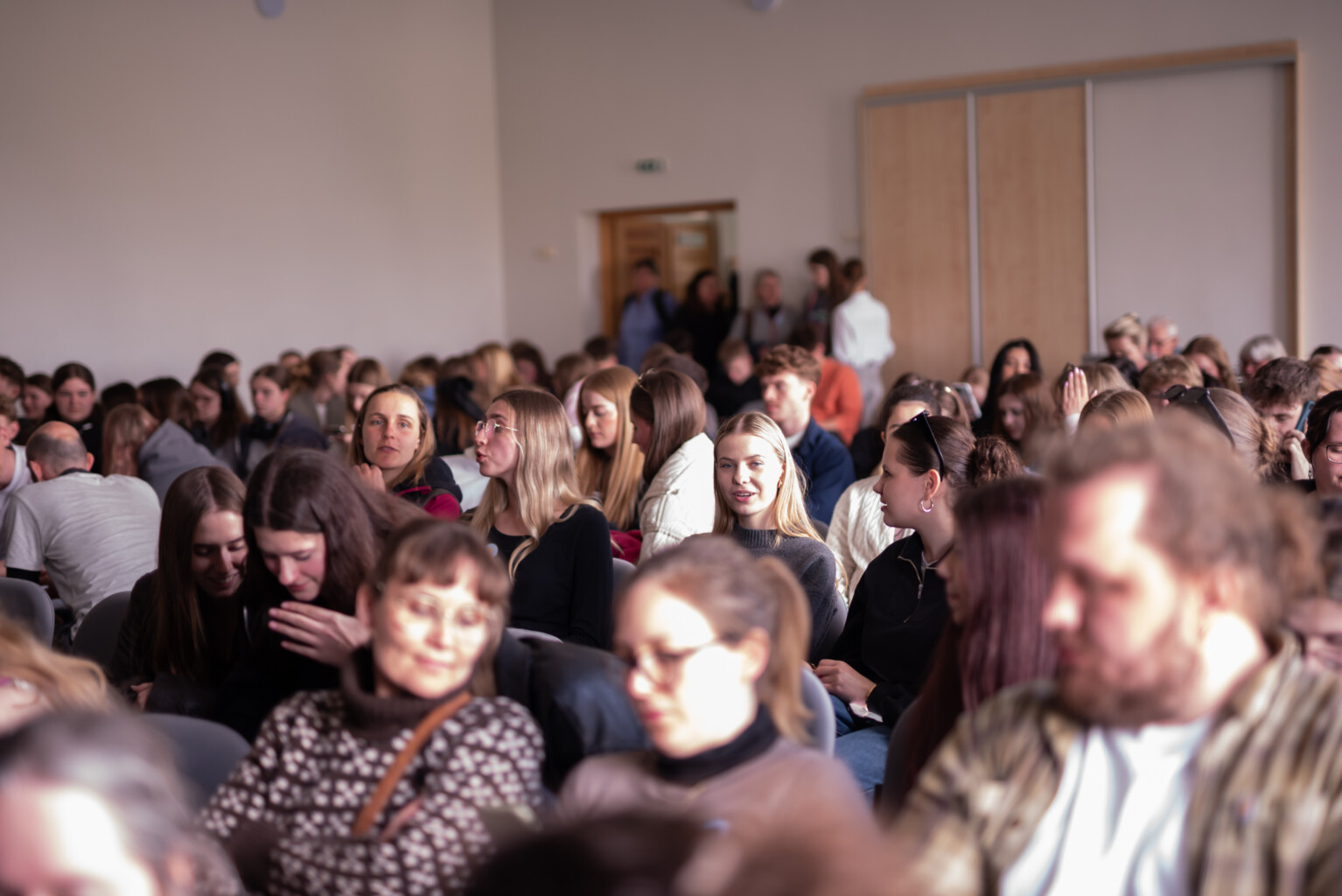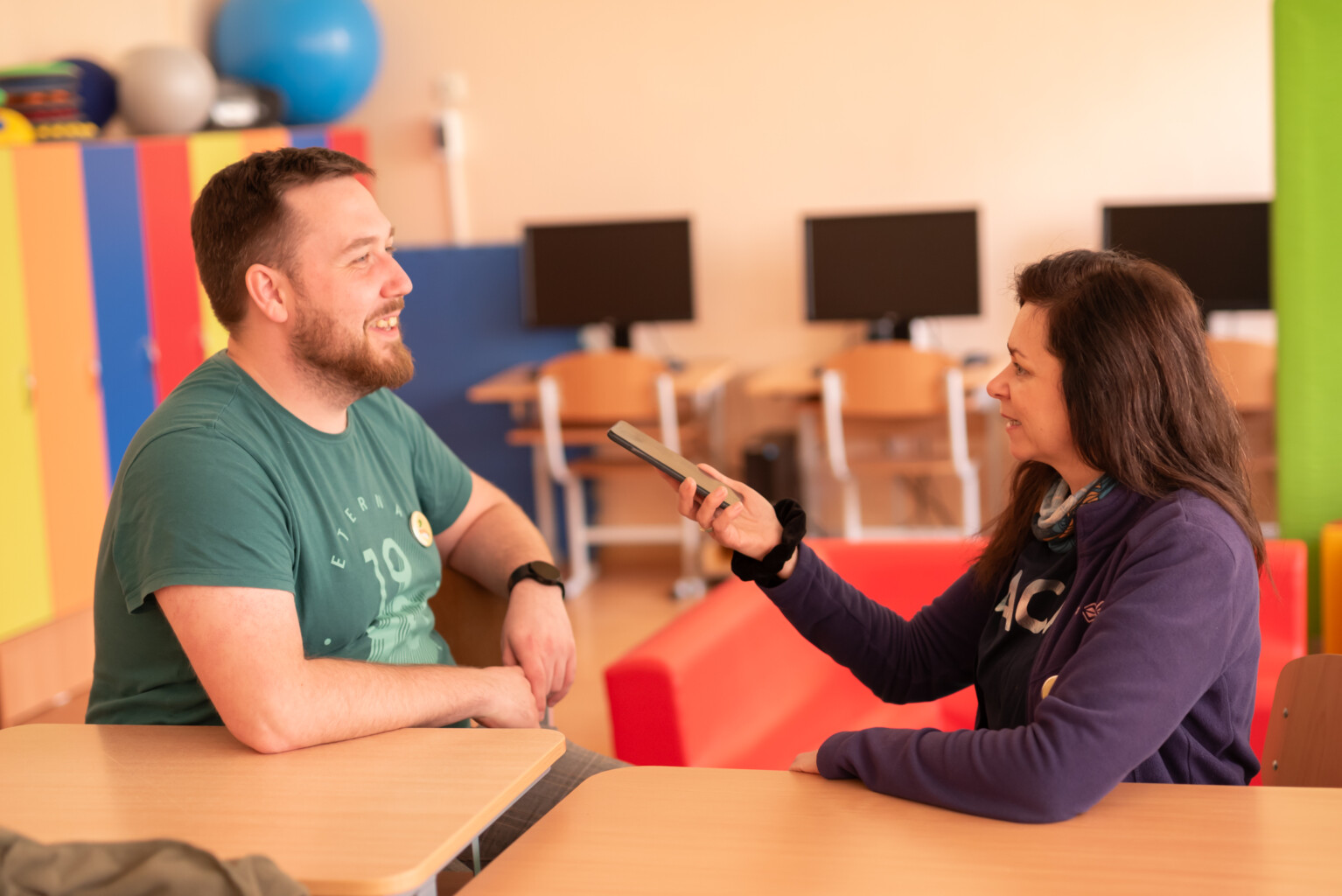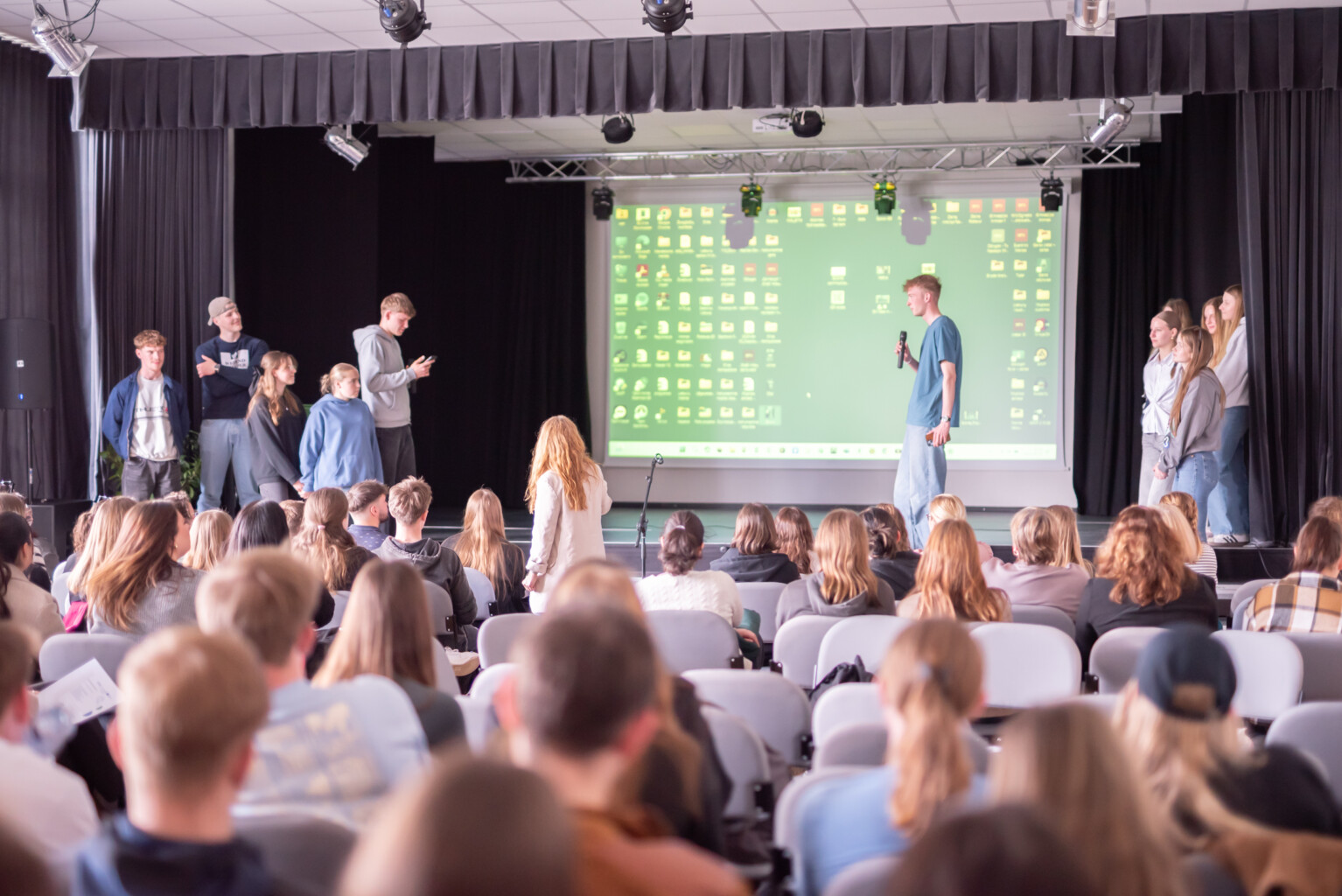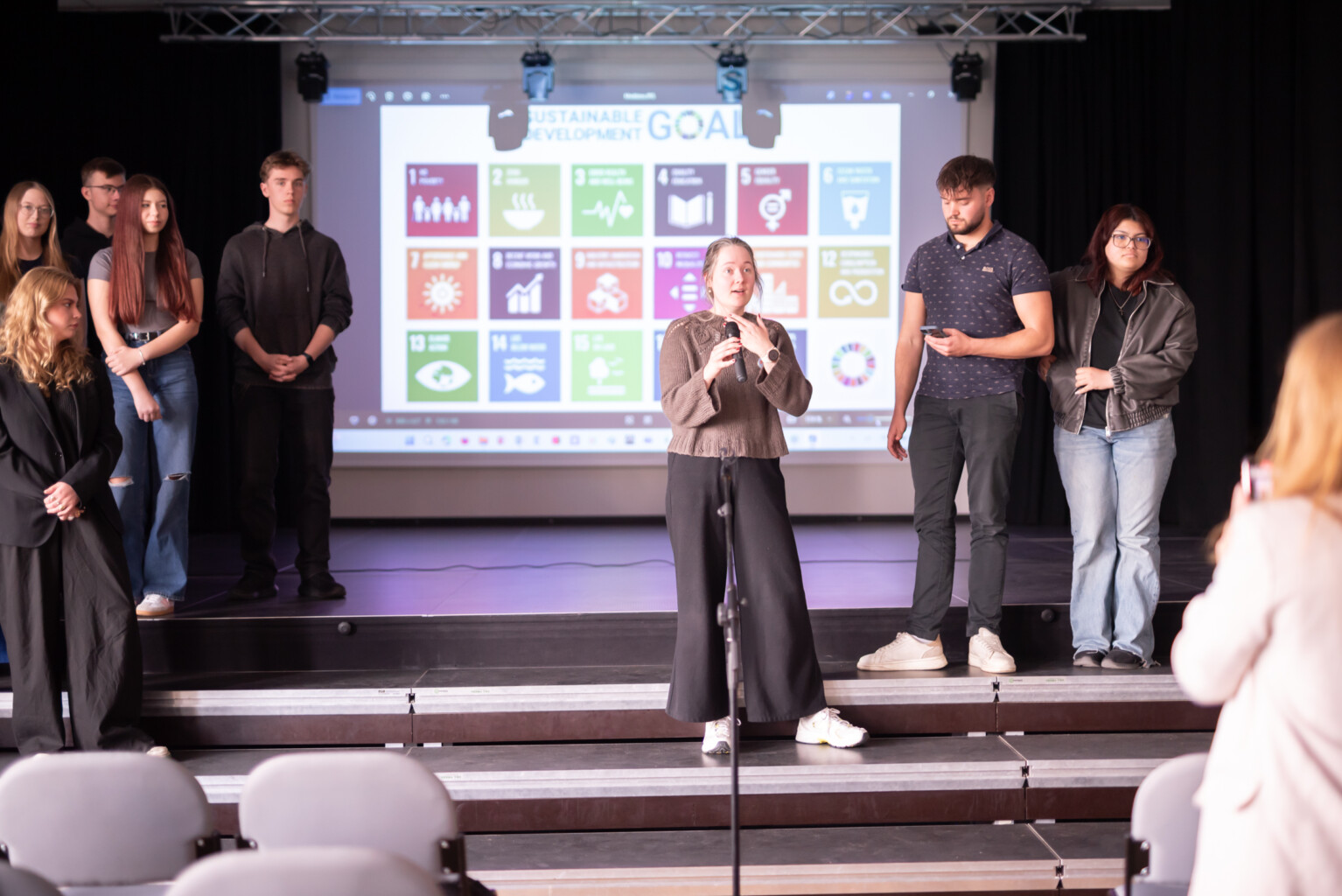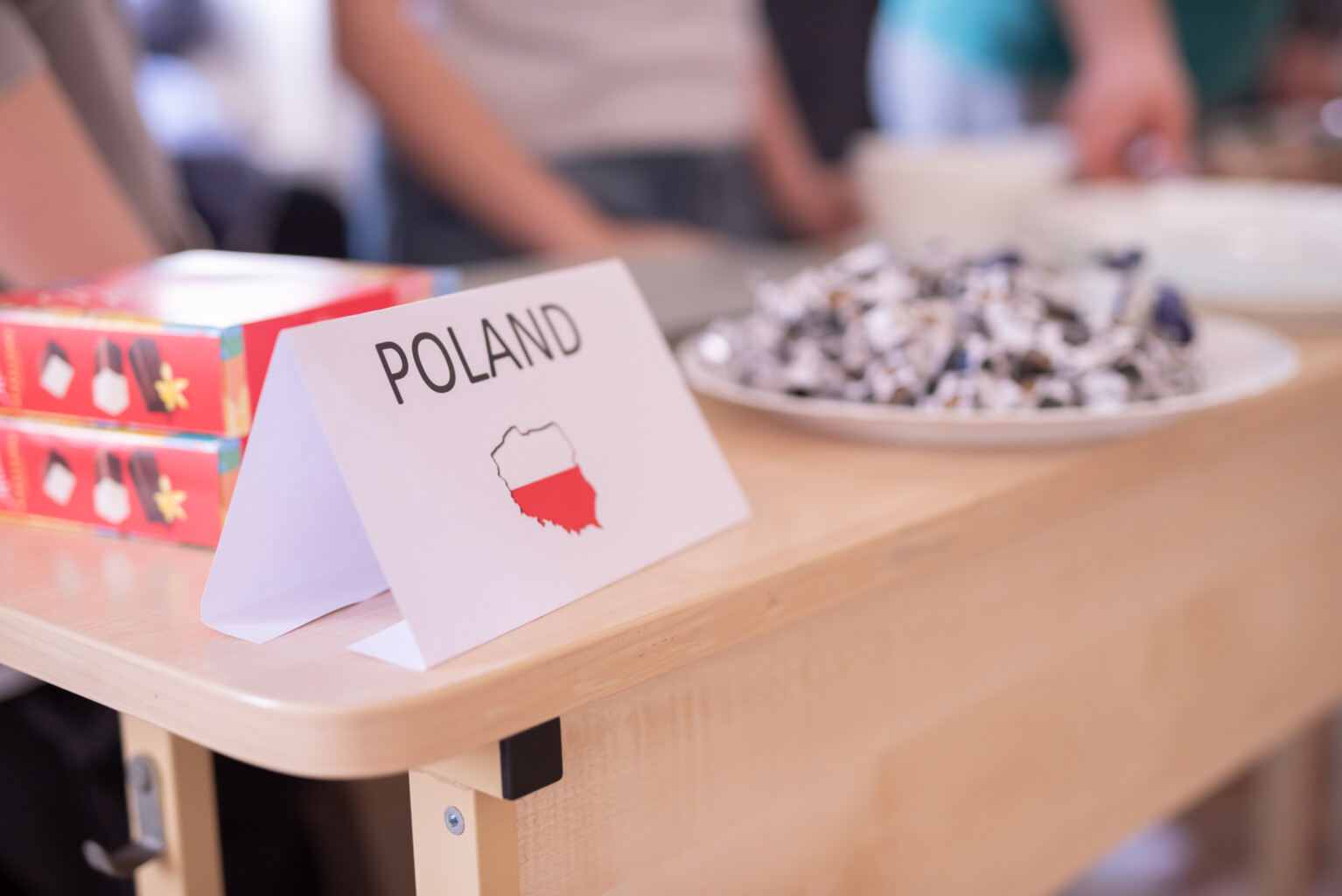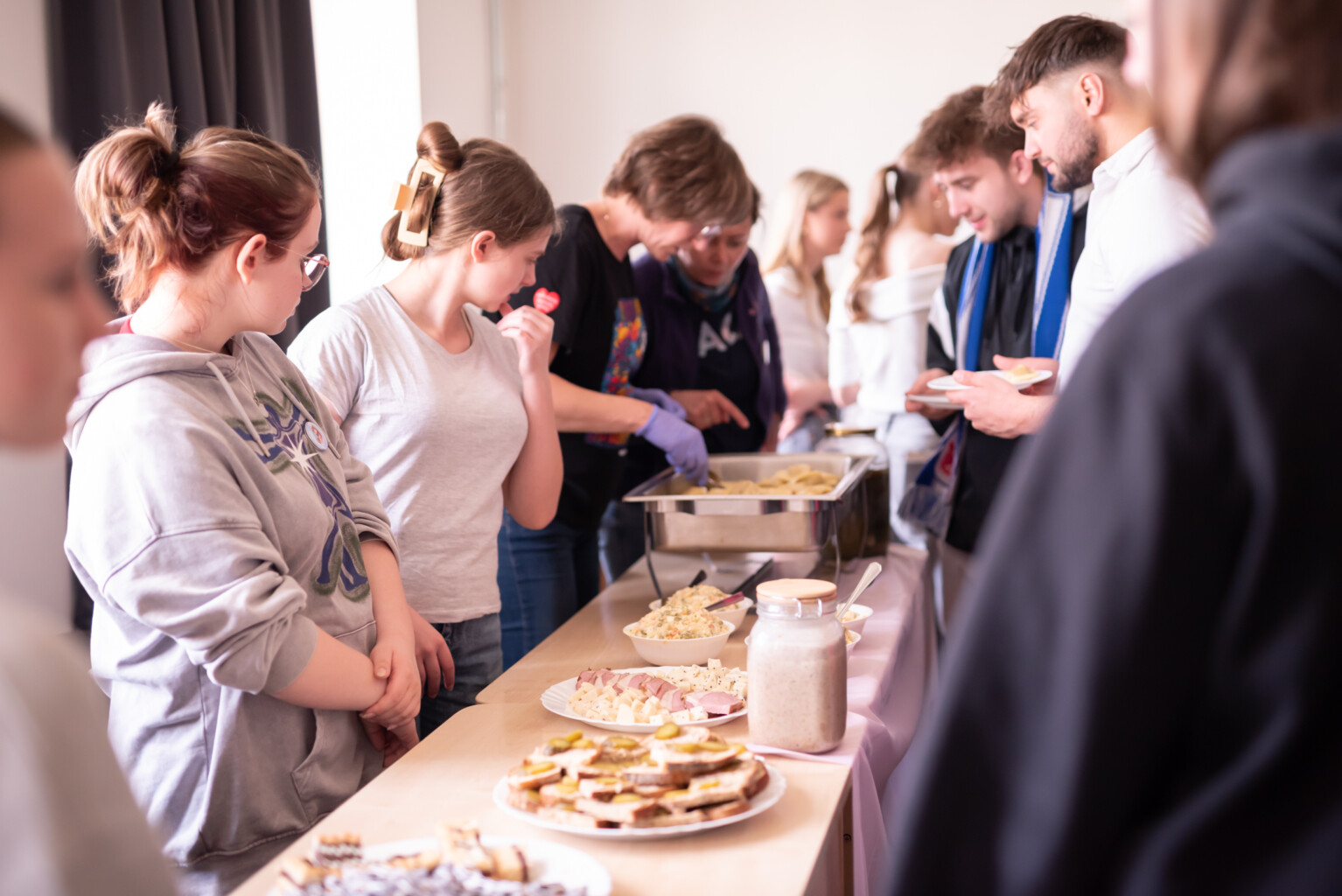SCONE
Interreg South Baltic NO STHB.04.01-IP.01-0004/23

Centre for school and Learning, University College Absalon (DK)
Chair for Business Economics and Entrepreneurship education, University of Rostock (DE)
Rietavas Laurynas Ivinski Gymnasium (LT)
Rietavas Tourism and Business Information Centre (LT)
Association of Polish Communes Euroregion Baltic (PL)
Project related events

SCONE - second day of teacher training in Rostock
The second day of training focused on combining reflection with concrete planning of activities in the area of education for […]

SCONE – Drugi dzień szkolenia nauczycielskiego w Rostocku
Drugi dzień szkolenia koncentrował się na połączeniu refleksji z konkretnym planowaniem działań w obszarze edukacji na rzecz zrównoważonego rozwoju (ESD). […]

SCONE - How to teach sustainable development in practice - workshops for teachers in Rostock
From February 24 to 26, teachers from Denmark, Germany, Lithuania, and Poland are participating in workshops on implementing education for […]

SCONE - youth camp
Over the last three days, we have been both the organizer and participant of an unusual project event – the […]
SCONE's first educational workshop
How to move from climate anxiety to action? Climate anxiety and education for sustainable development (ESD) On May 14, the […]

SCONE - meeting in Denmark day 2
The second day of the SCONE project was extremely intense in terms of content and arrangements for cooperation for future […]

SCONE project - sustainable development initiative
The first working meeting of Elbląg partners of the SCONE project is behind us. It was attended by: Piotr Kowal […]
SCONE - Sustainability Cooperation Network in the South Baltic
SCONE Project Overview
The SCONE project continues the work with schools and youth in the field of ecology, building on the GreenUp project. The main focus is on sustainable development curricula in high schools, pro-ecological activities, working with teachers and students, and strengthening extracurricular education. The project aims to fill this critical gap by developing and implementing innovative educational programs that equip youth with the knowledge and skills needed to take meaningful action in the face of the global climate crisis. By fostering a sense of agency and collective responsibility, we aim to inspire and empower future generations to be leaders in combating climate change.
Project Objectives
The SCONE project focuses on strengthening cooperation in the Southern Baltic region by addressing climate issues among students through cross-border collaboration. It aims to support cooperation, knowledge exchange, and innovation to promote innovative teaching methods and extracurricular activities. These initiatives will enable students to inspire each other and create regional networks to address global climate challenges locally and regionally. Students will enhance their cross-border collaboration skills by working together on sustainable development issues. Their efforts will be showcased at sustainability camps and hackathons, encouraging active participation in tackling climate challenges. The project recognizes the crucial role of schools and teachers in creating meaningful challenges that inspire and offer both learning potential and action opportunities. Teachers will play a key role in facilitating and supporting young people's educational activities while allowing them the freedom to develop their own initiatives.
Project Outcomes
The outcome of the project will be the creation of a network of organizations with enhanced cooperation capacity. These organizations will work together to promote sustainable development using a holistic approach that involves the entire school. High school teachers and teacher training colleges will increase their capacity to collaborate by focusing on education for sustainable development as a teaching practice.
PROJECT BRIEF
Program: Interreg South Baltic
Project Area: Schools, youth, ecology, nature-based solutions in small and medium-sized towns
Project Scope: Local and transnational
Role of STG ERB: Partner with its own budget
Funding Level: 80%
Project Budget: 1 900 000,00 EUR
STG ERB Budget: 166 173,20 EUR
Project Consortium: 6 partners - 2 from Denmark, 1 from Germany, 2 from Lithuania, 1 from Poland, and 2 associated partners.
